2025
Fields of Fire by Marko Kloos
I really appreciate the way Kloos structures the series. As a friend pointed out, he doesn't insist on pacing all books evenly; the previous one was relatively calm, then this one was all combat almost all the time. It makes for a more natural narration and I think it suits the series well.
I also really appreciate that he didn't use That One Last Thing At The End for a stupid cliffhanger, but made it into a satisfying resolution instead. That earned Kloos even more points in my book.
Magic Breaks by Ilona Andrews
I like where the series is gonig so far. 🙂
Magic Rises by Ilona Andrews
As expected of this series - may not be too deep, but it's a lot of fun. I almost feel bad for giving it the same amount of stars as Solo Leveling, because this has much better characters and the prose is on a completely different level. But I guess the 3-star category simply has to be quite broad.
Magic Slays by Ilona Andrews
I wanted to listen to this again in the GA version. It's good, but I feel like the effects were better in the previous book.
Solo Leveling, Vol. 8 (novel) by Chugong
What a disappointment. 😟
Only the first fifth of the book is taken up by the resolution of the actual plot, and the rest is "epilogue", but basically in the form of alt-universe fan fiction.
The ending of the actual plot was so stupid it felt like the author just wanted to set up a reason for the subsequent fanfic and didn't care that it makes no sense in context.
I thought I might give it 3 stars either way, because some of the fanfic stories were fun; but the last one was so bad that I changed my mind.
What a shame. I don't think I will be recommending Solo Leveling to anyone anymore.
Solo Leveling, Vol. 7 (novel) by Chugong
We're learning more about the events driving the plot the whole time. Interesting! I want to see where this goes. 🍿
Solo leveling, Vol. 2 (novel) by Chugong
I'm glad I continued the series - this time, there really were additional details that didn't fit in the other adaptations, which I enjoyed. On the other hand, the redundancy of prose is still grating, and the spelled out "sound effects" still don't work well in an audiobook. Especially if the narrator reads out "cough, cough" instead of, you know, actually coughing...
But whatever. It's fast-paced, fun, and since I already know the plot, I don't have to focus too much while listening.
Solo Leveling, Vol. 1 (novel) by Chugong
I've read a few volumes of the comics version of Solo Leveling, I've seen both seasons of the anime, so I thought I might as well compare with the "light novel" version, and the audiobook. I'm not sure if I ever read a light novel before. 🤔
I was also hoping to learn a bit more backstory. But there wasn't much of that, unfortunately.
The audiobook narration was good; the writing itself, however, often felt redundant, and the author often resorted to the old method best called "show AND tell AND then explain again for the dumb ones in the back". And the narration of sound effects was a bit jarring at times.
I might try the next one, anyway. We'll see.
Rule 34 by Charles Stross
This was so much worse than Halting State. :(
Halting State by Charles Stross
I liked the characters and the plot; it was pleasantly reminiscent of Reamde.
Oryx and Crake by Margaret Atwood
I didn't expect this to be so weirdly... touching? I enjoyed it a lot. Makes me want to look up more from the series, and from the author.
Update: darn, only after finishing did I realize I had an abridged version of the audiobook.
Geniální přítelkyně by Elena Ferrante
(Known as My Brilliant Friend in English)
This was a bit outside my usual comfort zone. It was one of those books that I'd probably never finish on paper, because the pacing is a bit slow and the prose verbose; but I can listen to audio on a faster speed than I can read, so it balances out a little bit.
So that's the reason I'm not giving it 4 stars. But I like how the books explores its themes; of friendly rivalry and of talents squandered or nurtured. And the ending was excellent. I think I will be continuing with the series.
Ask a Historian: 50 Surprising Answers to Things You Always Wanted to Know by Greg Jenner
The stories were interesting and many of them were new to me. The audiobook version ended with a very humorous chat between the author and 3 other people - that was a very welcome addition.
If you're looking for edutainment, go for it.
Super Dinosaur #23 by Robert Kirkman
Bought this because of the funny cover. I guess that's enough of this series for me.
Blasphemy by Douglas Preston
Started out well...
Tau Zero by Poul Anderson
One could say that the real protagonist here was the speed of light, and the characters were there to struggle with it and deal with its implications.
I really liked the first half of the book; then it dragged a bit; but then it got good again near the end. I did not see that ending coming.
And this was one of those books where I kept wondering how much my enjoyment of it is predicated on prior knowledge of the topics discussed. This is a hard sci-fi, and while the author does a good job of explaining everything, I still wonder whether it makes a big difference or not.
The Story of Classic Crime in 100 Books by Martin Edwards
It was an informative book - well written, well researched, well structured. I guess it's just not really for me. I do like the detective genre, but I haven't read most of the books mentioned, and I don't have a good memory; so I could neither just enjoy a recap of my favorites, or gather tips based on (often very enticing) descriptions, because I don't remember which book was which 10 minutes after I closed the book.
I did still jot down a few tips which I might read eventually, but that doesn't feel like much.
Water Moon by Samantha Sotto Yambao
This is what a modern fairytale should look like. It works very well, because one of the two protagonists is a physicist in over his head in an unknown land. There's plenty of seemingly arbitrary "fairytale logic" solutions to problems; but he's always there to act as a foil and ask the question - the reader is thinking: How on Earth does that make any sense?
Because of that, it reminded me of Mark Helprin's Winter's Tale. If you had to choose just one, read Winter's Tale - it was better and had beautiful prose as well.
But I don't want to disparage the Water Moon - it's a new fave and I can heartily recommend it.
Imager's Intrigue by L.E. Modesitt Jr.
I enjoyed it somewhat less than the previous instalment, but it's still good. I enjoyed seeing how Rhenntyl moved from a publicly exposed position to working behind the scenes to influence events in Solidar.
Imager's Challenge by L.E. Modesitt Jr.
What an excellent book! There's high intrigue, there's scheming and plotting, there's violence. But above all, there is compassion an companionship and a sense of togetherness. Rhenn finds a stalwart ally in his girl and her family. The depth and evolution of his relationships to the people around him were probably the best part of the book.
Measures of Absolution by Marko Kloos
An old character, but a new PoV. This one was way better than Lucky Thirteen.
Lucky Thirteen by Marko Kloos
It was okay. The change of PoV was nice.
Terms of Enlistment by Marko Kloos
Well, at first I thought this is a decent mil sci-fi - enjoyable, but not ground-breaking. And quite varied, considering the protagonist's career changes. But the twist about three quarters in made me bump the rating up. I might want to read more in the series.
That was my original review. After a re-read 7 years later, I've bumped it up to 5 stars. And this time I'm actually going to read the rest of the series, too.
A Hacker's Mind: How the Powerful Bend Society's Rules, and How to Bend them Back by Bruce Schneier
A useful framework of looking at the world and the society at large, especially if you haven't seen the concept before. Heavily US-centric, but it was acknowledged, so that's hardly a negative.
How We Got to Now: Six Innovations That Made the Modern World by Steven Johnson
I want more books like this: focusing not only on inventions, but also their social impacts, historical contexts, and more.
I also appreciate that while the author drew sprawling connections over large swaths of history, he made sure not to overstate the impact of individual inventions or events. When appropriate, he highlighted that one thing enabled another, while still acknowledging that there are other important factors, social currents, et cetera.
Sid Meier's Memoir!: A Life in Computer Games by Sid Meier
I didn't learn much about Meier's personal life, and many things were just glossed over or simplified; but it still was interesting. Meier went out of his way to make sure he isn't posing as a hero or taking himself too seriously.
The book's name was chosen well: not only because of the reference to the naming of Meier's games, but because it describes the structure of the book, too; each chapter of the book and his life is described and defined in terms of the games he was working on at the time.
2024
Shiver: Selected Stories by Junji Ito
Ah, I keep changing the rating between 3 and 4 stars. Can't decide.
I think I liked Used Record and The Long Dream the most.
And I've enjoyed not only the author's commentary, but the included first draft pages as well. Great to see how much the stories changed since their first inception.
The Dispatcher by John Scalzi
Exactly what a sci-fi novella should be: a concise expiration of an interesting premise.
Imager by L.E. Modesitt Jr.
It's not every day that I find a book with a good plot and written so well, that I'm always looking forward to the next scene. Maybe it'll be a lot of action, maybe a dialogue, a romantic scene, or anything else - but not a dull moment to be found.
Hackers and Painters: Big Ideas from the Computer Age by Paul Graham
A good collection overall. Some essays do show their age, but sometimes they might have been closer to the truth when they came out, and the situation changed (especially the ones dealing with business practices). The book is twenty years old, after all.
Kudos to Graham for nailing some of his predictions - he got Microsoft's cloud push down to a T.
The commentary on programming languages was well thought out, even if I don't agree with all of his conclusions. I'd like to know what he thinks now and whether he changed any of those opinions.
(My take is that static typing is better, and if it makes you struggle too much, you first need to check whether your IDE tools aren't lacking.)
Overall, not a bad collection of essays, even if I don't think all of them are necessarily still relevant.
Misery: A BBC Radio 4 full cast dramatisation by Stephen King
Didn't like it much
Terry Pratchett: A Life With Footnotes: The Official Biography by Rob Wilkins
I didn't know much about Pratchett - I didn't even know he had a long-time assistant who also was a dear friend. And what a difference it made! Not only can someone who was close to the action re-tell a lot of it, but one could feel the affection between them from the entire text. Wilkins clearly learned a thing or two, because he did manage a few bits of pratchettian humor as well, to say nothing of the omnipresent footnotes. And he also narrated the audio version of the book. Very much recommended.
Wuthering Heights by Emily Brontë
If the excellent Pride and Prejudice was "just a bunch of people visiting each others' houses", and Middlemarch was "the same thing, but a bit too long", then this is "the same thing, but every character is a self-obsessed cretin".
It was a bit of a mixed bag. I don't generally like books that are mostly about people making other people suffer needlesly. In the beginning there were a few places where we got a wink and a nudge from the author, hinting that she knows exactly how pathological the characters are, and wants you to take it as such; but most of the second half was really horrid for me.
SPOILER: The ending helped it a bit, though I do think it's hilarious that "every main character died" counts as a happy-end here. 😀
Water Sleeps by Glen Cook
Surprisingly good. Some parts of Sleepy's inner thoughts felt a bit awkward and stilted, especially the theological ones. But overall, an enjoyable book, a good set-up to the last book in the series, and I'm looking forward to finding out where it goes from here.
Flowers for Algernon by Daniel Keyes
Another sci-fi classic that lived up to its reputation. Ah, the apprehension I felt when it was first hinted at how it'll end...
Zápisky mladého lekára by Mikhail Bulgakov
In a few places it really reminded me why I usually avoid realistic books full of human suffering, at least when reading for pleasure. But it wasn't as bad as I expected it to be, and more importantly, it simply is a good book. The way the protagonist was honest with himself (even while trying to project confidence) was endearing.
She is the Darkness by Glen Cook
After finishing this book I realized I accidentally skipped the previous one in the series. I did wonder about the unusually high number of blanks the author left for the reader to fill in :D but the book still did make sense and I think I understood everything. So that's a definite plus for the book. There also were a few places where the mystery around the standard bearer were a little reminiscent of the Malazan Book of the Fallen, which was also a plus.
It feels like I went through a lot with these characters: in the first book, Croaker was a physician in a mercenary company, serving a distant Lady he could ony dream about. And so much has changed since then... That's been a really enjoyable aspect. But overall, I still think the book was too long and dragged out. And I missed Croaker a little.
Head On by John Scalzi
At times I barely kept up with the pace, but it was fun. I also appreciate the punny name.
Jeden den Ivana Děnisoviče by Aleksandr Solzhenitsyn
I wondered whether to give it 4 or 5 stars. There were parts where it was dragged out for way too long (e.g. the bit about masonry). But I guess I see what the author was doing there. Plus, the reminder of how much the previous regime sucked is also appreciated.
I'm Afraid You've Got Dragons by Peter S. Beagle
Not a bad fairytale. The subversion of the dragon trope - portraying them as vermin (and later saying they exist in all sizes) - was original and worked well to explain how the protagonist could train working with them while being poor and unimportant. On the other hand, this trope subversion was creative in a way similar to making vampires sparkle.
CivCEO 5 by Andrew Karevik
Yay for character development
A Memory Called Empire by Arkady Martine
This was almost flawless. Not only does it have a good story and great characters, but served as an interesting insight into cultural influence of a great empire onto small ones - from the PoV of someone from the small one. That rings relevant for many of us here in central Europe. The emphasis on language and custom as a way of shining light onto a clash of cultures was also very well done.
And Amy Landon's narration was unbelievably brilliant. Haven't heard its like in ages. I'll have to look up more books she narrated.
CivCEO 4 by Andrew Karevik
It was fun, but what the heck was with the ultimatum at the end?! 😅 Also it seems a bit of a shame that the book often feels that with minor changes and some more editing the prose could have been much nicer. (For example, there almost never is any foreshadowing. You learn any interesting world-building details in a short exposition dump at the moment it becomes relevant.)
The Silver Spike by Glen Cook
Okay, I didn't expect a book this good from this series. The PoV change was interesting - we're no longer following Croaker. And I also like how the author went "remember the last book? Just you wait until you learn what was happening AROUND them, without them knowing!"
The Bezzle by Cory Doctorow
I liked the first book, but this one is even better. The characters seemed more like personable humans, and the various scams kept it varied and interesting.
Shadows Linger by Glen Cook
I guess it was better than The Port of Shadows. Kinda liked it.
How Music Works by David Byrne
I may be in the minority here, but I went into this wanting to learn about music, not about the author - whom I knew nothing about. There was barely enough interesting info so the book earns the 3 stars. It was okay, I guess. But the parts where Byrne talked about places he went and people he met or worked with were absolutely uninteresting to me, and a bore to listen to.
The most interesting parts were right at the beginning: about how music influences the venues built for it, how the venues in turn influence musical compositions made with them in mind, how the changing social mores and easy access to technology shaped music, et cetera. The parts about various financing and distribution models were also somewhat interesting, though I don't think enough attention was paid to various issues with the contemporary streaming business models. (You can read some Doctorow if you're interested in that.)
Good Morning, Midnight by Lily Brooks-Dalton
A beautiful exploration of solitude - among the crowds and on an empty world. Very much recommended.
Mythos: The Greek Myths Reimagined by Stephen Fry
This is the right way to do a retelling: it is presented as an actual narrative, not an encyclopedia. Yet it doesn't try to re-interpret or change the source material. I liked Gaiman's retelling of the Norse myths for the same reasons.
In addition, Fry also sometimes steps away from the narrative to provide information or context for the reader - historical information, other interpretations or versions of the events, et cetera. He compellingly presents the narrative - but doesn't pretend his is the only valid interpretation.
CivCEO by Andrew Karevik
This is an interesting twist on the usual LitRPG genre - this time the protagonist isn't an almighty hero running around being all smart and glorious; instead, he acts as a director, manager, trader, diplomat.
Don't get me wrong: it still kinda is a power fantasy. Except Charles' feel-good exploits are centered on capitalism, instead of a sword or a gun. (Interestingly, I don't think there were any 'exploits' in the traditional gaming sense of the word - using bugs or unintended feature interactions to get an advantage.)
The book was enjoyable enough; a typical "not great, not terrible, you get what it says on the tin" situation. But sometimes the prose was befouled by corpo-speak in unexpected places. For example, we are unironically presented a fantasy-medieval peasant woman saying things such as "You’re promoting people [and] you’re giving us the tools we need for success". 🙄
Port of Shadows by Glen Cook
I guess I didn't like it all that much. 😕 The plot was all over the place and I really don't understand what the point of it all was.
I did like the other timeline set in the past. A mighty, not quite sane necromancer that is uninterested in domination and only yearns for a family and to continue his scientific pursuit is a breath of fresh air.
The Black Company by Glen Cook
I'm not sure why I wanted to continue this series. It's been 5 years since I read the first one, and I only remembered small fragments. I gave it 4 stars back then. But somehow it nagged me, so I re-read it now and will continue the series. Let's see how it goes.
One thing is for sure: I got a bit better at reading books, so now I also caught parallels and trope twists that probably should have been obvious the first time around.
Net Force by Steve Perry
This was a fun little novella. It's a classic "US good, foreigner mafia bad" kind of story, but I guess that goes with the territory. It's also always fun to read older tech-heavy stories. The far future of 2010 never looked so enticing. 😁
The Gate of the Feral Gods by Matt Dinniman
It was fun, and I'm really looking forward to the next one. On the other hand, some parts felt like a slog, and the next book is three times as long as the first one was. I'll be taking a break before continuing the series.
The Dungeon Anarchist's Cookbook by Matt Dinniman
In some places it seemed a bit too padded out. But the pace really picked up later, so all in all a fun read.
Dungeon Crawler Carl by Matt Dinniman
The second LitRPG author I've tried, and again a good one. I wonder if I'm choosing well, or if my previous skepticism about this genre was unwarranted.
Carl and Donut are endearing and funny. The premise of Earth being turned into a game dungeon by aliens as a money-grab to stave off bankruptcy also is interesting and creates interesting dynamics. It reminded me of the Hunger Games - but whereas there poor people were forced into a PvP battle by rich people, here all people are (killed or) forced into a PvE campaign by aliens, for realityshow and sponsorship money.
Titan's Rise by Rhett C. Bruno
I'm not really sure why I liked this so much less than the previous one. At one point I felt quite put off by the protagonists' characters - but that makes little sense, because I knew from the past books that everyone here is a self-centered, callous ass. Maybe it was because here there were fewer extenuating circumstances to hide behind?
I will continue the series for sure - I want to see how the story pans out. But at this point I think there's no way it's gonna be a happy ending in any way, shape or form.
🍿
The Day of the Triffids by John Wyndham
Hadn't I read this right after The Long Tomorrow by Leigh Brackett maybe I would have liked it even more. Where The Long Tomorrow had a clarity of focus, a thesis it went on to thoroughly explore in the entire book, and an interesting conclusion (where neither of the conflicting viewpoints were presented as immediately better, and the reader can think for himself) - this aspect was lacking in The Day of the Triffids.
The original blinding calamity and its fallout were interestingly handled and also explored nicely. But the titular triffids just felt added to increase the tension very slightly, and they played almost no significant role for 90% of the book.
It still is a good book, and I'd recommend it. And I loved the british vocab.
The Long Tomorrow by Leigh Brackett
I like when a book picks a thesis and sticks to thoroughly exploring it through a personal narrative. The premise of society mostly reverting to a rural one after a nuclear holocaust, with familial and societal roles returning to what they weres some 300 years ago, and the new status quo being enforced by changes to the US Constitution and local religions was both believable and well crafted.
I loved that we got to see the world through an inquisitive, smart protagonist; and that it was set 80 years after the catastrophe, so there still were people alive who remembered the comparative opulence of life before. We are presented a lot of questions that the protagonist poses to himself, explores and tries to come to terms with. Multiple times we see him come to a conclusion or a resolution, only to be thrown off again by new perspectives. But in the end, we don't get any definitive answers. He eventually understands that pretending we can stay in the past forever is futile; but trying to return to the previous state of affairs might end up in disaster again. Which of the two distasteful options do you choose? And will you choose by your gut feelings and desires, or by what you consider a correct extrapolation of potential future developments?
Also props to the author for pulling off a fantastic post-apo book without resorting to any sci-fi elements.
Fave quote:
The cities were sucking all the life of the country into themselves and destroying it. Men were no longer individuals, but units in a vast machine, all cut to one pattern, with the same tastes and ideas, the same mass-produced education that did not educate but only pasted a veneet of catchwords over ignorance. Why do you want to bring that back?”
Slovensko fantastické by Prešporské divadlo
Herci boli prevazne fajn, aj ked vacsina z nich sa ani len nepokusila o vyslovnost prilezitostneho anglickeho slova.
Obsahovo to bolo trocha otaznejsie - niektore naozaj potesili, niektore skor nic moc, ale niektore sa vobec nijako netykali titularnej temy. To mi pri tematickych zbierkach celkom vadi.
(Na dovazok, to iste platilo aj o ich zbierke Slovensko komicke. Znie to, ze bud nemaju dost autorov, alebo nie su schopni si to ustrazit takze neocakavam, ze by ostatne diely serie boli z editorskeho hladiska lepsie.)
Winter by Marissa Meyer
A decent ending to the series. I had a 10-year pause after the 3rd instalment, not sure how or why that happened.
The author made sure to tie the entire series with a nice bow, and made sure all characters introduced so far were given enough space. It was a bit too lengthy at times. And of course, this is based on fairytales, and a YA, and a part of the Lunar Chronicles - enjoy the ride, don't scrutinize the the logic of all the things too much. 😁 (Though there was no idiot ball juggling this time, which is appreciated.)
Solo Leveling, Vol. 3 by Chugong
Getting interesting.
Legends & Lattes by Travis Baldree
Cozy and nice, a very pleasant read. The audio narration was also great.
There was only very little romance, but the right amount of romance for me in a book such as this is zero, so it felt like too much, anyway.
Solo Leveling, Vol. 1 by Chugong
Seems like a pretty okay start to what looks like a litrpg. I'm reading this after watching a few episodes of the anime and I have to say I appreciated how that adaptation added a little more context before diving into what happens here.
Doom Guy: Life in First Person by John Romero
Learning more about Romero's background was interesting. I appreciate the positive outlook he always seemed to be striving for; he rolls with the punches and tries to go on cheerfully, no matter what calamity befell him. And there were calamities aplenty. I appreciate how he talks about his failures openly, and that he doesn't try to deflect blame. Even when talking about people he had issues with, there was no unnecessary hostility.
When I read articles about this book, some of them mentioned Romero's diagnosed hyperthymesia. While he did mention his hyperthymesia multiple times, I don't think he ever claimed it was oficially diagnosed. That's one thing I would ike clarification on, though that's no fault of the books - maybe he just self-diagnosed, didn't make any misleading claims, online publications misrepresented it and got me confused.
Ah, one last thing: there were no gratuitous descriptions of coding or deathmatch sessions of the kind presented in Masters of Doom. That's not a bad thing - just a heads-up in case that's what you're expecting.
Magic Slays by Ilona Andrews
I wanted to listen to this again in the GA version. It's good, but I feel like the effects were better in the previous book.
2023
Messenger’s Legacy by Peter V. Brett
A short story, but Brett manages to show us all the tricks that make his stories a delight to read: rich characters, suspense, interesting plot that fits into the overarching narrative. And we get to see how a humble messenger influenced the fate of the world simply by being kind to kids.
Word by Word: The Secret Life of Dictionaries by Kory Stamper
Some parts, especially the beginning, sound a bit boring if you ever heard anything about the history of English.
But mostly, it shows the nitty-gritty details of how a dictionary is built, how its entries are crafted, and what does it does not factor into the process.
Magic Mourns by Ilona Andrews
The change to Andrea's point of view for the entire story was welcome.
A Christmas Carol by Charles Dickens
One of the classics that lives up to its reputation. It perfectly captures all the joys of Christmas. ♥️
A Questionable Client by Ilona Andrews
I don't like idiot plots. And the sex bargaining thing was extremely lame.
A Grown-Up Guide to Dinosaurs by Ben Garrod
Rather than a standard (if short) audiobook, this audiobook contains many snippets of interviews with scientists. So in a sense, it resembles a radio show or a podcast.
It's structured very well. I wasn't sure what to expect, and hoped for more than a list of dinosaur facts (a la a children's book). And my expectations were met and exceeded: not only does the book provide an overview of the entire timeline of the dinosaur's existence on earth, it also provides a lot of context, and often even outlines specific scientific methods that were used to get to this or that conclusion. That's very appreciated - many pop-sci books just quote facts that "scientists discovered", without even mentioning how, which feels a little incomplete.
Killing Me by Michelle Gagnon
Enjoyable, if a bit dragged out at times. Still good fun.
Redshirts by John Scalzi
A nice, thorough exploration of the meta-narrative from the PoV of people either within it, or creating it from the outside.
One Bad Roll: An Isekai LitRPG Adventure by Ryan Rimmel
I had a bit of a hard time getting into the book, but that may just have been because I'd recently finished two other isekai litrpg books by the same author. Eventually it got better and was quite fun; I'll continue the series, I think.
Catch-22 by Joseph Heller
It sometimes felt a tad too dragged out. It was a completely bonkers book about the insanities of war.
Deepwater Dungeon by Ryan Rimmel
The protagonist was a cute little crab! And he got a starfish friend, who was a ninja! It was adorable!
Unfortunately, it was also very wordy and kinda bloated. I kept getting back to the book because I've just finished Rimmel's Noobtown series and wanted more of the same, but sadly, this was nowhere near as good.
It really was cute, though; and the world was interesting. (It also clearly has deep worldbuilding behind it, which I tend to like; but maybe there was too much of it crammed into too little other stuff.)
Tower of the Noobs by Ryan Rimmel
The audiobook narrator, Johnathan McClain, is excellent. And multiple times during this book I had to pause, to give myself a bit of time to stop laughing. Then I rewound a bit, listened again, laughed some more.
When I was done with the book, I went over the bookmarked funny parts for another laugh.
Can't give a book that does this a bad rating, now can I.
Dungeons and Noobs by Ryan Rimmel
The going gets tougher for Jim!
At first I thought this one will get a lower rating, but the ending was great.
The Book of Random Tables: Cyberpunk: 32 Random Tables for Tabletop Role-Playing Games by Matt Davids
Was curious what these look like.
The Mayor of Noobtown by Ryan Rimmel
I decided to try myself a LitRPG. I expected a short, fun, light-hearted romp, and that's what I got.
I initially wanted to subtract a star because, especially in the beginning, the re-iteration of the protagonist's character sheet was annoying; and it was wordy, so I listened to the audiobook at a much-increased pace. (Read: I probably wouldn't have the patience if I had to read it on paper.)
But on second thought: it was fun, I got what I asked for, and it did make me want to start the next one immediately. So as long as you go into it with expectations properly set, I'd recommend it. 👍🏻
FOLK-LORE by Kolektív autorov
I've stumbled upon this book by accident today at the gallery. It's a critical discussion of Slovak folklore and traditions, through the lens of social issues in a patriarchal society. The text is in Slovak and English. It also has pretty pictures.
The ⭐⭐⭐⭐ rating here, of course reflects how well I think the book handles the discussion it presents, not whether or not I agree with their specific methods or conclusions.
I'm no expert in the topic; to me, the textual introduction of the chapters seemed adequate. The works showcased were really striking sometimes, and managed to hit the right spot: not only serving as commentary on the topics in question, but functioning as works of art in themselves. (Some didn't - see below.)
Some areas were less rosy, though. There was more than chapter with only 1 - 3 images in them; that seemed a bit weak. More importantly, however: some of the works sucked. If you want to make a point, and contrast it with someone else's work, at least make some effort. Putting a nice drawing from the 60s next to something that an eight-year-old would whip up in MS Paint in ten minutes seems disrespectful to the original author, regardless of your lame justifications in the accompanying text.
So all in all, it was an interesting look into how these women authors think about their (traditional?) role in our society.
Slovník súčasných slov 2 by @slovnik_sucasnych_slov
Eh. Started of good, was fun. But a big part of the book there just to be there - it got repetitive and boring.
Still, fun for a while.
The Data Detective: Ten Easy Rules to Make Sense of Statistics by Tim Harford
This book is well-written and engaging. But perhaps the best thing about it is its explicitly stated goal: not just to spot wrong or misleading data and cynically conclude everyone is lying and nothing can be trusted; but instead, a lot of care is put into explaining how to constructively interpret what's in front of your eyes and get to the underlying truth eventually.
Instead of sensationalism, it promotes quiet, meticulous diligence with the goal of understanding. The author advocates both for rigorous practice, as well as clear messaging.
The argument in the concluding chapter was unexpected and so brilliant it seems obvious in retrospect: that having the best, most rigorous data often doesn't help change minds, but that rephrasing your message in a way that engages with the recipient in a way that entices their curiosity just might.
Chain-Gang All-Stars by Nana Kwame Adjei-Brenyah
The aspect of people killing each other for the entertaninment of others will surely remind you of Battle Royale or the Hunger Games; but unlike those, Chain-Gang All-Stars is set to pretty much the modern-day USA, with a sci-fi gadget or two thrown into the mix.
As with those other two books, it dissects what people are willing to accept with enough brainwashing and convincing that it's okay as long as it happens to other people. Especially if they're from an undesirable social class. All of the characters are well developed and interesting, on all sides of the conflict, and Adjei-Brenyah pulls no punches.
I'm not an expert on those topics, but I think the USA's societal issues this book touches on are handled well and do represent the views on all sides quite accurately.
Extracts from Tricks of the Mind by Derren Brown
There were 3 chapters read by Brown himself; and the one on memory is really worth listening to. This is the first time I've encountered detailed how-to on memory tricks that actually work.
Fancy A Cuppa? British Slang 101: The Hilarious Guide to British Slang (Includes Must-Know Swear Words, Funny Expressions & Cockney Rhyming Slang) by Jeff Watson
About what you'd expect: a short, fun booklet.
Soon I Will Be Invincible by Austin Grossman
A superhero story set into an alternate history; I loved how it unapologetically embraced all of the superhero/supervillain tropes. Both PoVs were great.
The villainous single-mindedness and conceit reminded me of Yahtzee's Dr Diablerie. 😁👍🏻
The audiobook, especially Paul Boehmer's performance, is a treat.
Radicalized by Cory Doctorow
Fun novella-length explorations of four contemporary issues. I think I liked Unauthorized Bread and Masque of the Red Death the most.
Chokepoint Capitalism: How Big Tech and Big Content Captured Creative Labor Markets and How We'll Win Them Back by Rebecca Giblin, Cory Doctorow
An important book for anyone who wants to understand the dynamics of art and its economics in the world of today. It'll also help you understand why it's so hard to earn a living with art today, when there clearly are plenty of people willing to support their favorite artists.
Importantly, this is not a book of rambling complaints. It lays out the situation across many spheres, provides plenty of citations, and outlines ways to solve problems, without pretending there are easy fixes.
The book is quite US-centric. But given global influence of its corporations - we're all listening to the same Spotify and Audible, after all, and the various lobbying groups work across both our continents - it's still relevant. (And all of this is also acknowledged and discussed in the book.)
Before They Are Hanged by Joe Abercrombie
It again was really dragged out. A lot less of interesting character exploration, a lot more travelling. And fighting.
Still, once I adjusted my expectations, it was a lot of fun. I'd give it one star more, were it not fort he ending. I don't expect every ending to be a happy one, every endeavor a success - but if you say that basically nothing in the book mattered, then what was the point?
If this were the first book in a series, I would not continue. Since there's only one left, I guess I'll finish it, but my expectations aren't high at this point.
The Blade Itself by Joe Abercrombie
The beginning was really dragged out. And the ending felt abrupt - it's not a satisfying, self-contained story by any stretch. But I liked the characters well enough to want to continue the series.
Slaughterhouse-Five by Kurt Vonnegut Jr.
I don't understand why people claim that it's science fiction. Just because there are aliens in it? Come on!
It's a book about war. Specifically, World War II; more specifically, the firebombing of Dresden.
The author uses a disturbed protagonist who believes he was abducted by aliens to justify the book's unique non-linear structure that jumps around in time. It's largely an autobiographical work, spiced up with the narrative device of Tralfamadorian aliens.
My audio version had a bit of conversation between the author and (I think) his editor at the end. That was also great.
It's worth noting that I don't usually read "realistic, historical" books about wars because I have zero interest in reading unnecessarily detailed descriptions of people being thrown into the meat grinder of suffering. This book is not like that.
Anathem by Neal Stephenson
Just as rich and complex as one comes to expect from Stephenson. There were moments where I had to pause just to exclaim along the lines of "did you seriously just write that? Who let you do that?! That's hilarious and amazing!" 😁
The audiobook was excellent as well. It's one of those where there is music at the start of chapters. In this instance, I liked the music immediately; and got my mind blown when it turned out to be relevant to the plot.
(And the dictionary definitions at the beginnings of chapters were narrated by Stephenson himself, which I also appreciated.)
The Truth by Terry Pratchett
Haven't read a Discworld novel in quite a while. I've missed Pratchett's style. Though I think all the books I've read previously were set in the Discworld at large, not just a single, grimy city, so it was a tad more oppressive than what I'm used to.
Orbus by Neal Asher
This book starts off centered around side-characters from the previous books: Orbus, Sniper, and Vrell. And the plot doesn't even touch the planet of Spatterjay itself. I wouldn't mind that in itself; actually, the first parts of the book have shown interesting character development for Orbus. That's something this series really could use.
But by the halfway mark, all of that was forgotten... and also the book pivoted from a nice sci-fi to a sci-fantasy with elements I also disliked in Asher's book Dark Intelligence. It's not all bad; even though the descriptions of battles were long and drawn out, the rest of the plot was okay, and the ending was good. However:
Without going into spoilers, what basically happened was they resurrected the Sealed Evil in a Can, which immediately had random godlike powers and got to ignore all the rules of the series so far. As a narrative device to heighten the stakes, it failed for me utterly. If it were handled differently and had the character development not disappeared in the latter half of the book, this might have been the best book of the series. (Most especially, if the time scale the Jain thing happened on was longer; then it could have been written without what basically boils down to "suddenly the balrog got resurrected and did evil magic".)
As it is, it's the worst one by a wide margin.
Algorithms to Live By: The Computer Science of Human Decisions by Brian Christian
This book reminded me of How Not to Be Wrong by Jordan Ellenberg in that it described concepts, explained them, and illustrated how they pertain to real life. It's approachable to a layperson and seems relevant. It also shows a positive perspective on memory deterioration caused by aging! 😁
Your Letter by Hyeon A. Cho
I'd give this 3 stars; it was decent, but not amazing. But I'll add one because it was cute, positive and uplifting. 😊
Ready Player Two by Ernest Cline
I didn't expect it to be as good as the first book, but it still was a huge disappointment.
The first book had actual plot, where the protagonist was building his knowledge, putting in the work, building friendships, and eventually won through the Power of Determination and Friendship.
This has none of that.
Know what? I'll put it into a videogame simile, to keep with the theme of the book.
Reading the first book was like playing a complex game; a roguelike, or an MMO. There were failures, there was a lot of wiki-browsing and note-taking, a lot of exploration. Progress seemed earned.
Reading the second one was like watching someone speedrun a game, if that someone is just following a walkthrough, has no idea what's going on most of the time, and hands the controls off to someone else when he's too lost. It reads like a long list of outtakes from the first book - a ton of quest descriptions with no relevance or impact to the plot whatsoever. It could have been 50-60% shorter. I've only finished it because I had it in audio and could listen at almost 2x speed most of the time.
Yes, there were some decent moments, but overall, it's not worth it. And I didn't like the kind of bullshit about people's minds and bodies the book pushes as fact.
And that leads us to the last two important points. First: Wade, I think, was supposed to undergo an arc. In the beginning, he acts as a rich asshole; but then understands his errors and tries to mend things. He even acknowledges that he wasn't in the right regarding ONI, just as Samantha also acknowledges some points about it. BUT:
If you really accept the book' premise about the ONI principles (keeping it vague here to avoid spoilers): the protagonists very much commit unforgivable non-consensual violations against millions of innocent people. They do realize this. They just don't care. Their stance on the most important question on morals, volition, consent and basic bodily autonomy in their universe is "we'll figure it out later; we'll just do whatever we feel like, for now."
I think it was supposed to be a positive, upbeat ending; I found it sickening.
Fire by Kristin Cashore
It was fun, and the world full of vividly colored "monsters" interesting to imagine. The characters were always deeper and more complex than they at first appeared.
Yet somehow, I'm not especially eager to read the rest of the series. Not completely sure why.
Ready Player One by Ernest Cline
Some of the young-adult aspects were bringing it down a bit. But at least the romance wasn't botched.
And if you're wondering: no, you don't need to know anything about the 80s pop culture.
The Franchise Affair by Josephine Tey
Quite good. Unnecessarily drawn out at times.
I also appreciate a detective story with no murders.
Going Dark by Linda Nagata
A good enough ending to the trilogy, even though I liked it less than the previous installments. It still was split into three separate sub-arcs, just like the previous books, and there were a few intersting twists. But alas, it was a lot longer than it needed to be. It felt drawn out and lost a lot of the impact it could have had.
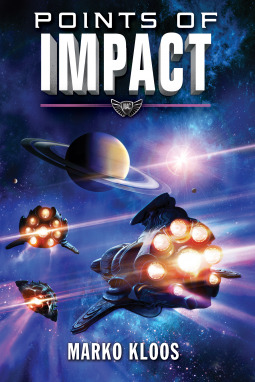 ⭐⭐⭐
⭐⭐⭐
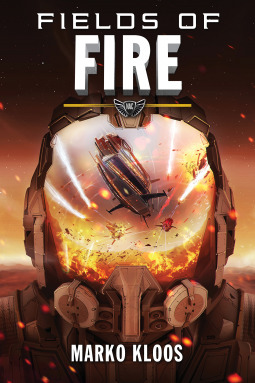 ⭐⭐⭐⭐
⭐⭐⭐⭐
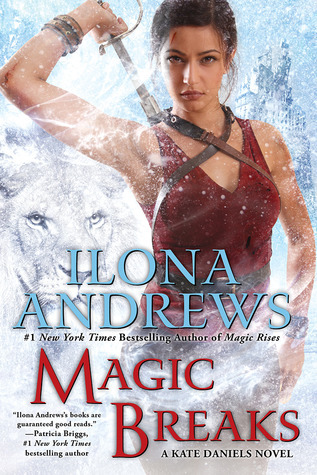 ⭐⭐⭐
⭐⭐⭐
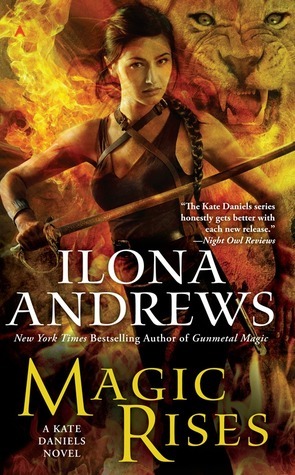 ⭐⭐⭐
⭐⭐⭐
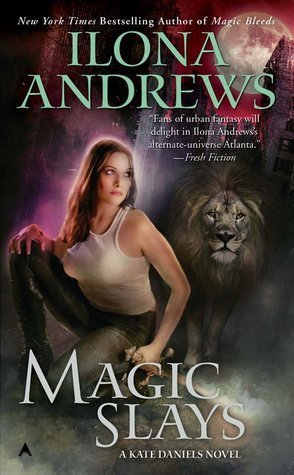 ⭐⭐⭐
⭐⭐⭐
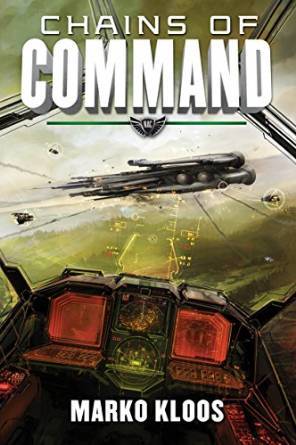 ⭐⭐⭐⭐
⭐⭐⭐⭐
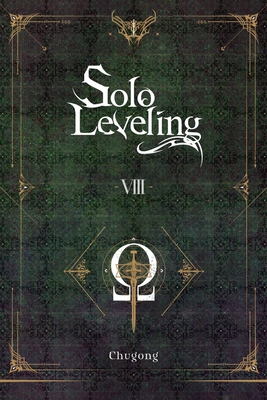 ⭐⭐
⭐⭐
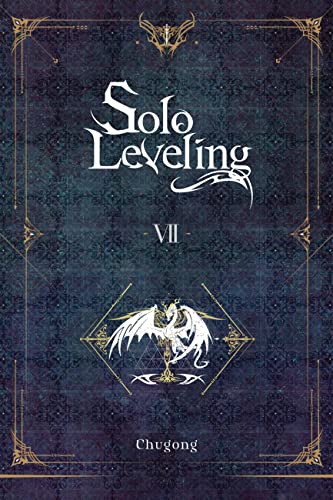 ⭐⭐⭐
⭐⭐⭐
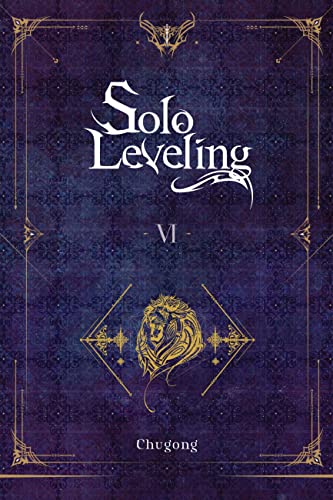 ⭐⭐⭐
⭐⭐⭐
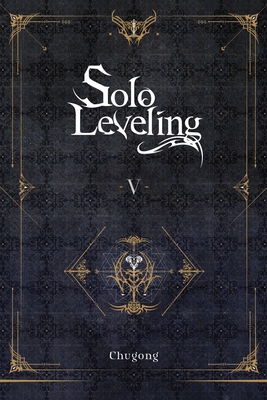 ⭐⭐⭐
⭐⭐⭐
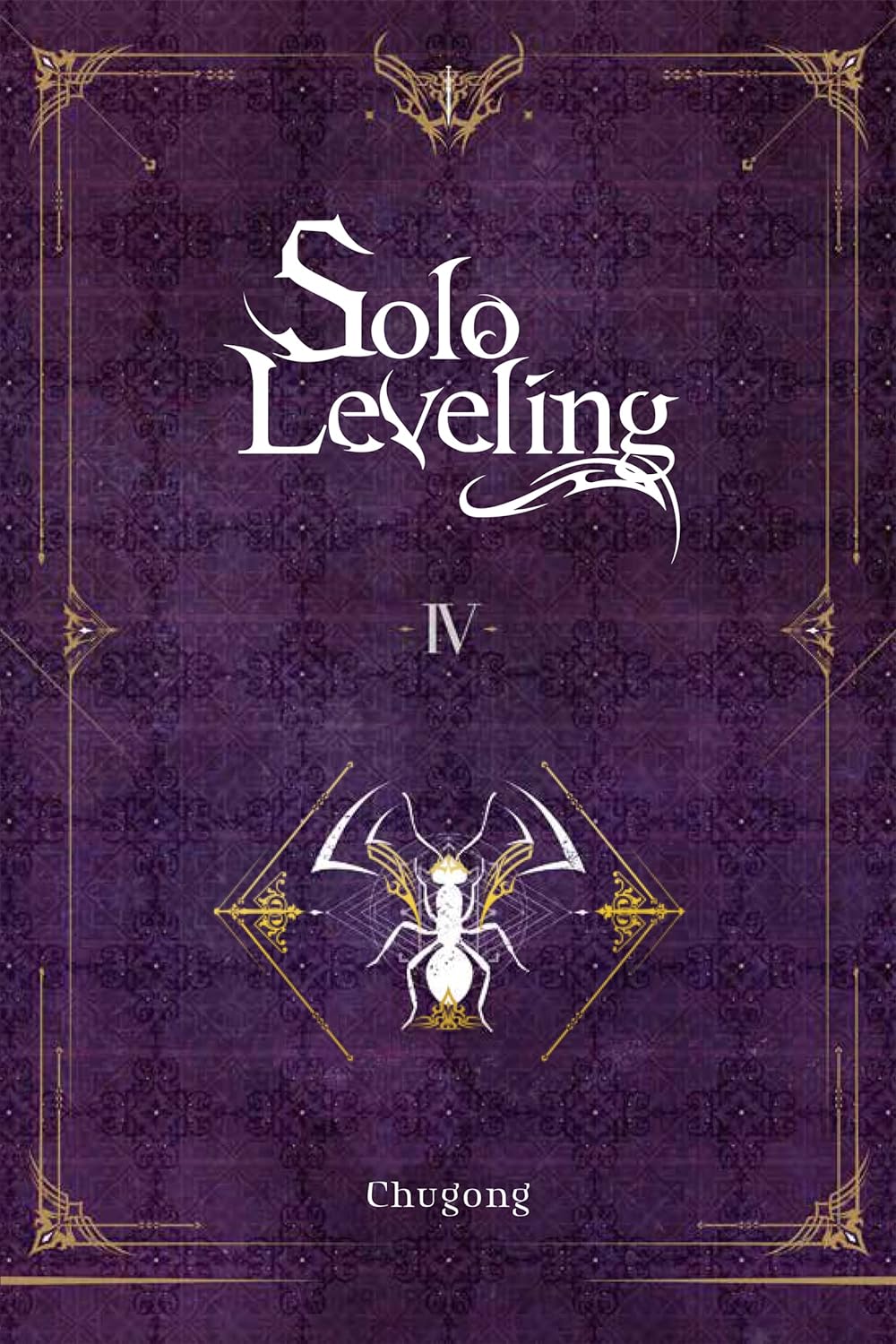 ⭐⭐⭐
⭐⭐⭐
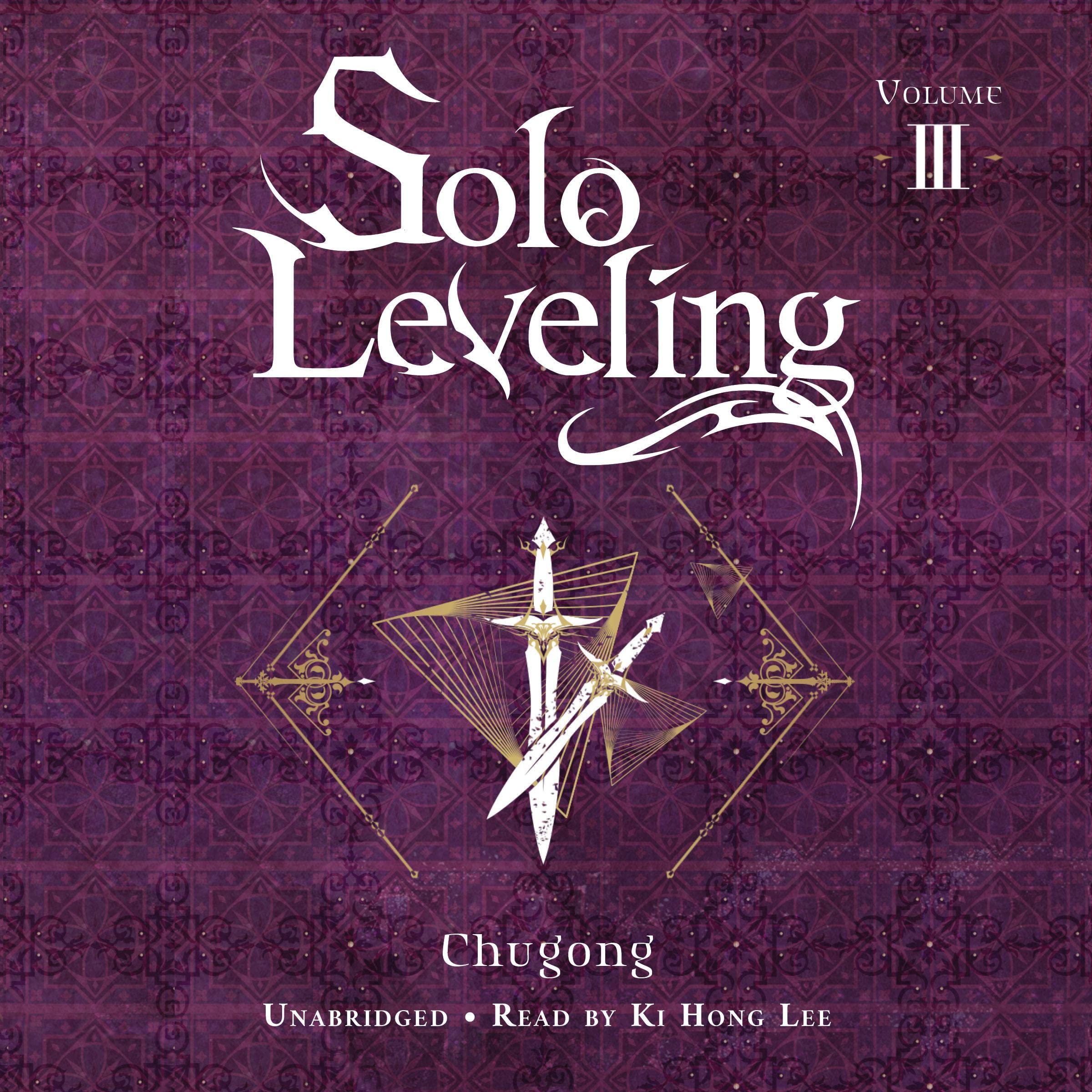 ⭐⭐⭐
⭐⭐⭐
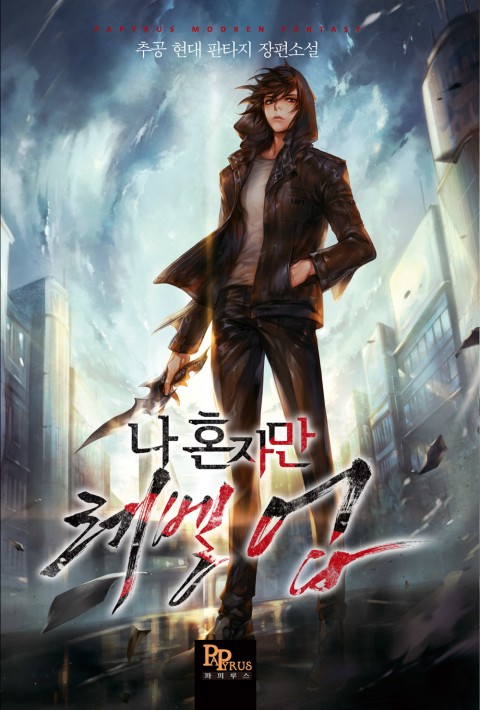 ⭐⭐⭐
⭐⭐⭐
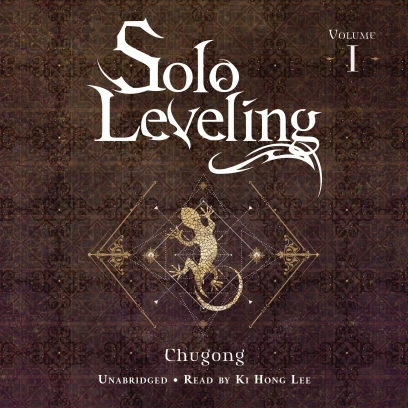 ⭐⭐⭐
⭐⭐⭐
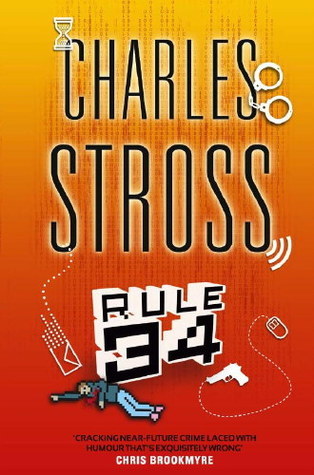 ⭐⭐⭐
⭐⭐⭐
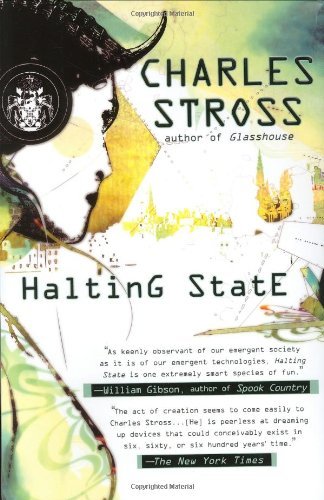 🌟🌟🌟🌟🌟
🌟🌟🌟🌟🌟
 ⭐⭐⭐⭐
⭐⭐⭐⭐
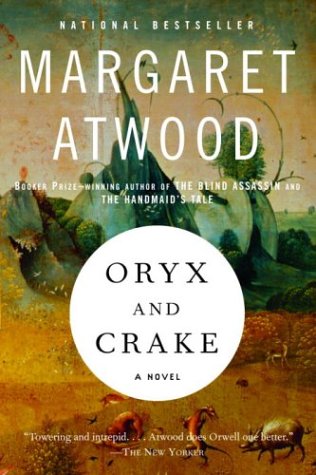 🌟🌟🌟🌟🌟
🌟🌟🌟🌟🌟
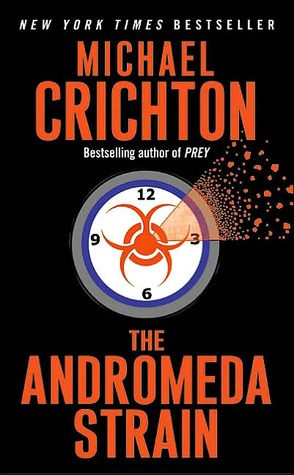 ⭐⭐⭐⭐
⭐⭐⭐⭐
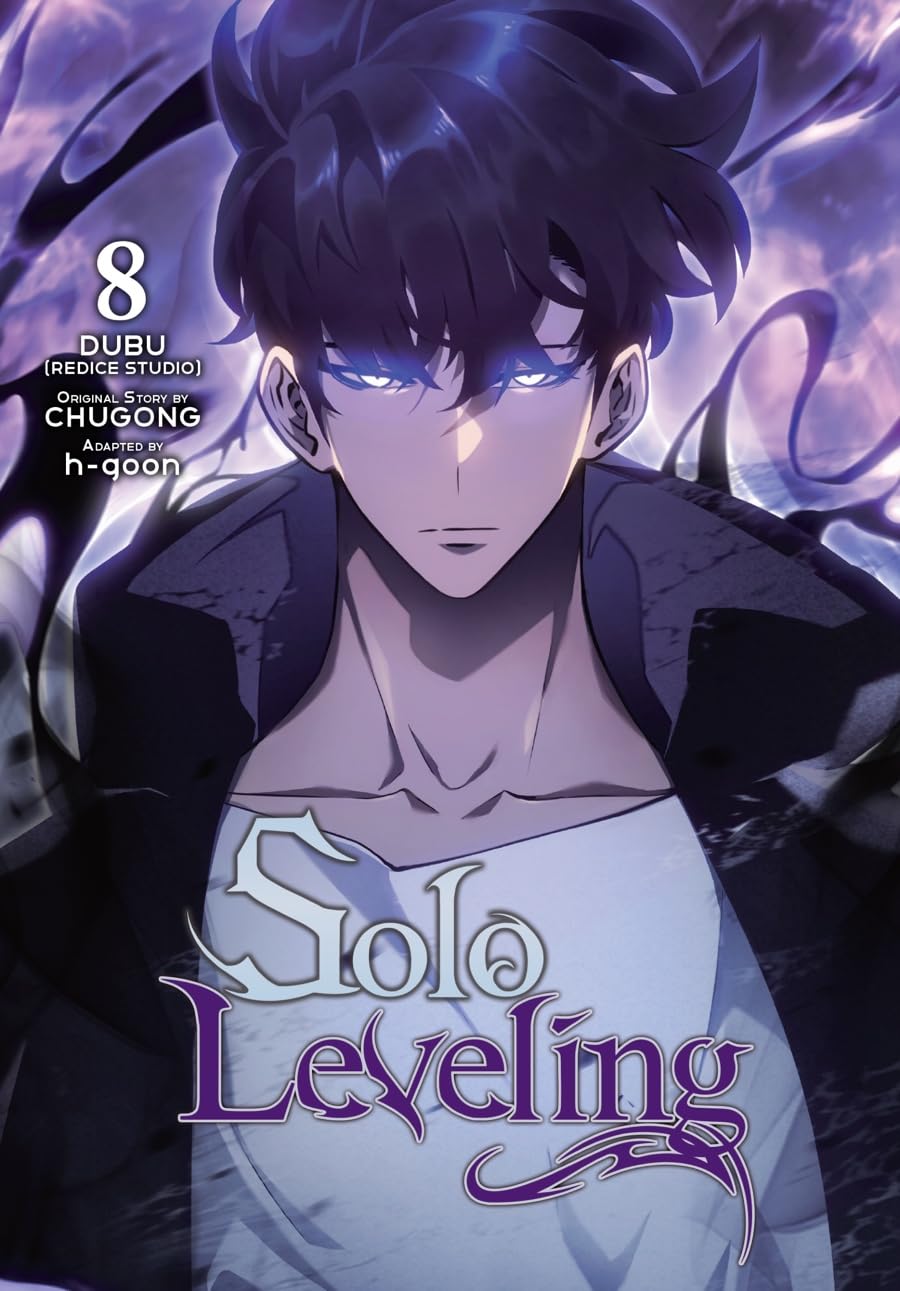 🌟🌟🌟🌟🌟
🌟🌟🌟🌟🌟
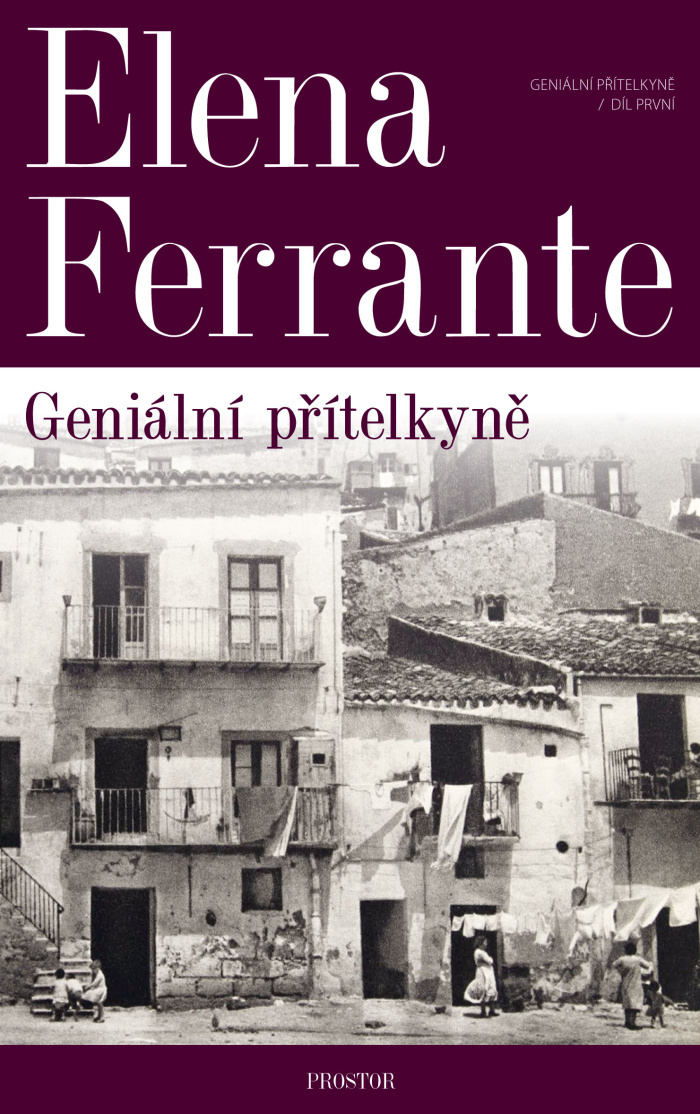 ⭐⭐⭐
⭐⭐⭐
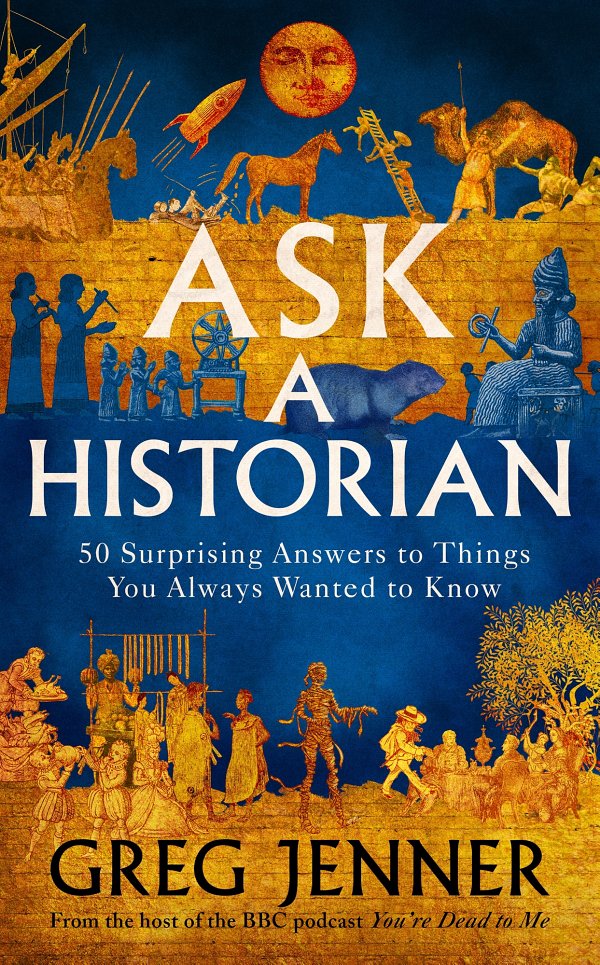 🌟🌟🌟🌟🌟
🌟🌟🌟🌟🌟
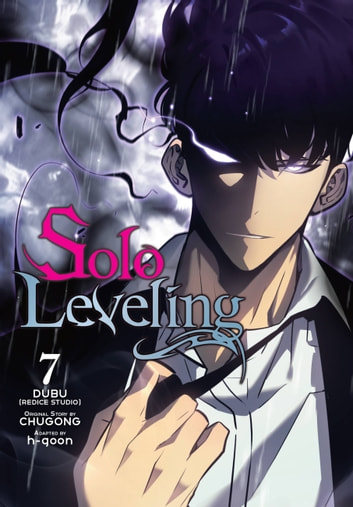 ⭐⭐⭐⭐
⭐⭐⭐⭐
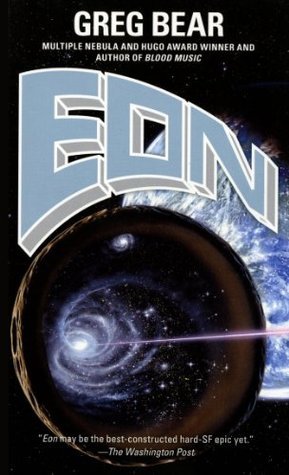 ⭐⭐⭐⭐
⭐⭐⭐⭐
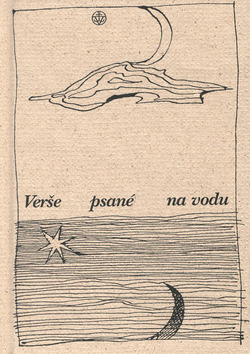 ⭐⭐⭐⭐
⭐⭐⭐⭐
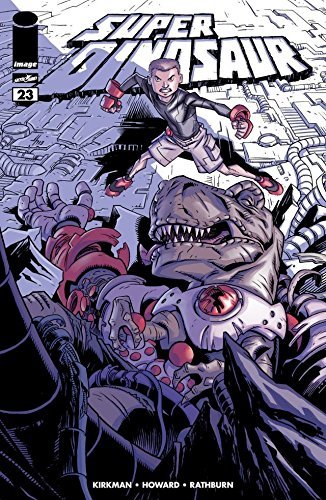 ⭐⭐
⭐⭐
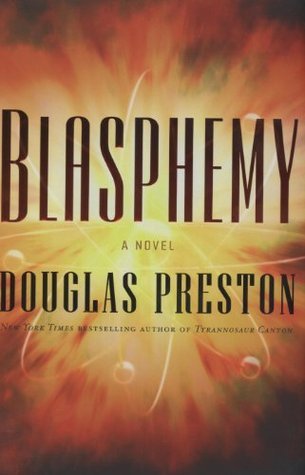 ⭐⭐
⭐⭐
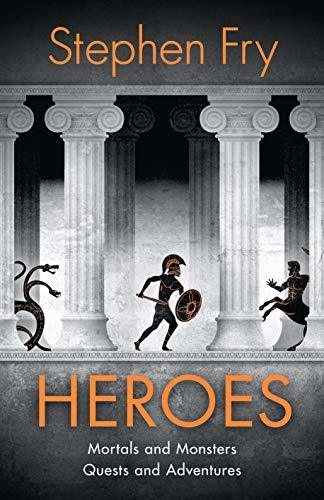 🌟🌟🌟🌟🌟
🌟🌟🌟🌟🌟
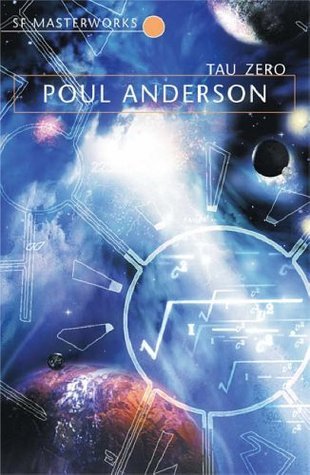 ⭐⭐⭐⭐
⭐⭐⭐⭐
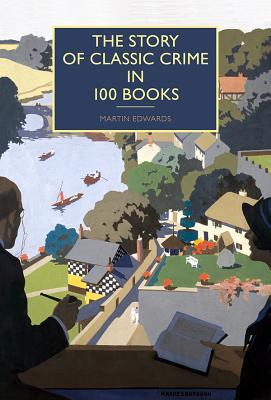 ⭐⭐⭐
⭐⭐⭐
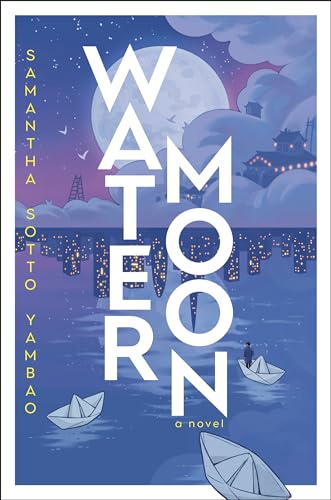 🌟🌟🌟🌟🌟
🌟🌟🌟🌟🌟
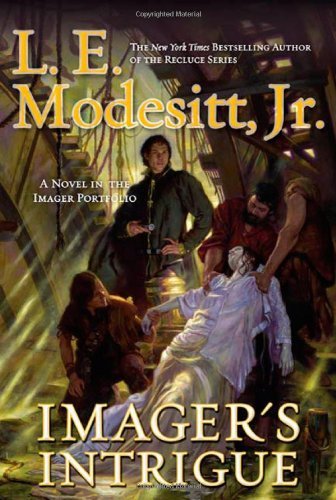 ⭐⭐⭐⭐
⭐⭐⭐⭐
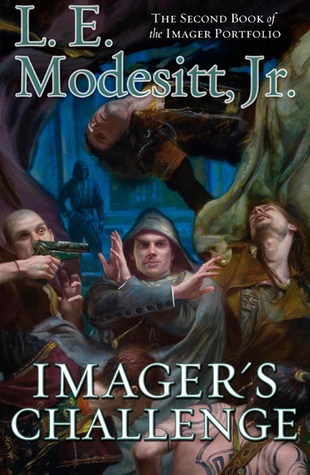 🌟🌟🌟🌟🌟
🌟🌟🌟🌟🌟
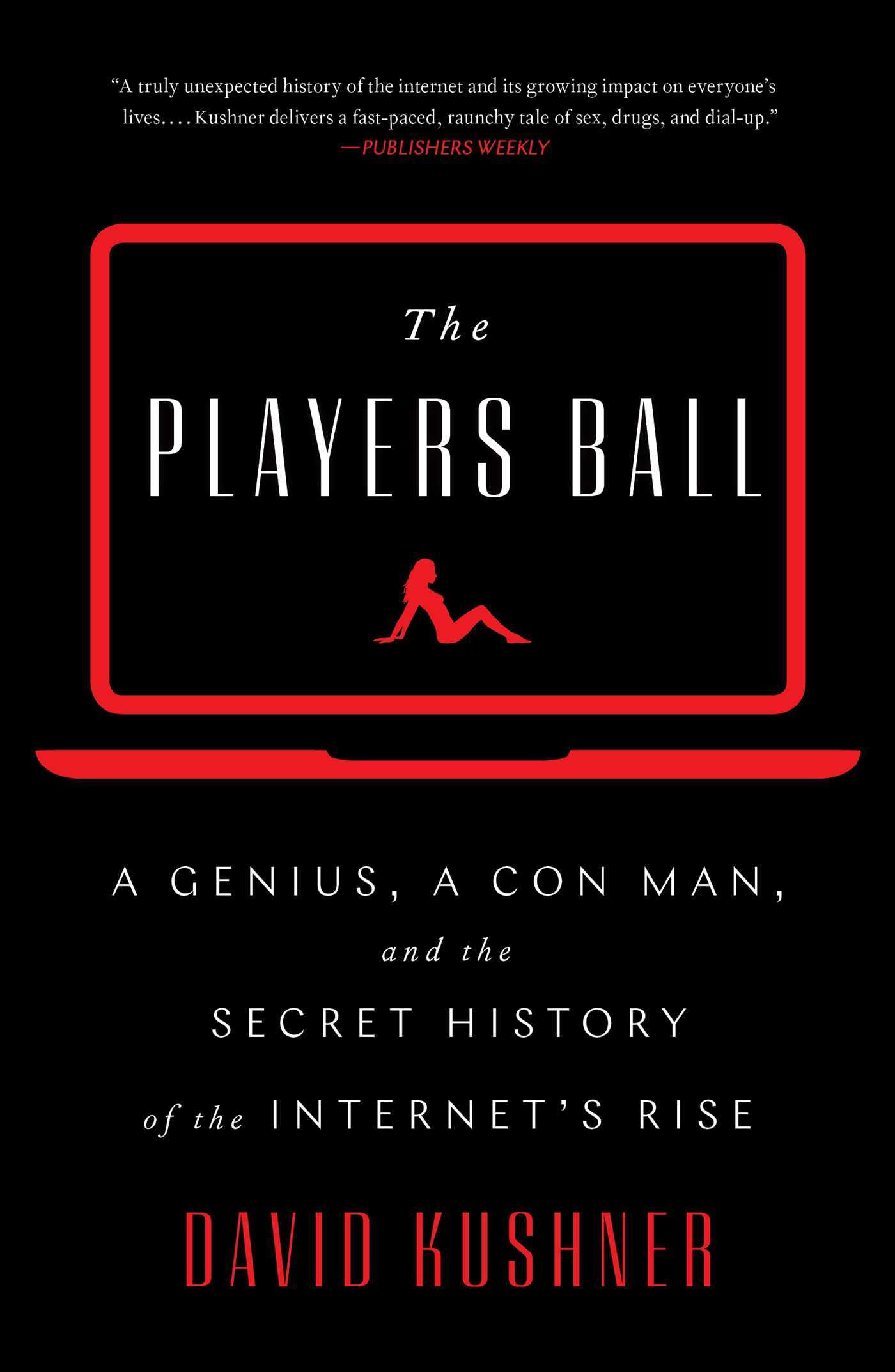
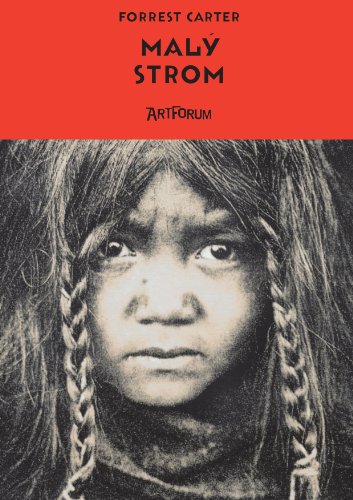 ⭐⭐⭐⭐
⭐⭐⭐⭐
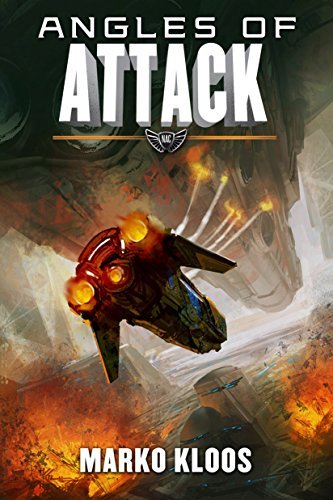 🌟🌟🌟🌟🌟
🌟🌟🌟🌟🌟
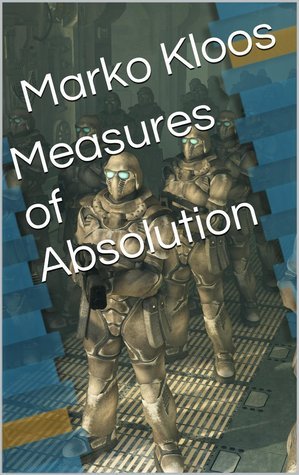 🌟🌟🌟🌟🌟
🌟🌟🌟🌟🌟
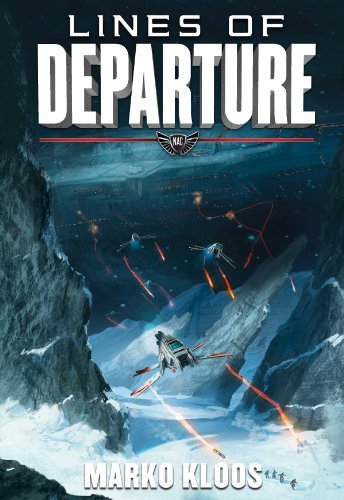 🌟🌟🌟🌟🌟
🌟🌟🌟🌟🌟
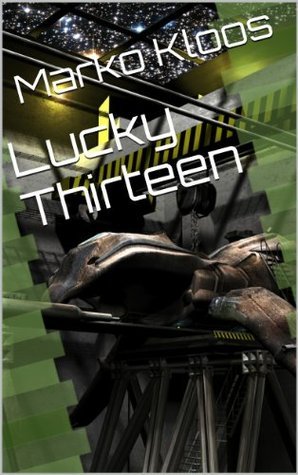 ⭐⭐⭐
⭐⭐⭐
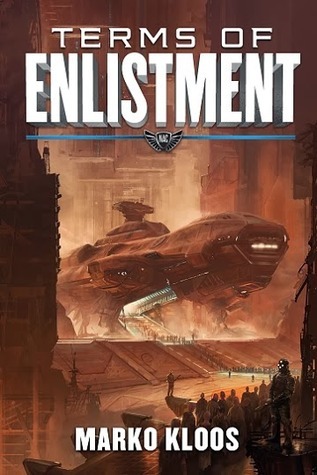 🌟🌟🌟🌟🌟
🌟🌟🌟🌟🌟
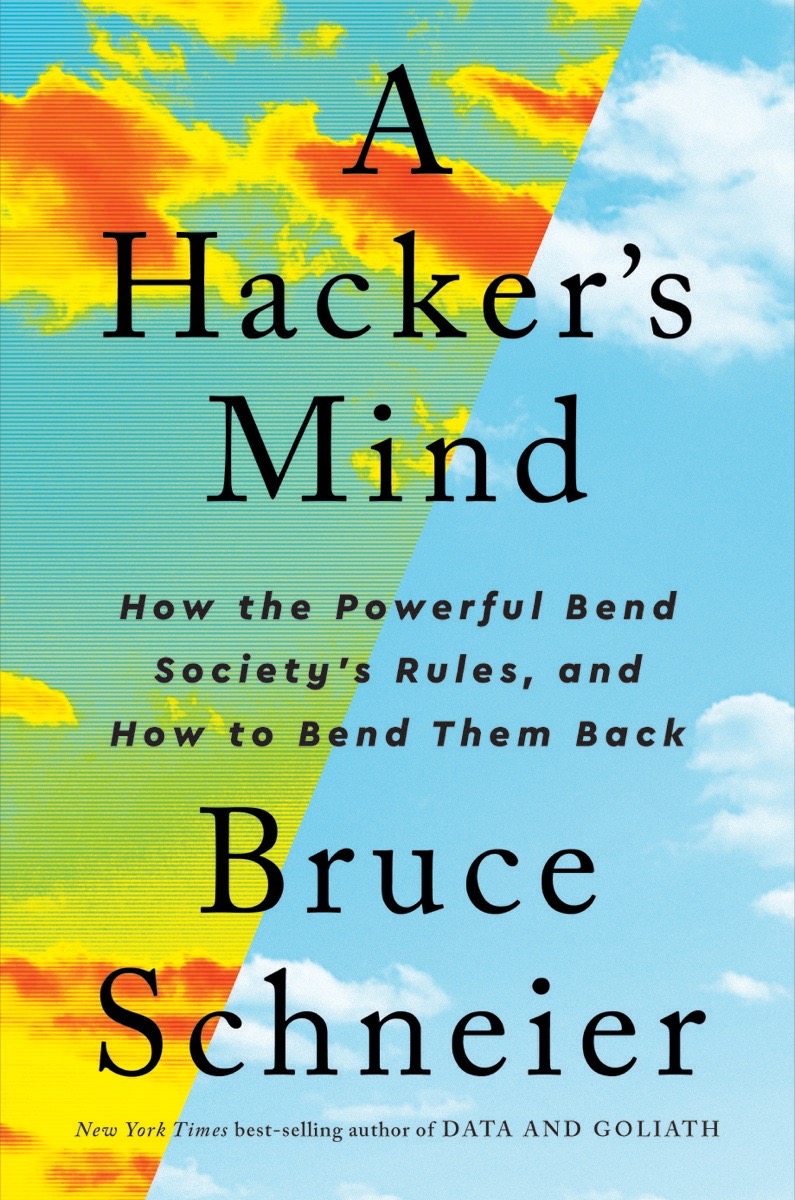 ⭐⭐⭐
⭐⭐⭐
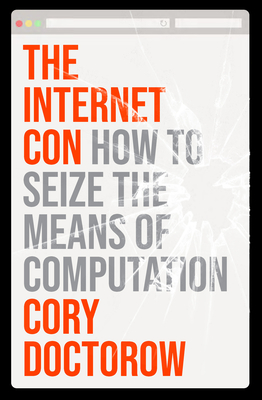 🌟🌟🌟🌟🌟
🌟🌟🌟🌟🌟
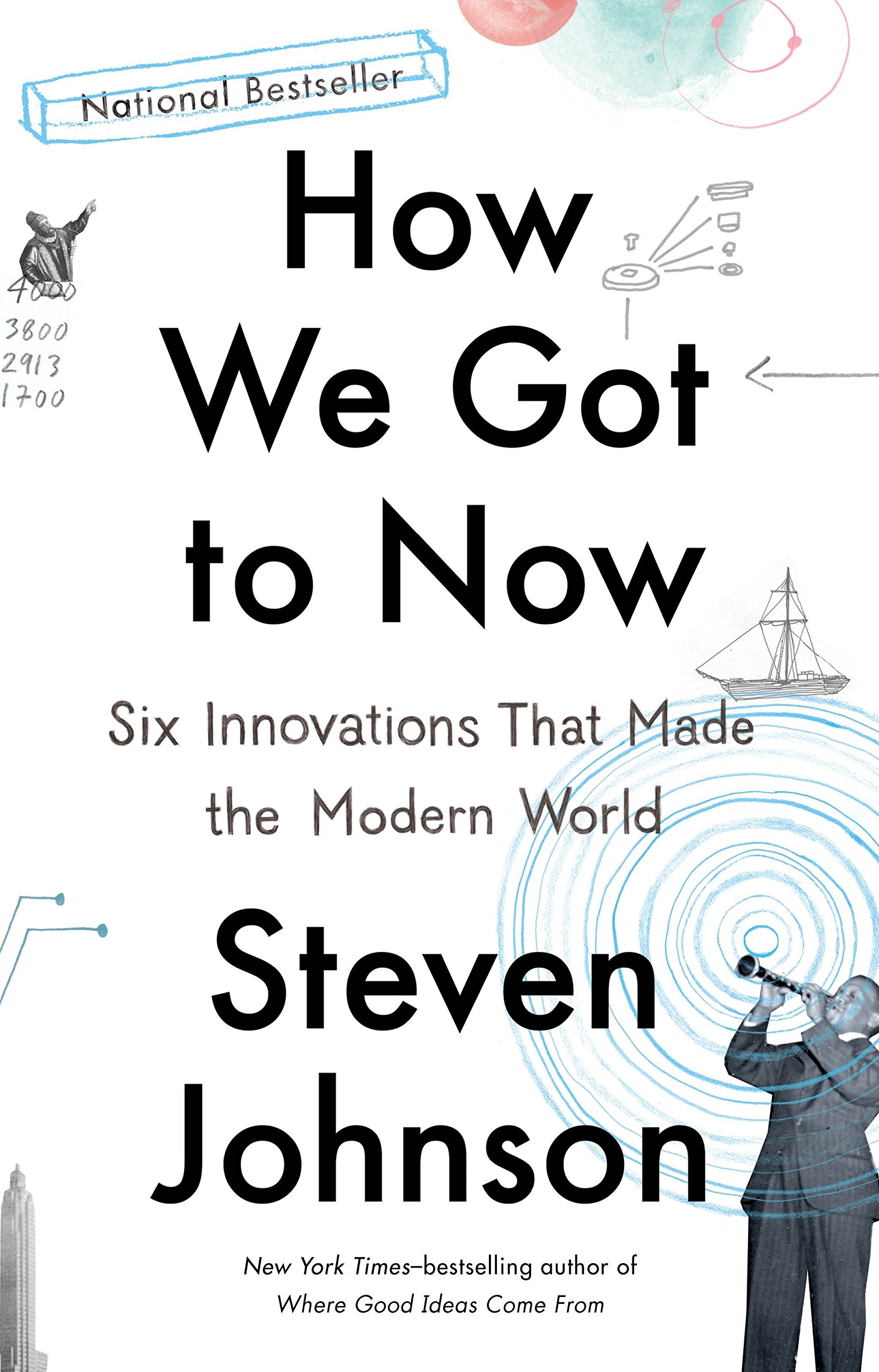 🌟🌟🌟🌟🌟
🌟🌟🌟🌟🌟
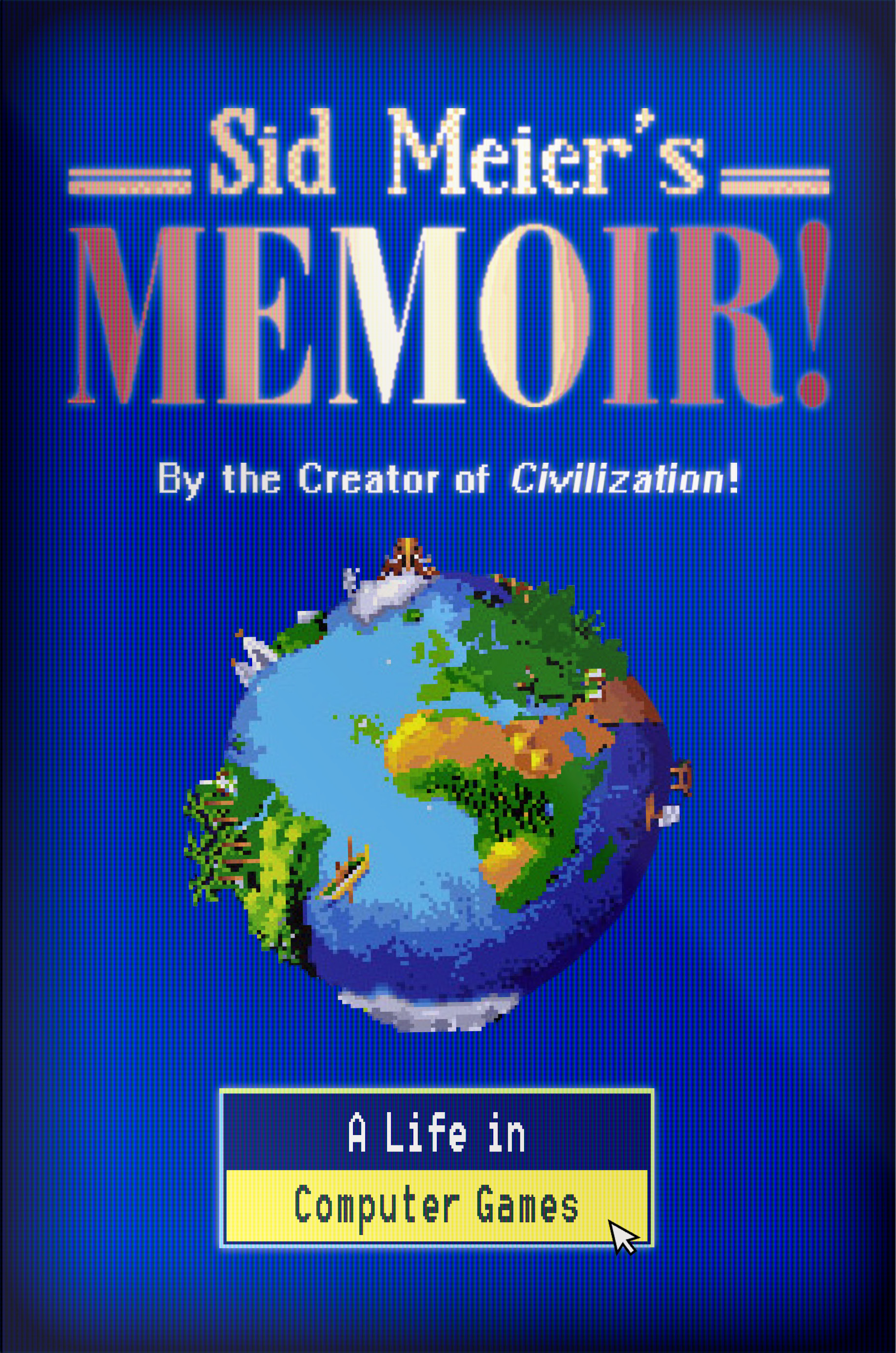 🌟🌟🌟🌟🌟
🌟🌟🌟🌟🌟
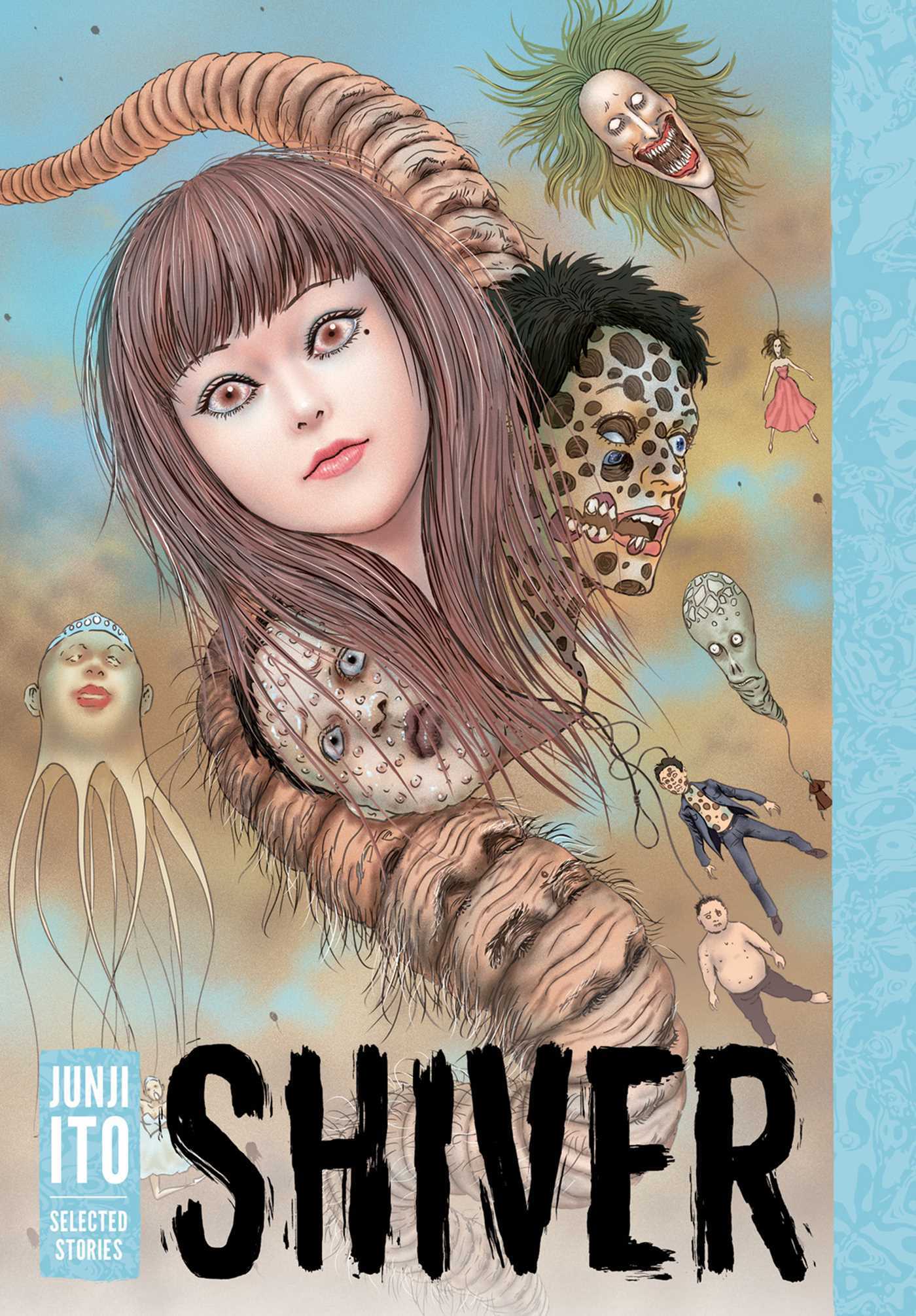 ⭐⭐⭐
⭐⭐⭐
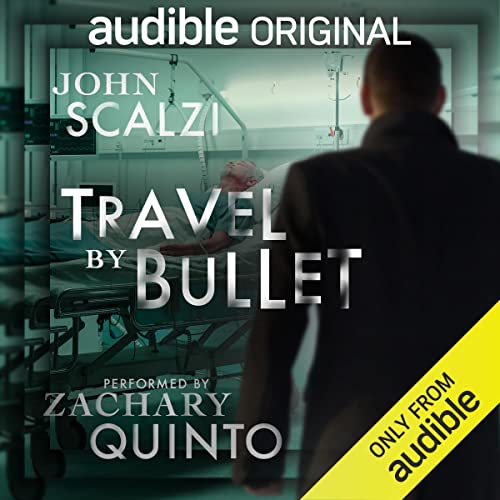 ⭐⭐⭐⭐
⭐⭐⭐⭐
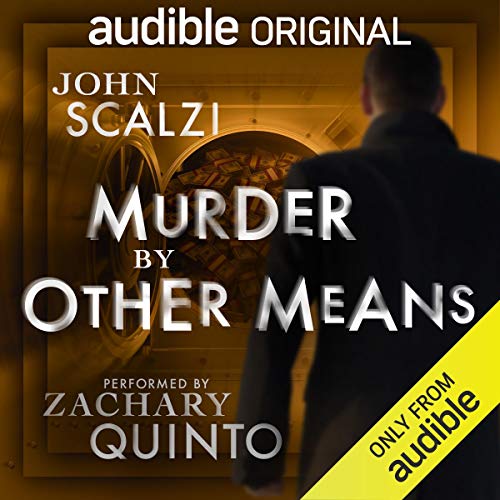 🌟🌟🌟🌟🌟
🌟🌟🌟🌟🌟
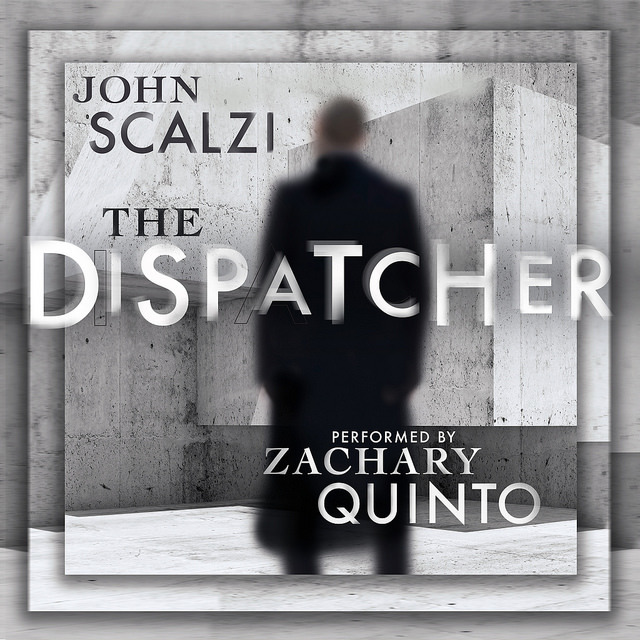 🌟🌟🌟🌟🌟
🌟🌟🌟🌟🌟
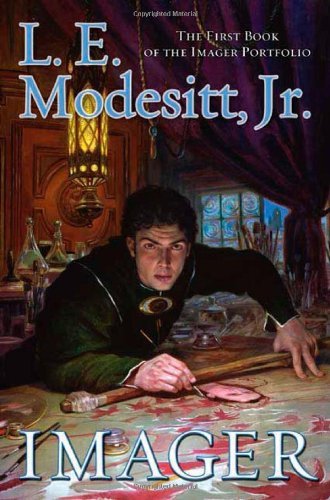 🌟🌟🌟🌟🌟
🌟🌟🌟🌟🌟
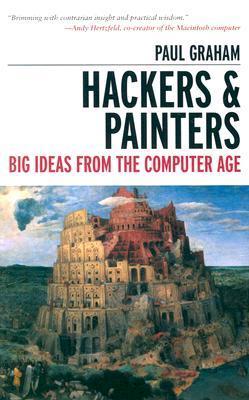 ⭐⭐⭐
⭐⭐⭐
 ⭐⭐
⭐⭐
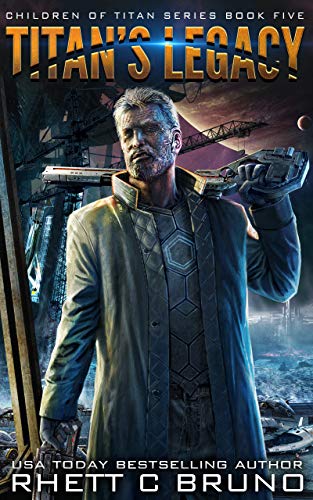 ⭐⭐⭐⭐
⭐⭐⭐⭐
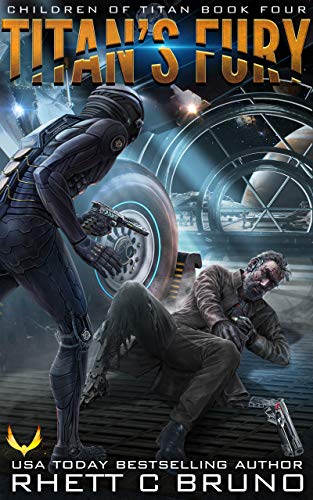 ⭐⭐⭐⭐
⭐⭐⭐⭐
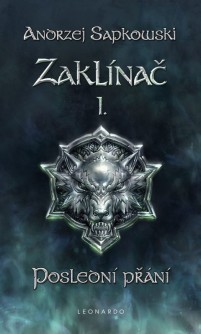 🌟🌟🌟🌟🌟
🌟🌟🌟🌟🌟
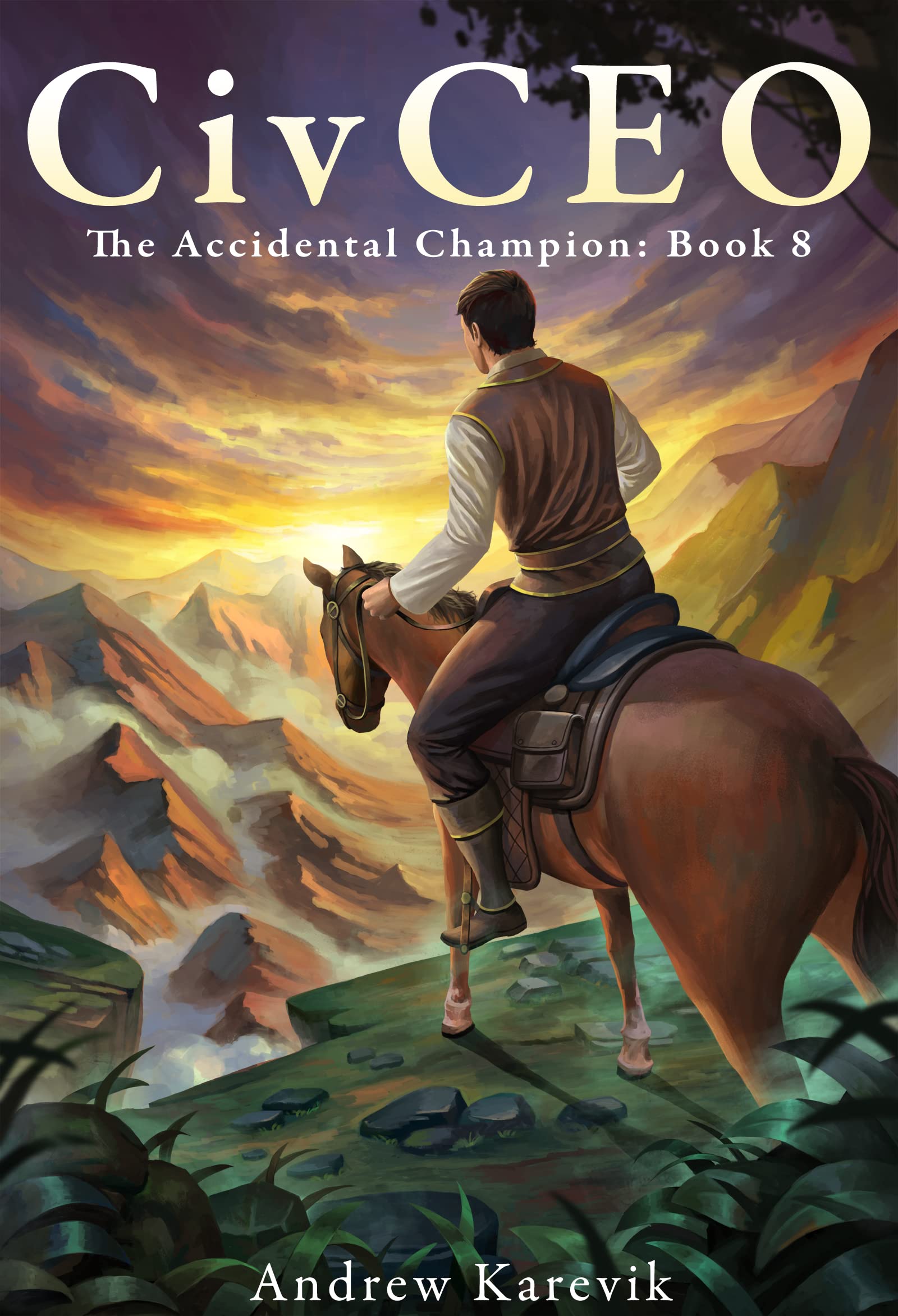 ⭐⭐⭐
⭐⭐⭐
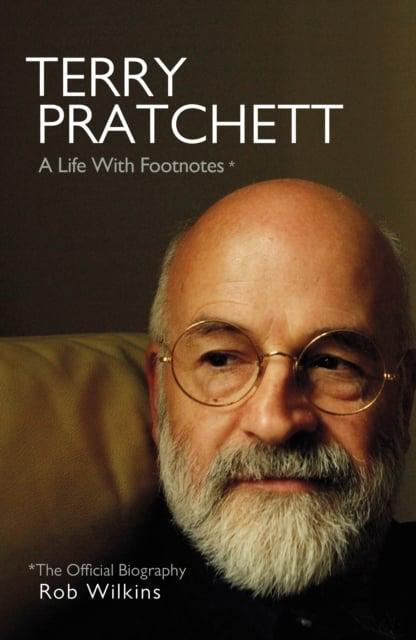 🌟🌟🌟🌟🌟
🌟🌟🌟🌟🌟
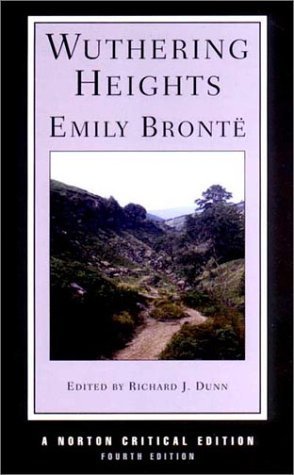 ⭐⭐⭐
⭐⭐⭐
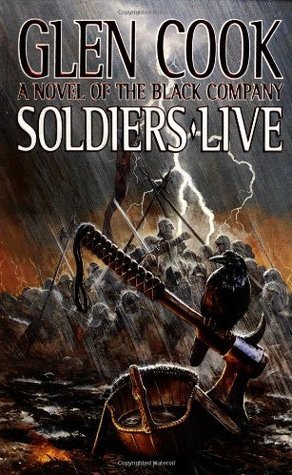 🌟🌟🌟🌟🌟
🌟🌟🌟🌟🌟
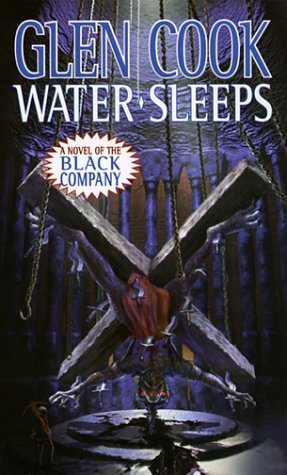 ⭐⭐⭐⭐
⭐⭐⭐⭐
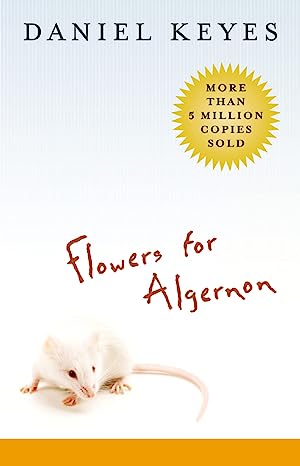 🌟🌟🌟🌟🌟
🌟🌟🌟🌟🌟
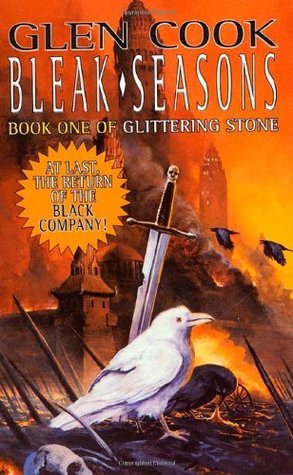 ⭐⭐⭐⭐
⭐⭐⭐⭐
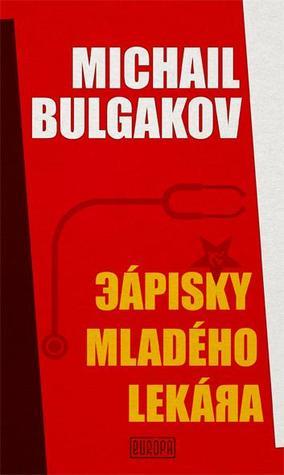 🌟🌟🌟🌟🌟
🌟🌟🌟🌟🌟
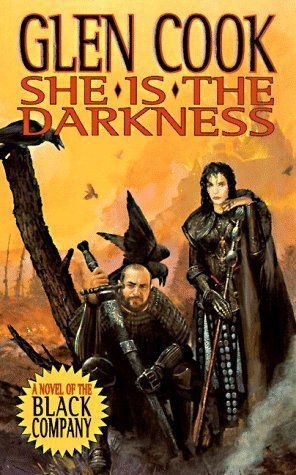 ⭐⭐⭐
⭐⭐⭐
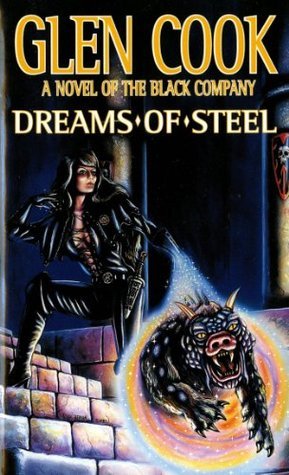 ⭐⭐⭐⭐
⭐⭐⭐⭐
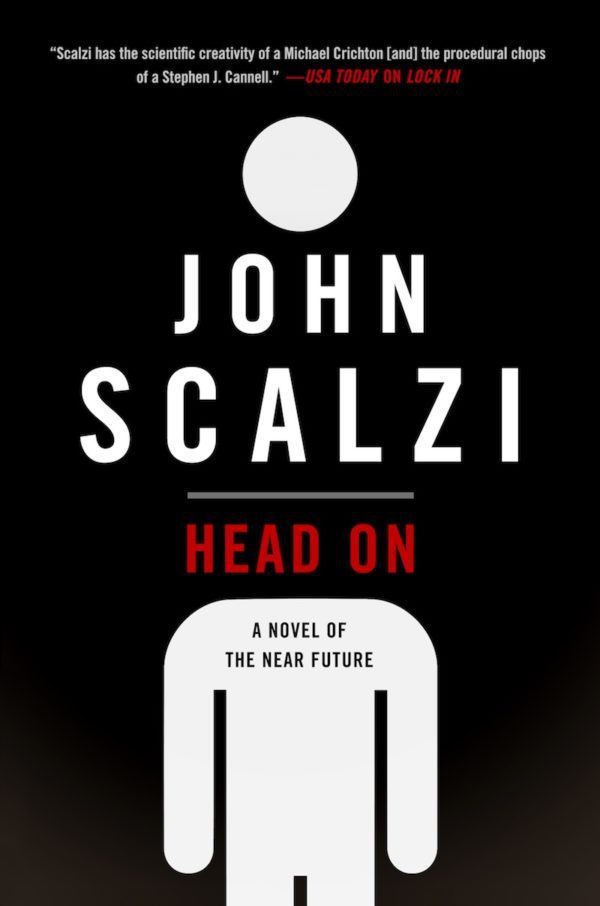 ⭐⭐⭐⭐
⭐⭐⭐⭐
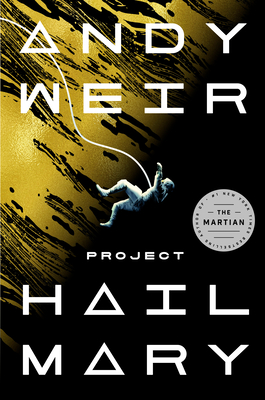 🌟🌟🌟🌟🌟
🌟🌟🌟🌟🌟
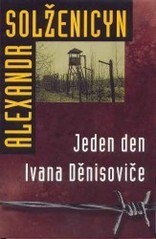 🌟🌟🌟🌟🌟
🌟🌟🌟🌟🌟
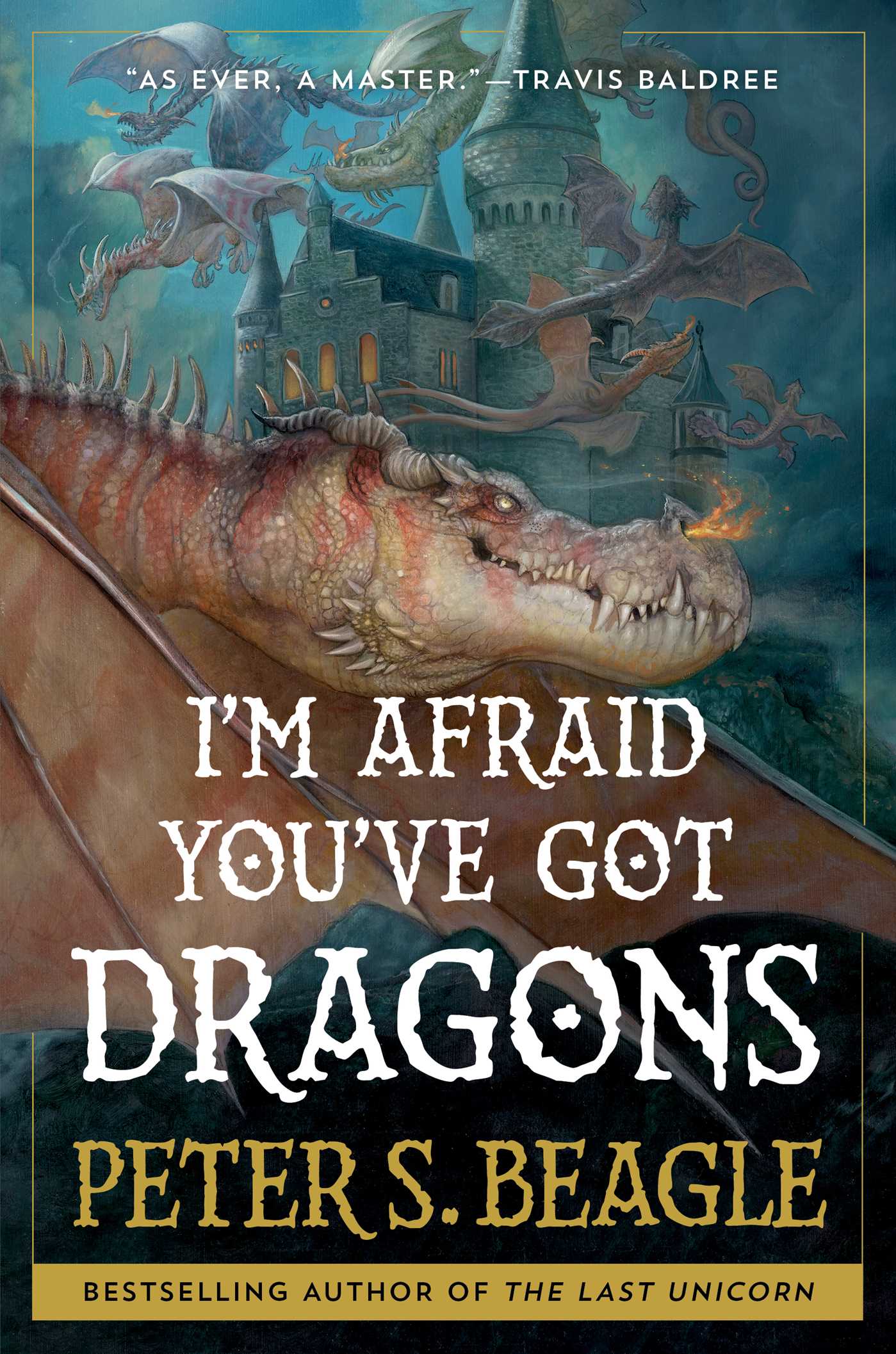 ⭐⭐⭐
⭐⭐⭐
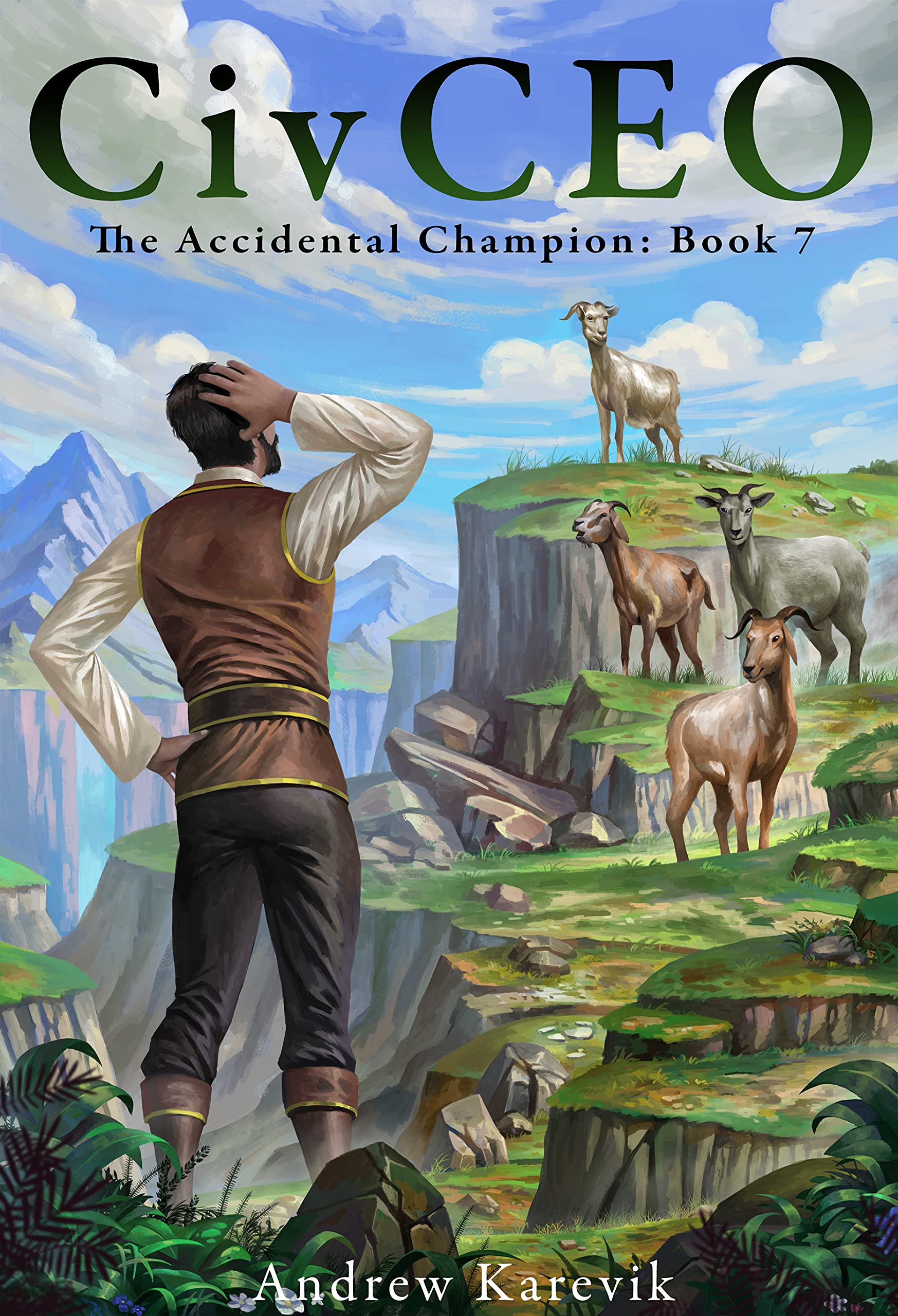 ⭐⭐⭐
⭐⭐⭐
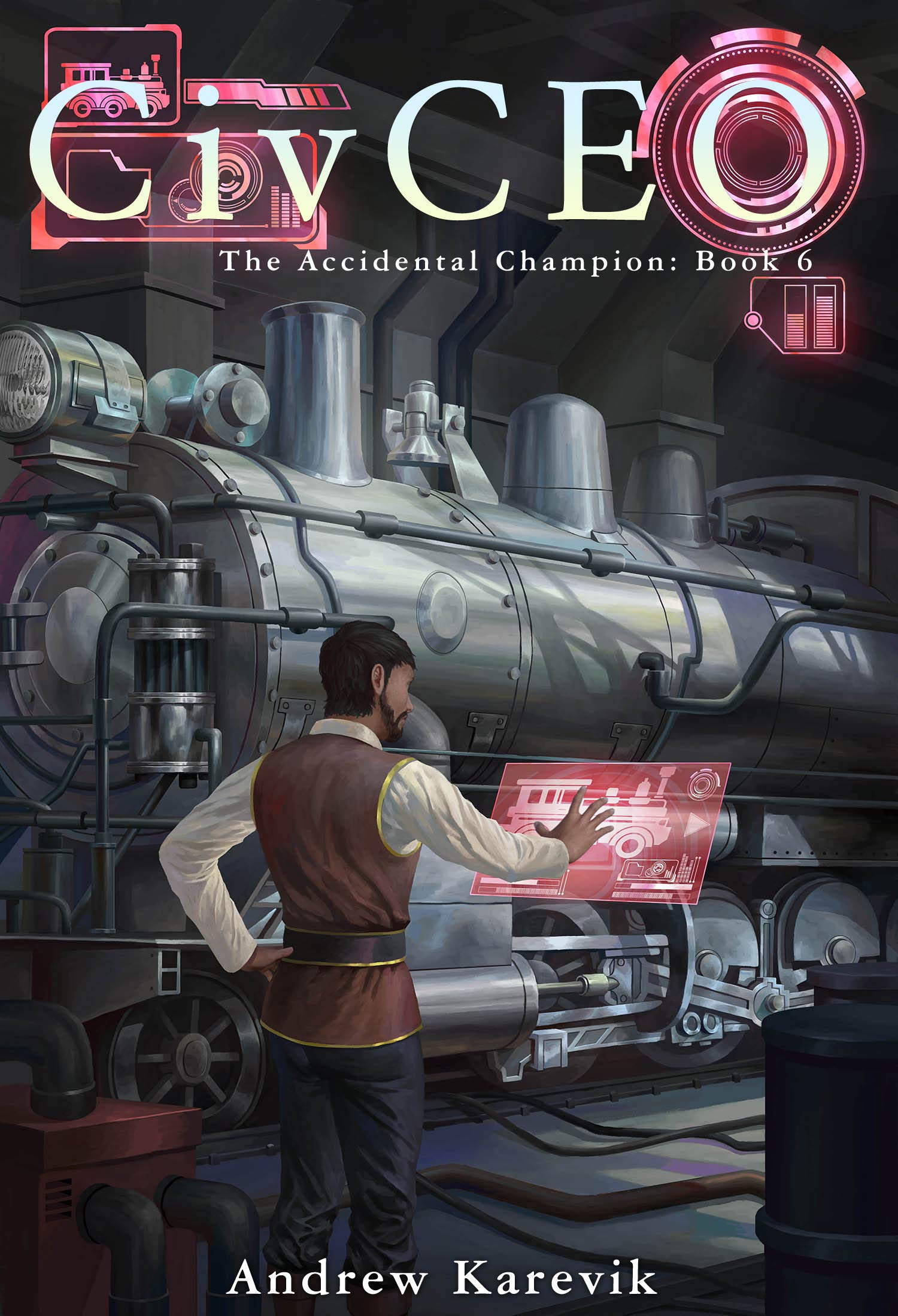 ⭐⭐⭐⭐
⭐⭐⭐⭐
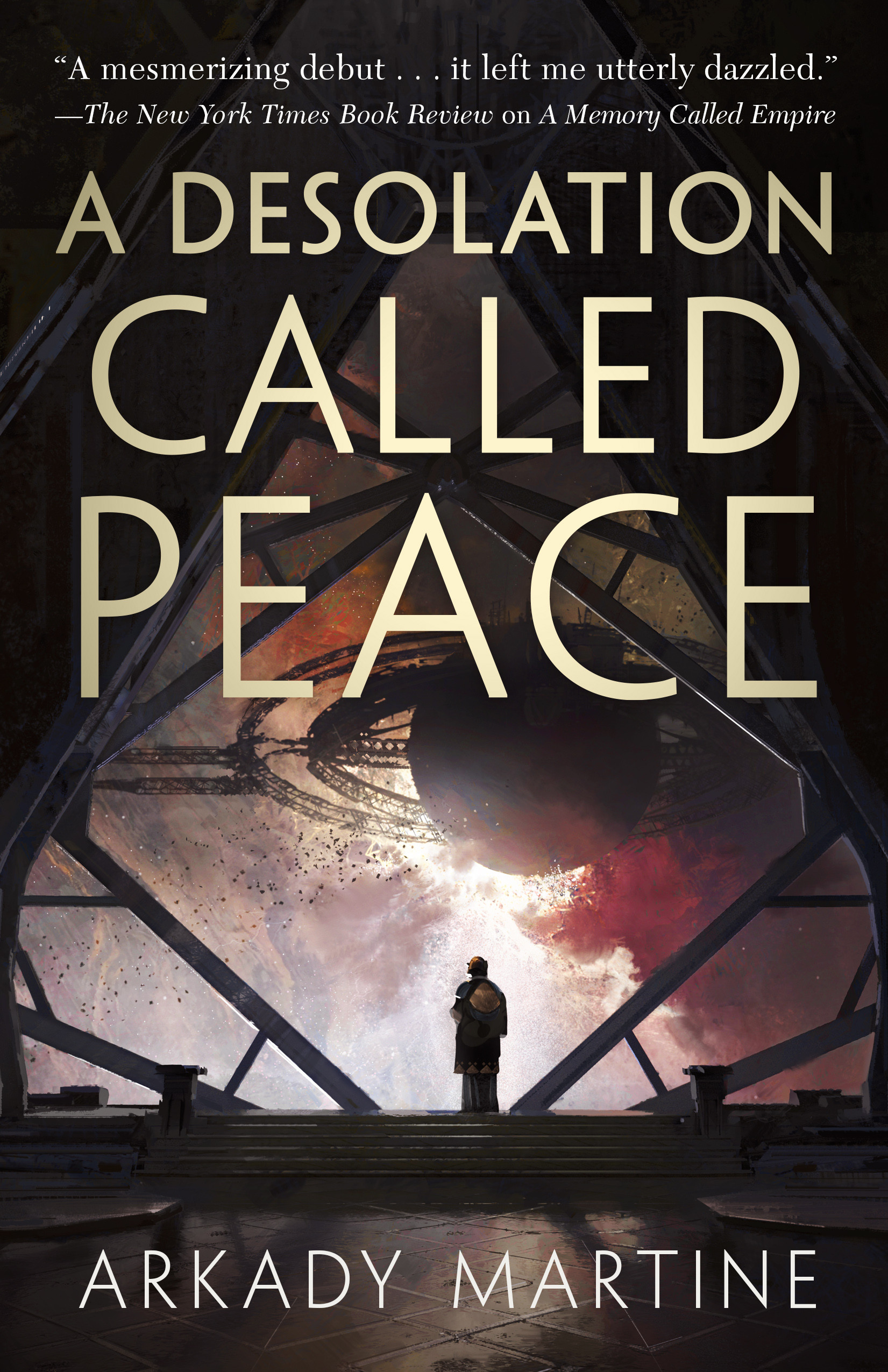 🌟🌟🌟🌟🌟
🌟🌟🌟🌟🌟
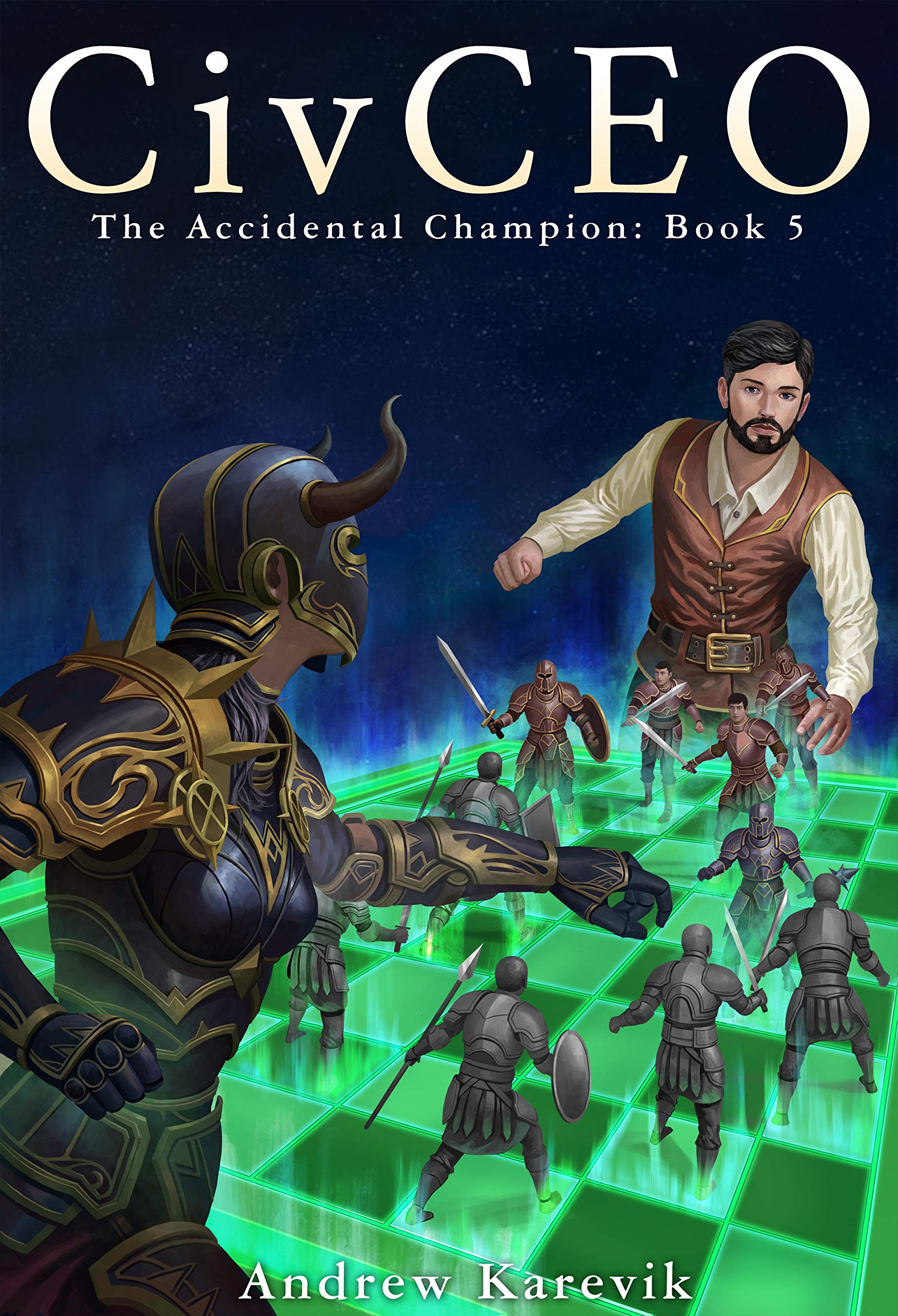 ⭐⭐⭐⭐
⭐⭐⭐⭐
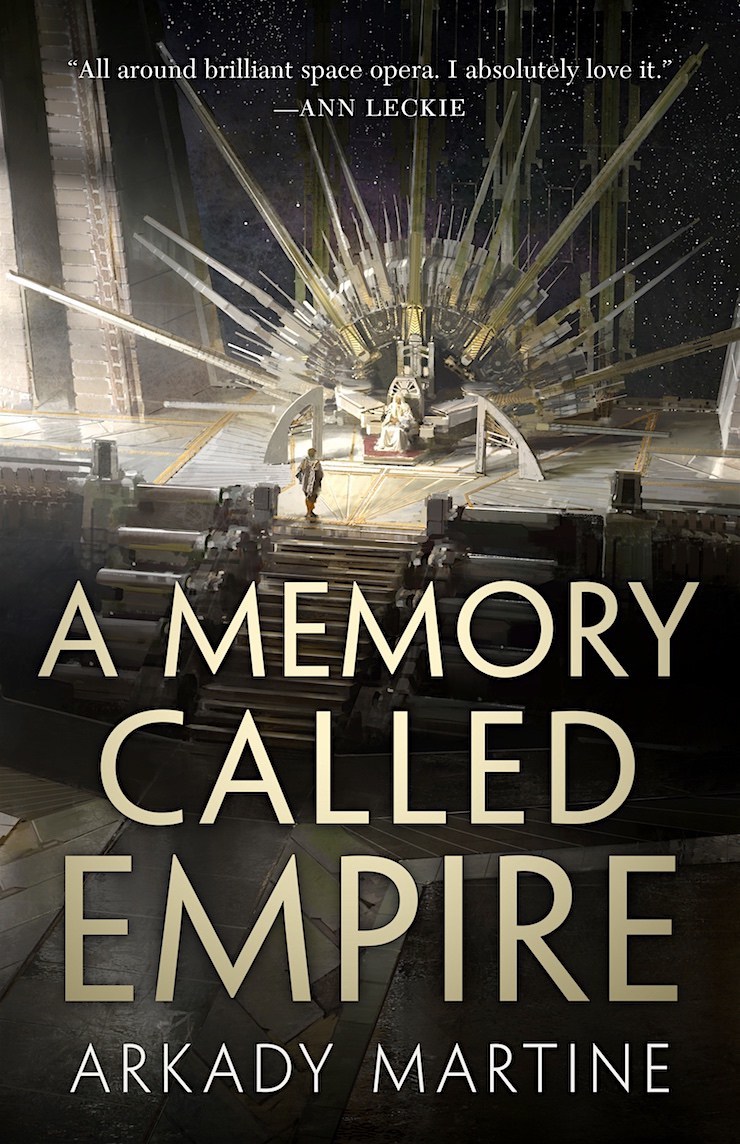 🌟🌟🌟🌟🌟
🌟🌟🌟🌟🌟
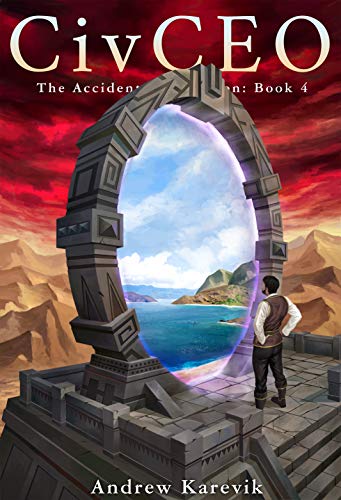 ⭐⭐⭐
⭐⭐⭐
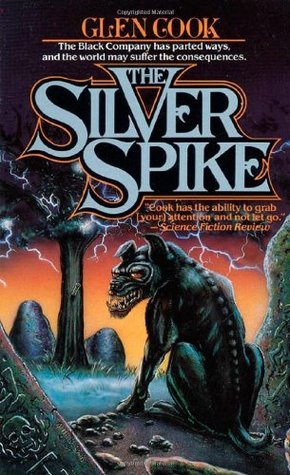 🌟🌟🌟🌟🌟
🌟🌟🌟🌟🌟
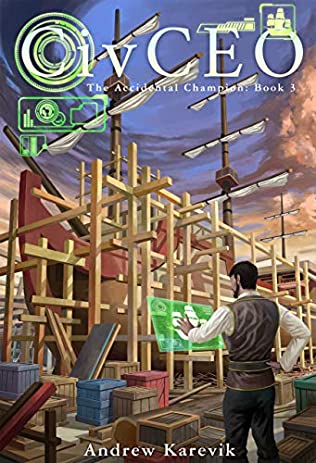 ⭐⭐⭐
⭐⭐⭐
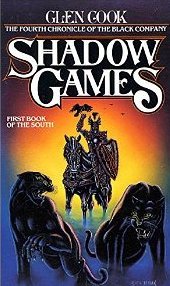 ⭐⭐⭐
⭐⭐⭐
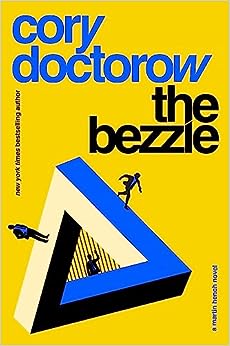 🌟🌟🌟🌟🌟
🌟🌟🌟🌟🌟
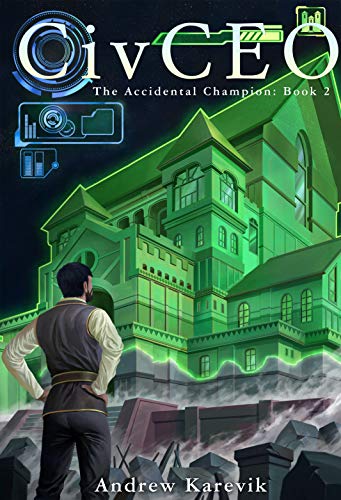 ⭐⭐⭐
⭐⭐⭐
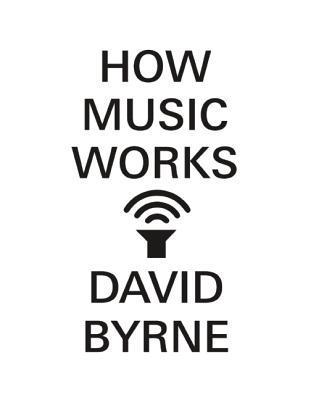 ⭐⭐⭐
⭐⭐⭐
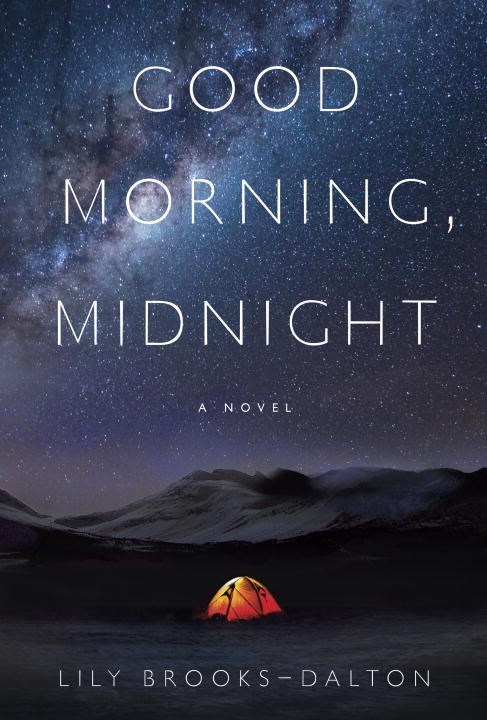 🌟🌟🌟🌟🌟
🌟🌟🌟🌟🌟
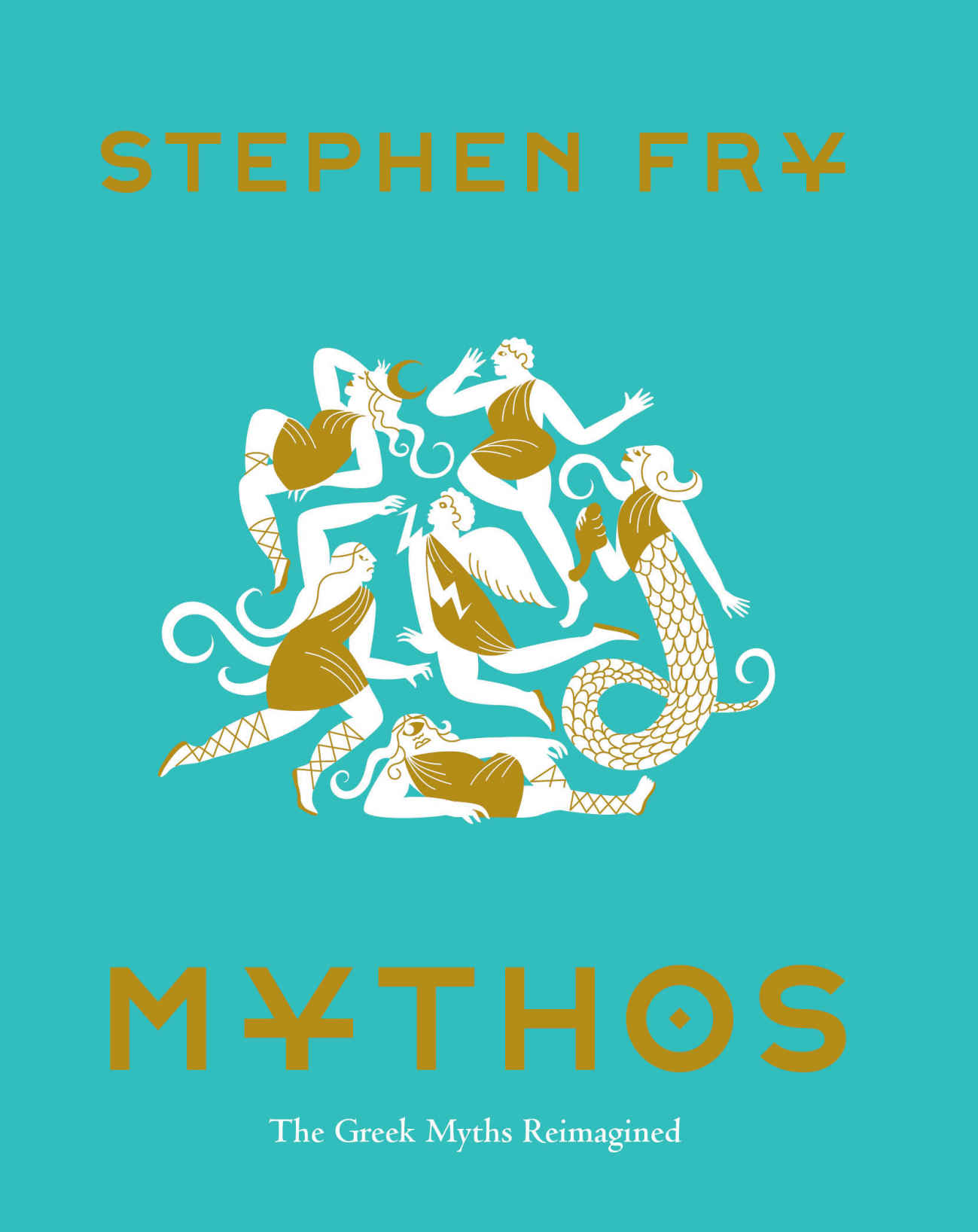 🌟🌟🌟🌟🌟
🌟🌟🌟🌟🌟
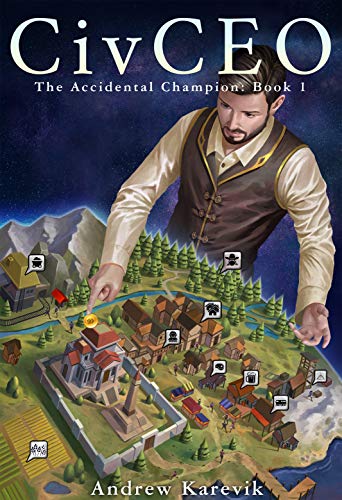 ⭐⭐⭐
⭐⭐⭐
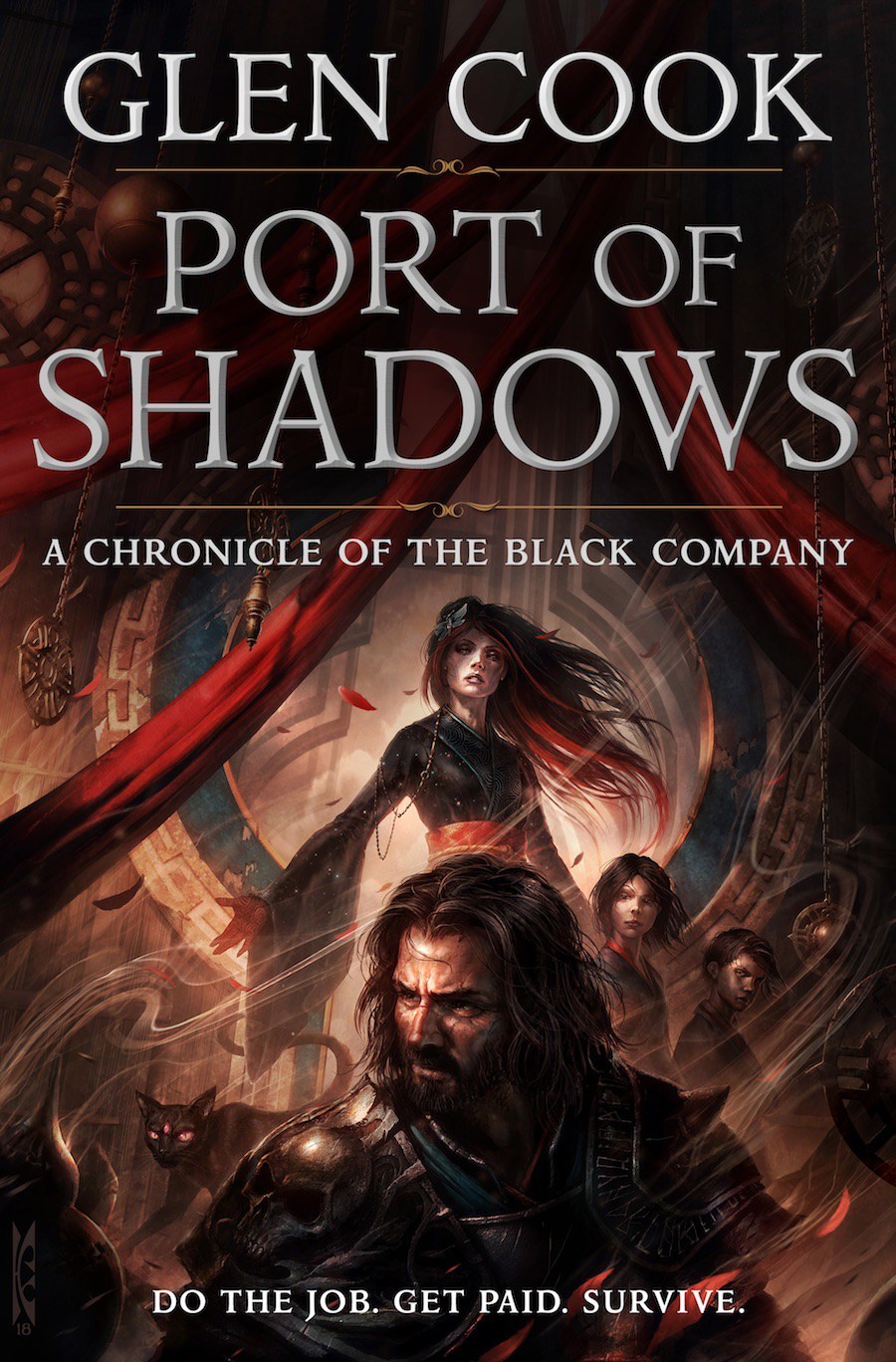 ⭐⭐⭐
⭐⭐⭐
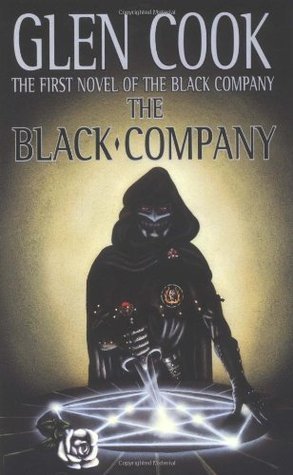 ⭐⭐⭐⭐
⭐⭐⭐⭐
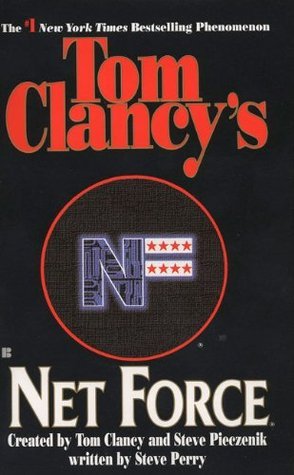 ⭐⭐⭐
⭐⭐⭐
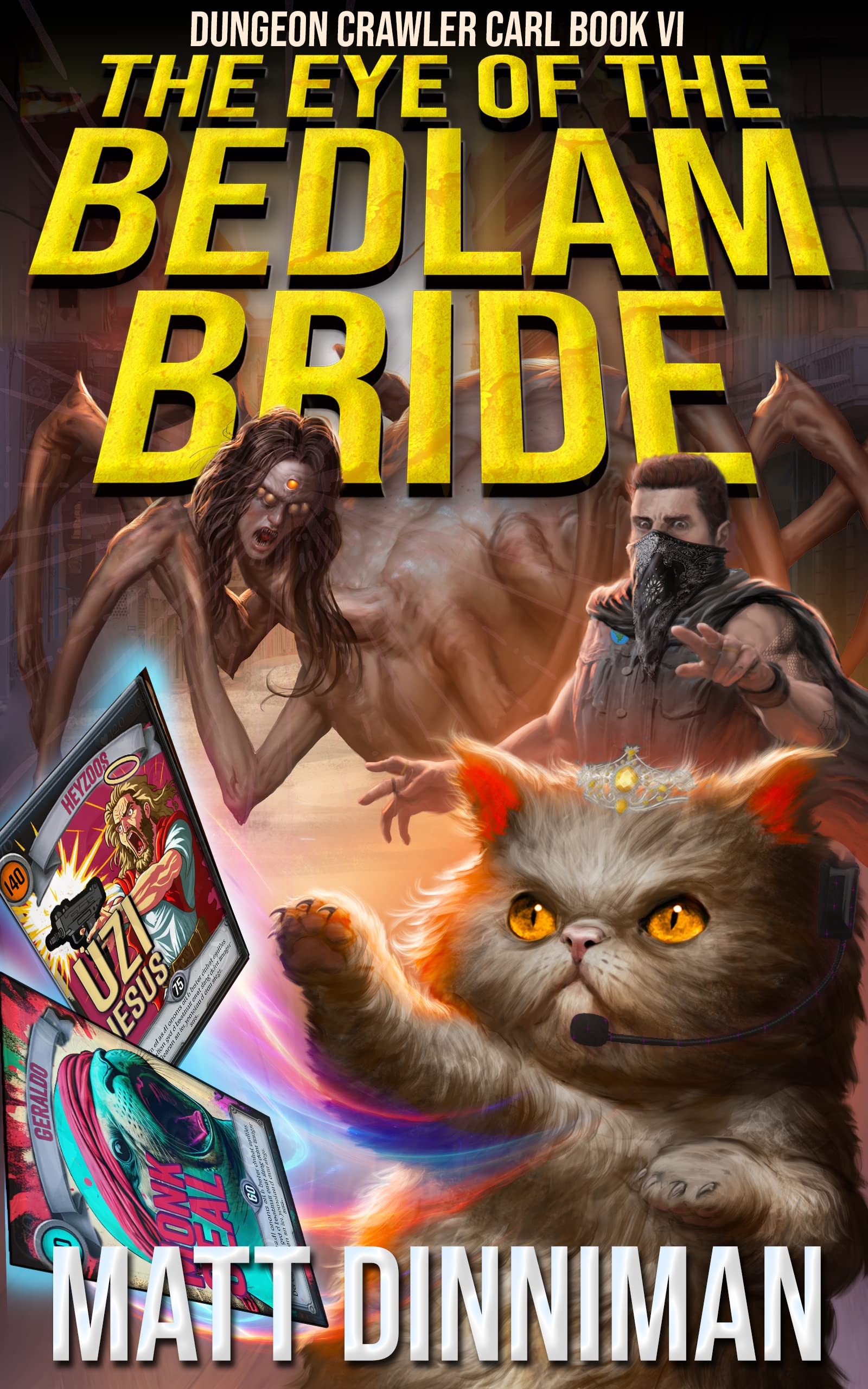 ⭐⭐⭐⭐
⭐⭐⭐⭐
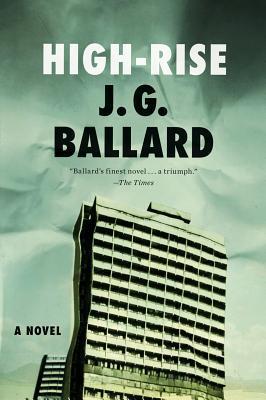 ⭐⭐⭐
⭐⭐⭐
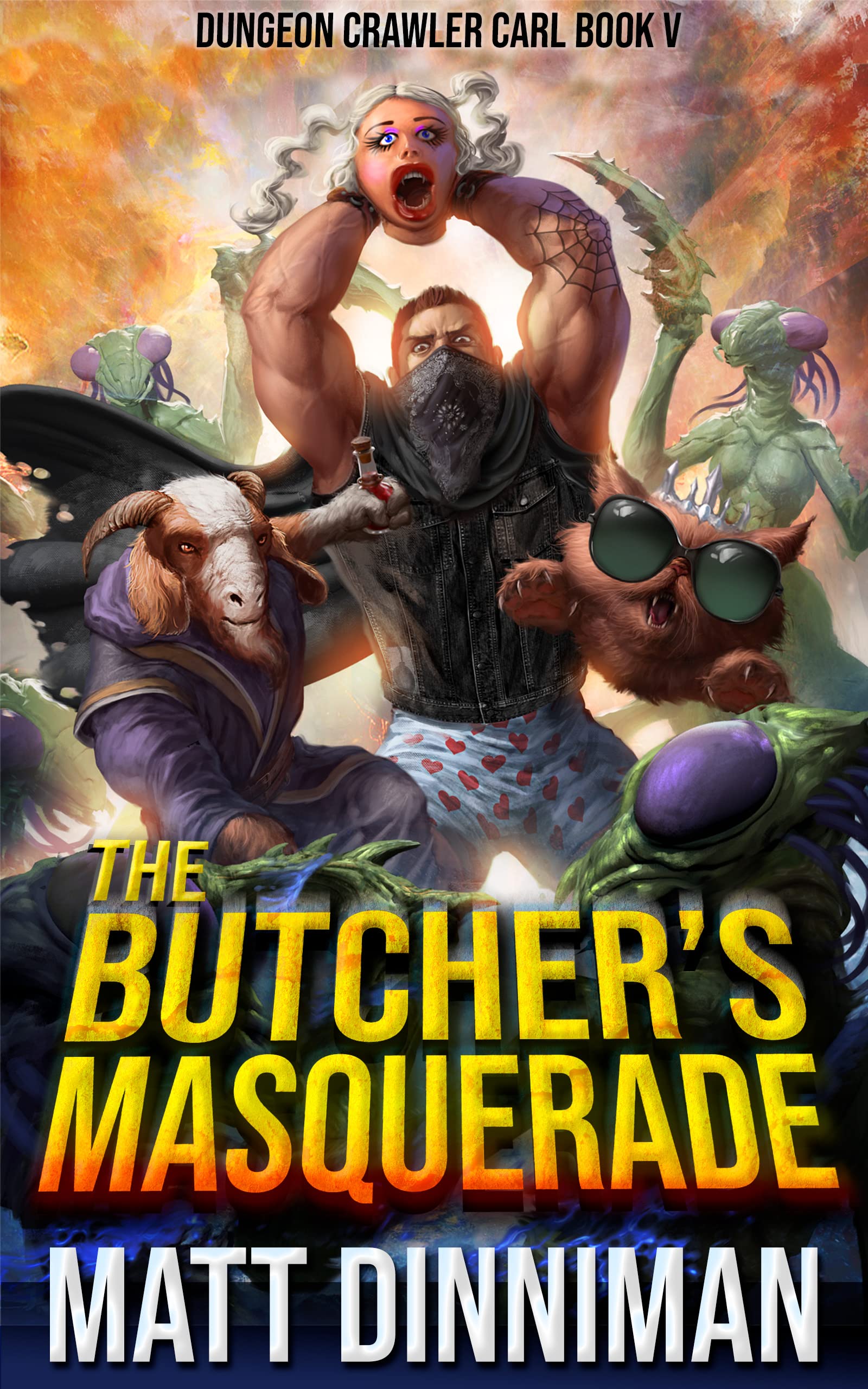 🌟🌟🌟🌟🌟
🌟🌟🌟🌟🌟
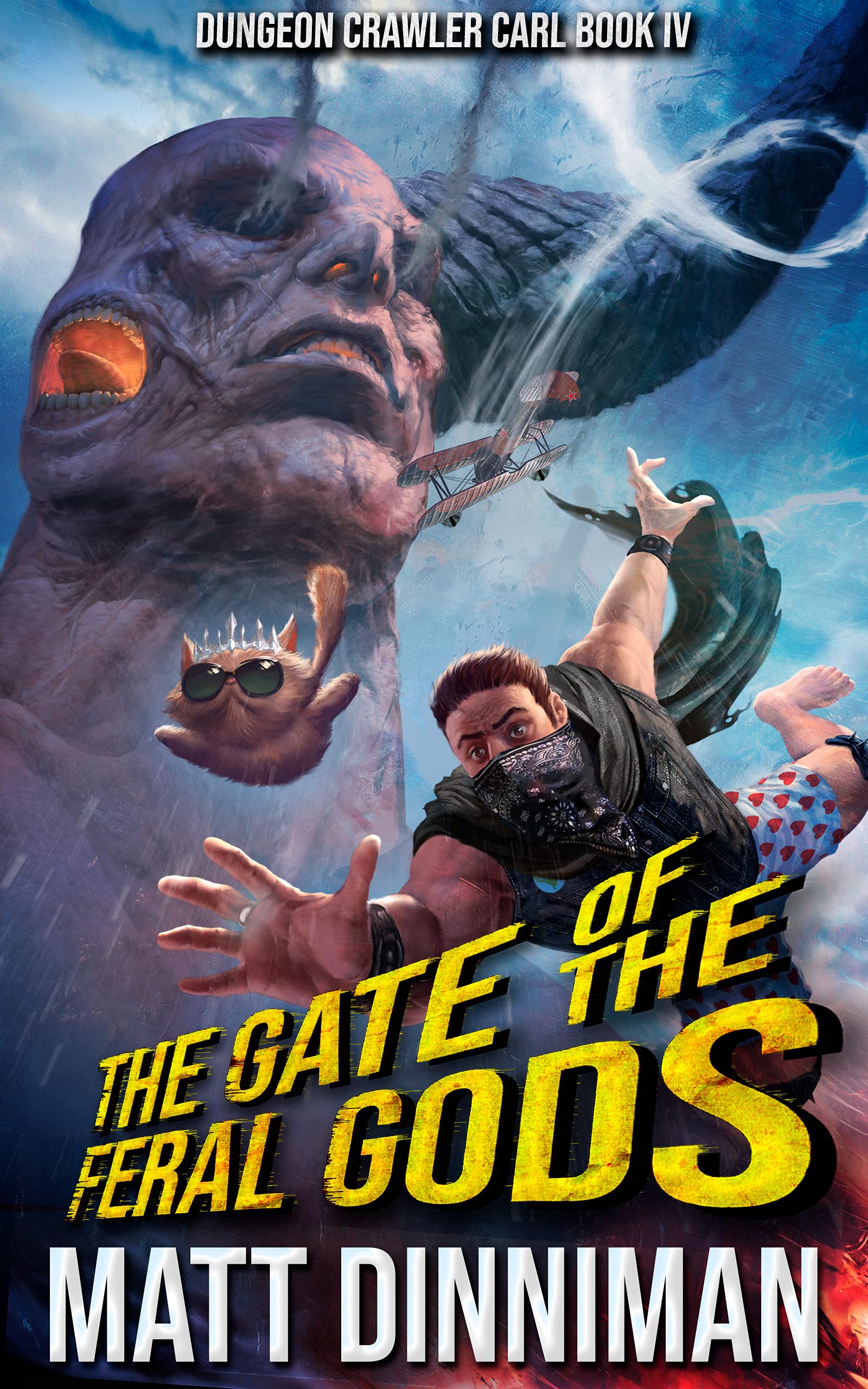 ⭐⭐⭐⭐
⭐⭐⭐⭐
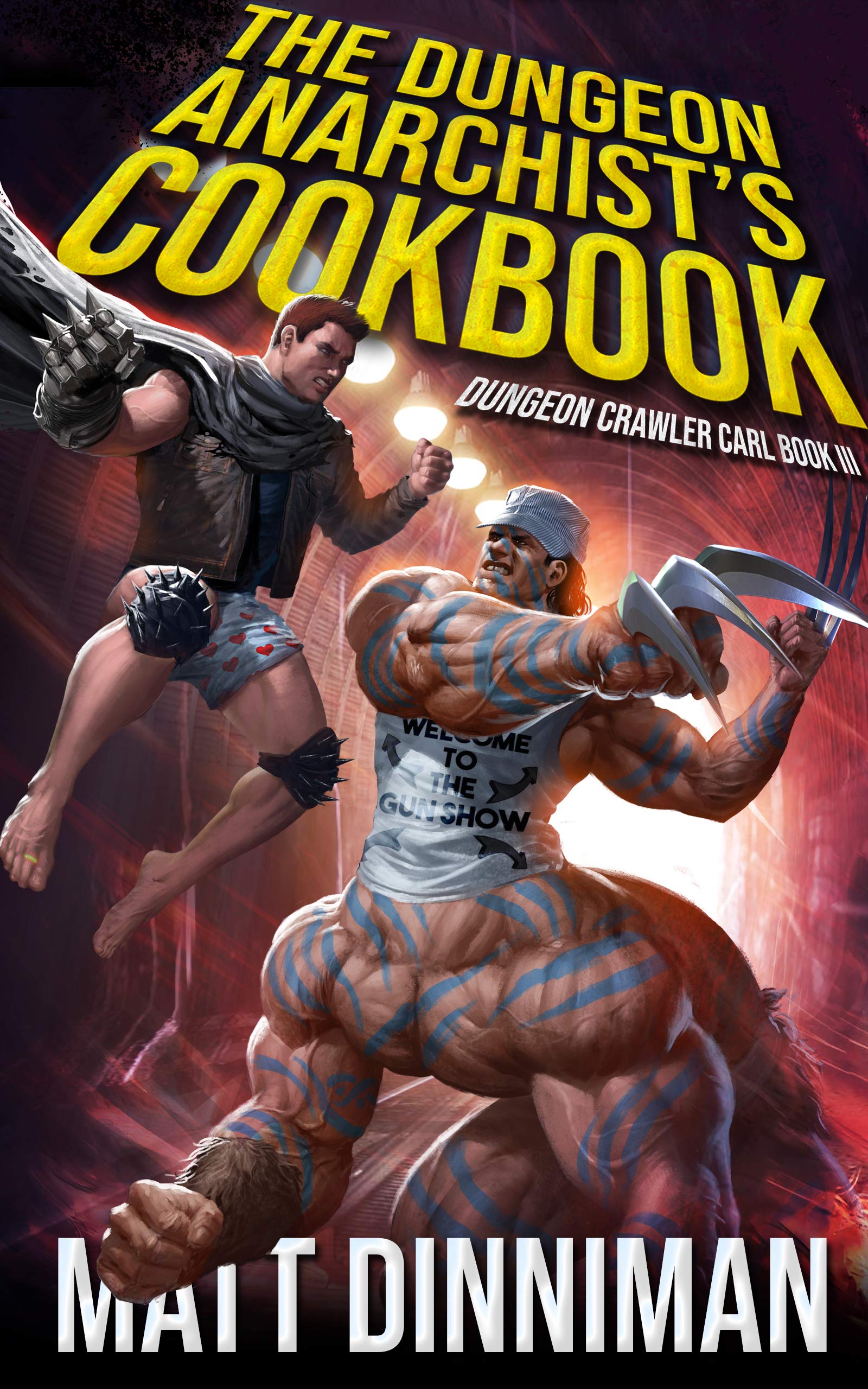 ⭐⭐⭐⭐
⭐⭐⭐⭐
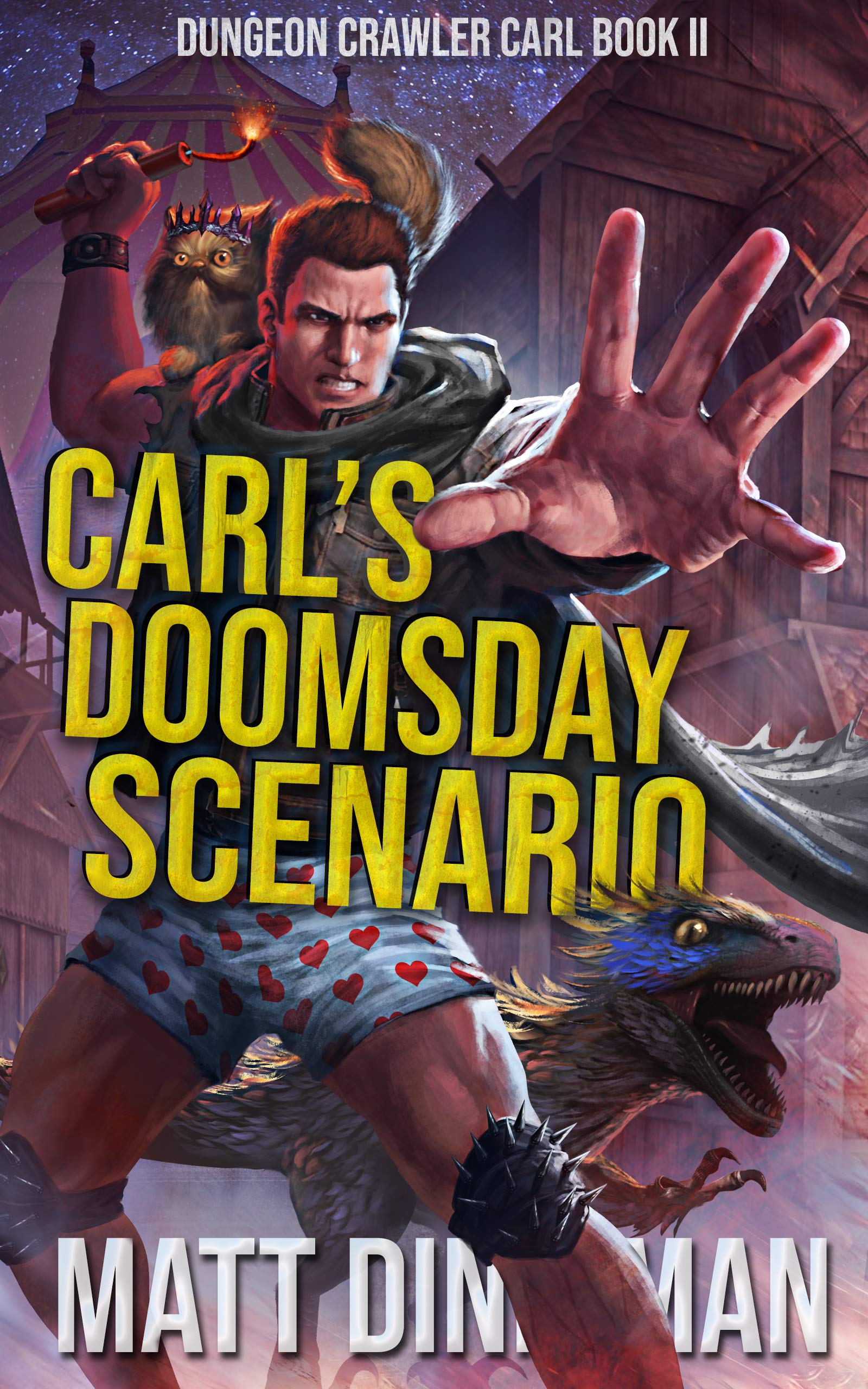 🌟🌟🌟🌟🌟
🌟🌟🌟🌟🌟
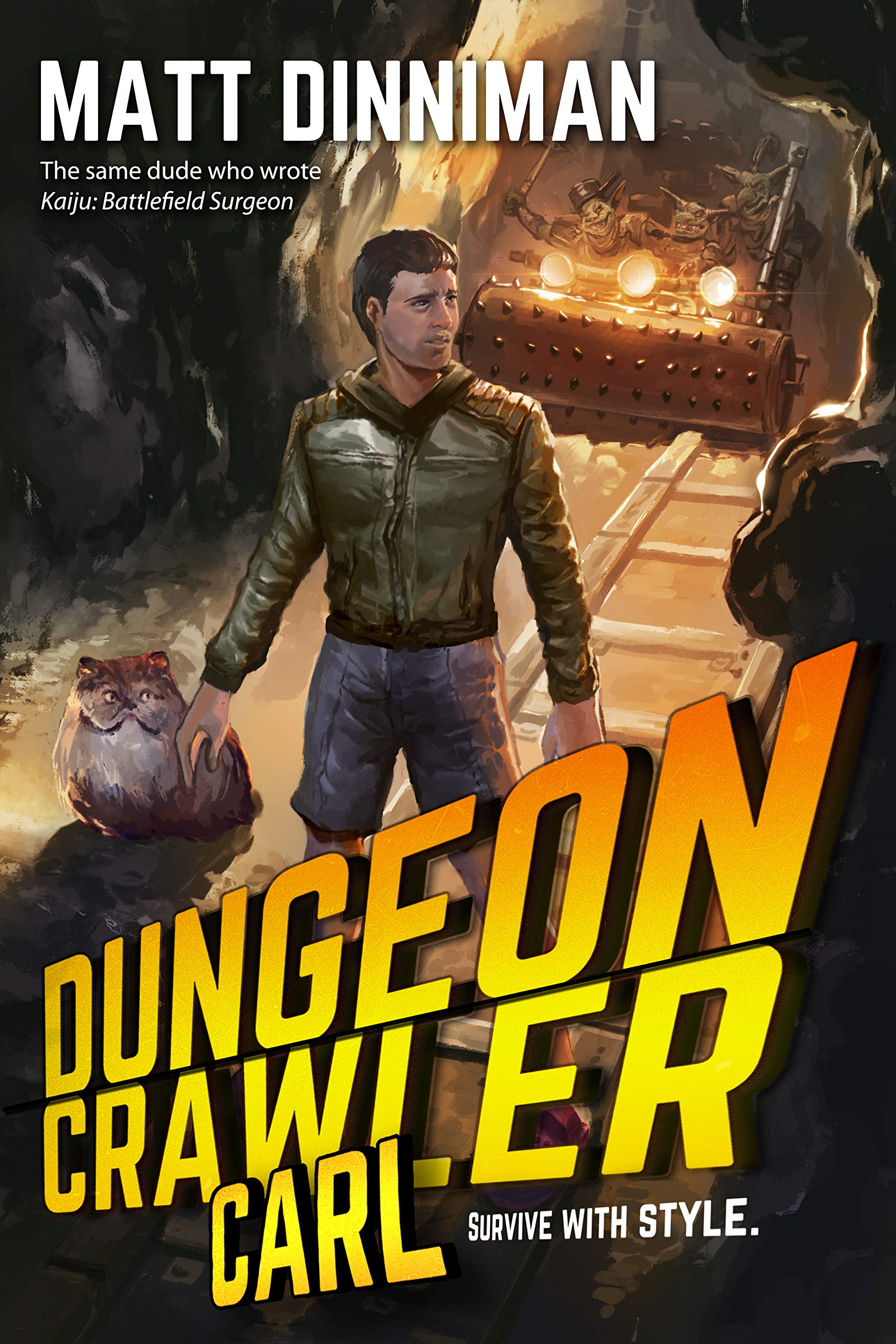 🌟🌟🌟🌟🌟
🌟🌟🌟🌟🌟
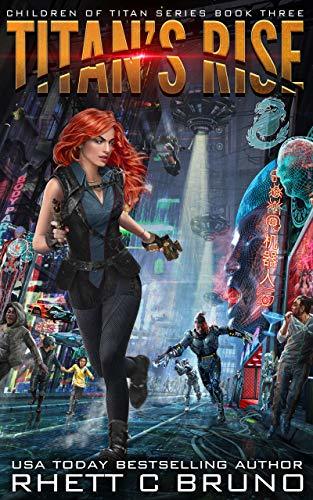 ⭐⭐⭐
⭐⭐⭐
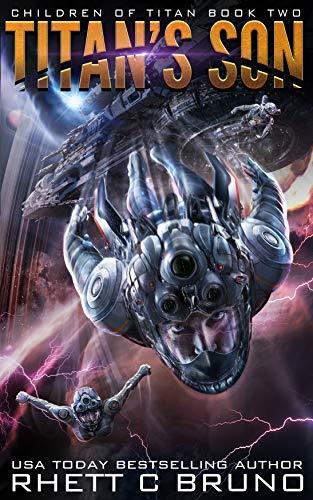 🌟🌟🌟🌟🌟
🌟🌟🌟🌟🌟
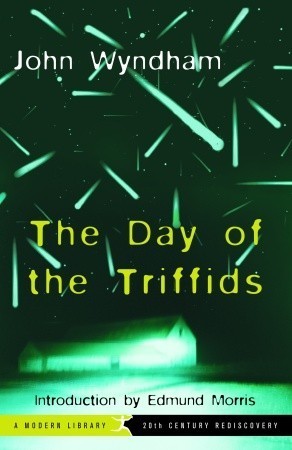 ⭐⭐⭐⭐
⭐⭐⭐⭐
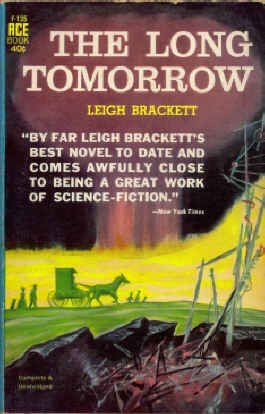 🌟🌟🌟🌟🌟
🌟🌟🌟🌟🌟
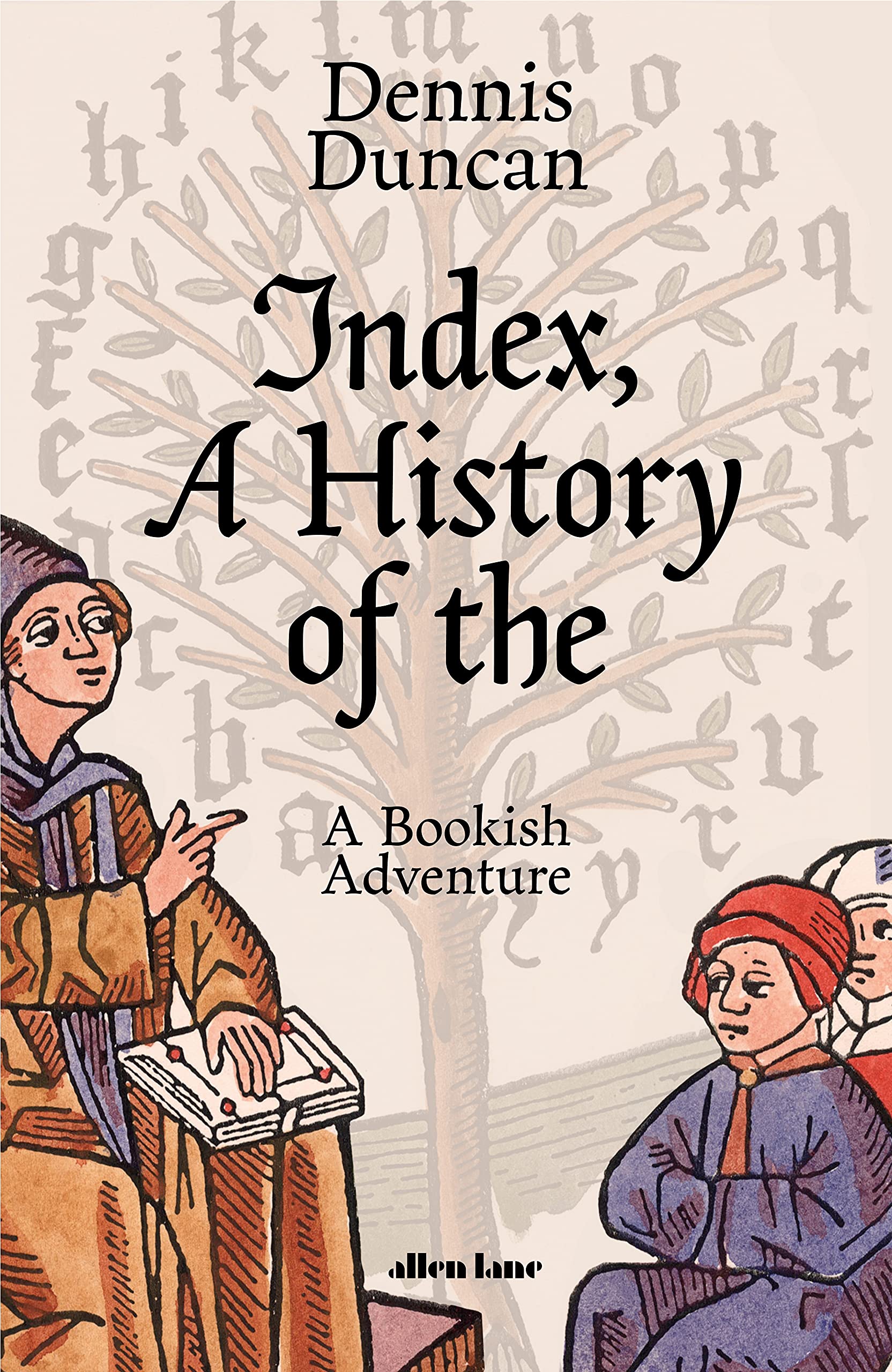 ⭐⭐⭐⭐
⭐⭐⭐⭐
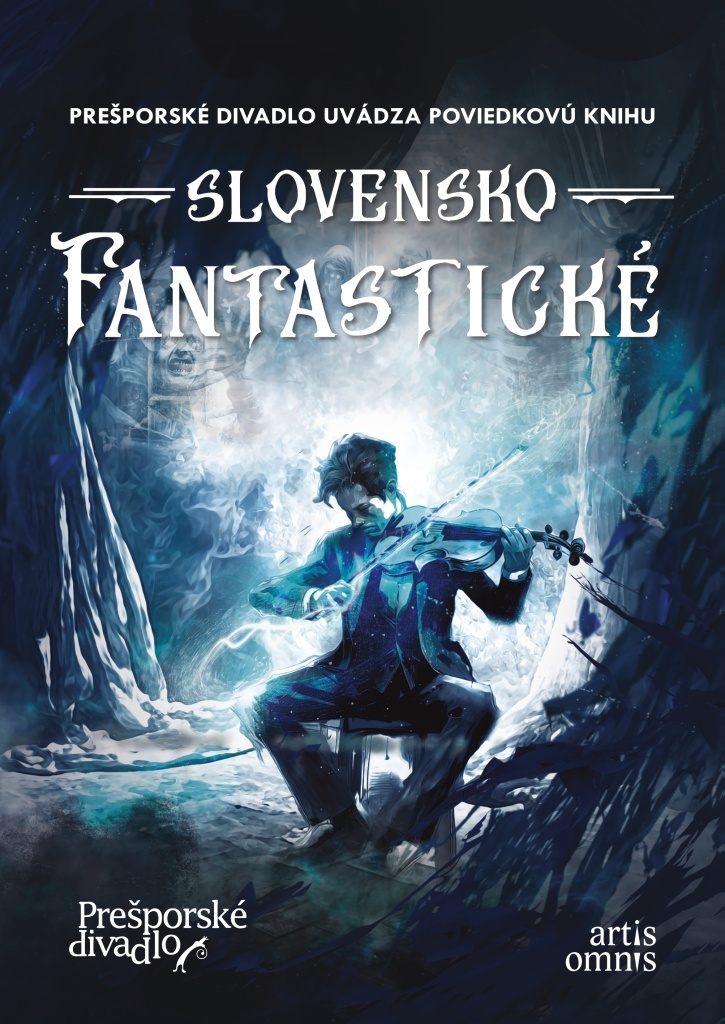 ⭐⭐⭐
⭐⭐⭐
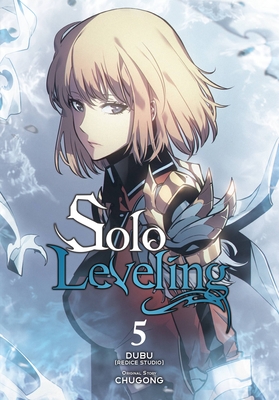 ⭐⭐⭐⭐
⭐⭐⭐⭐
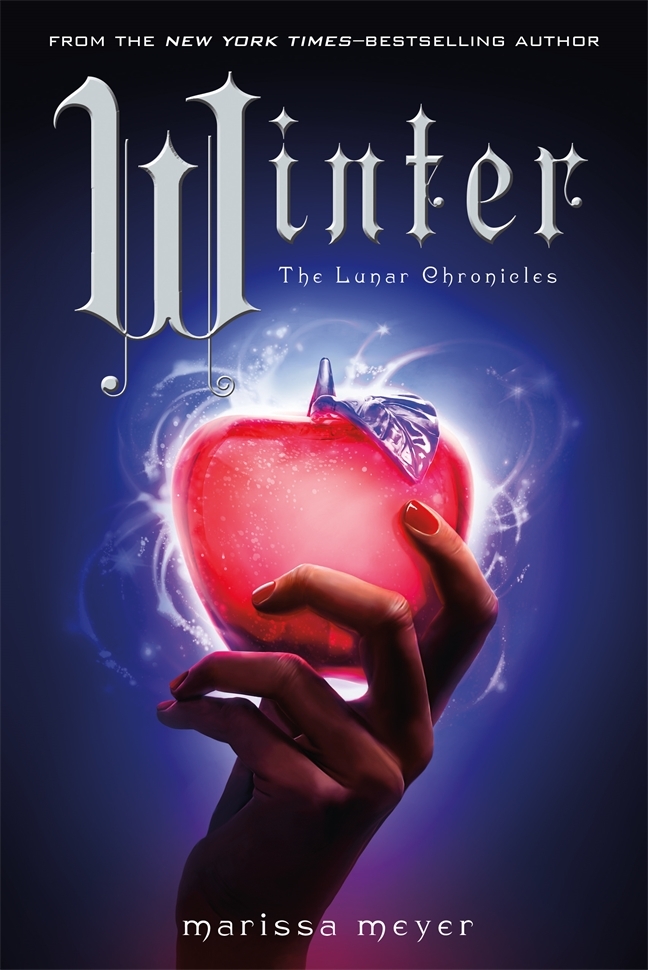 ⭐⭐⭐⭐
⭐⭐⭐⭐
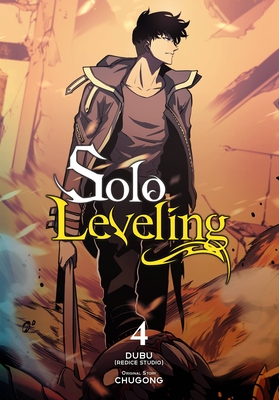 ⭐⭐⭐⭐
⭐⭐⭐⭐
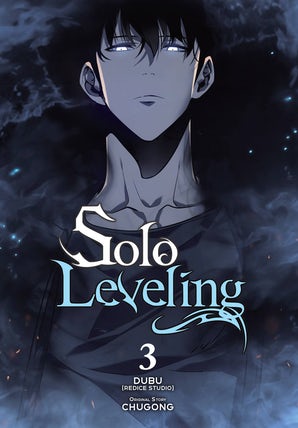 ⭐⭐⭐⭐
⭐⭐⭐⭐
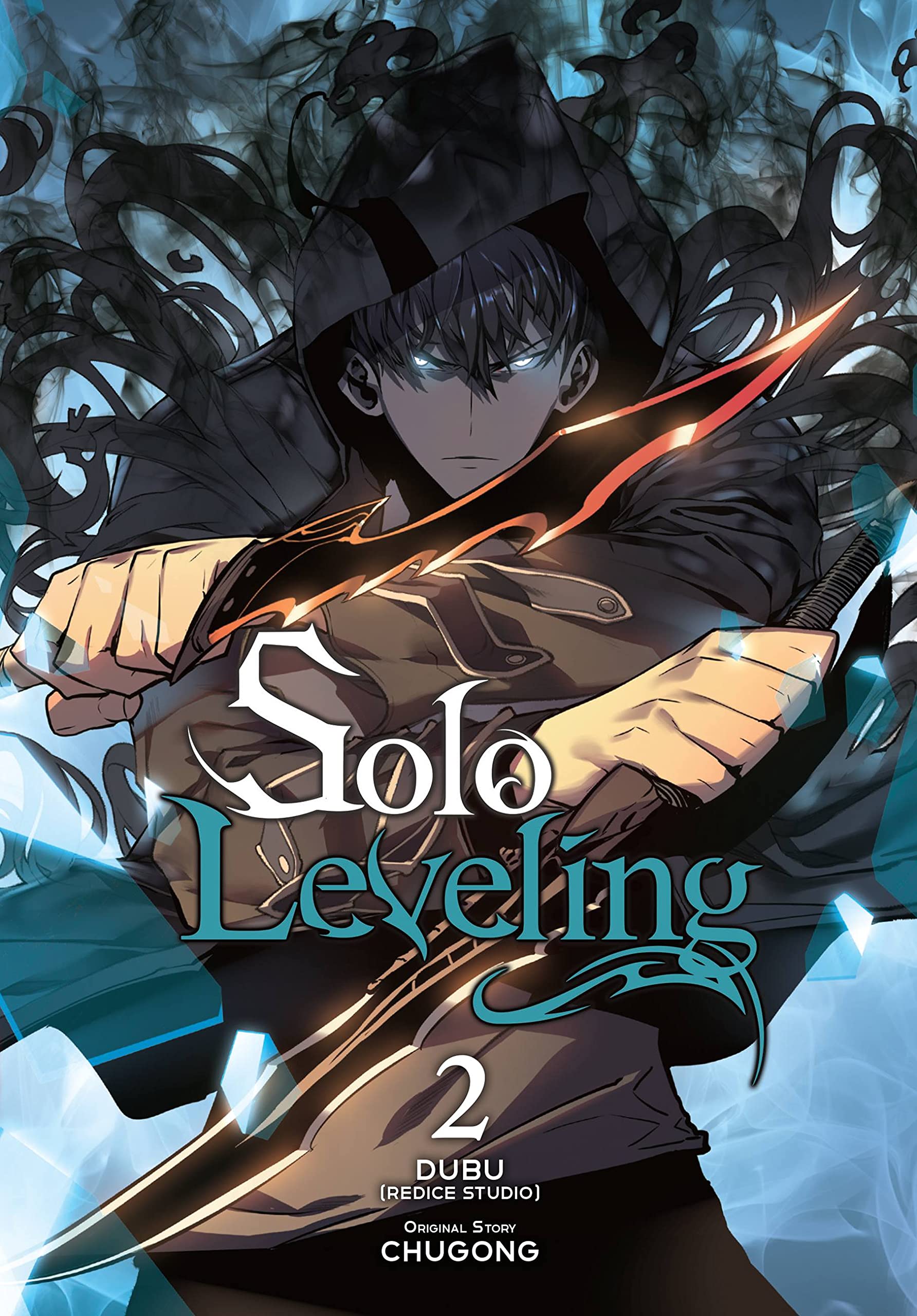 ⭐⭐⭐
⭐⭐⭐
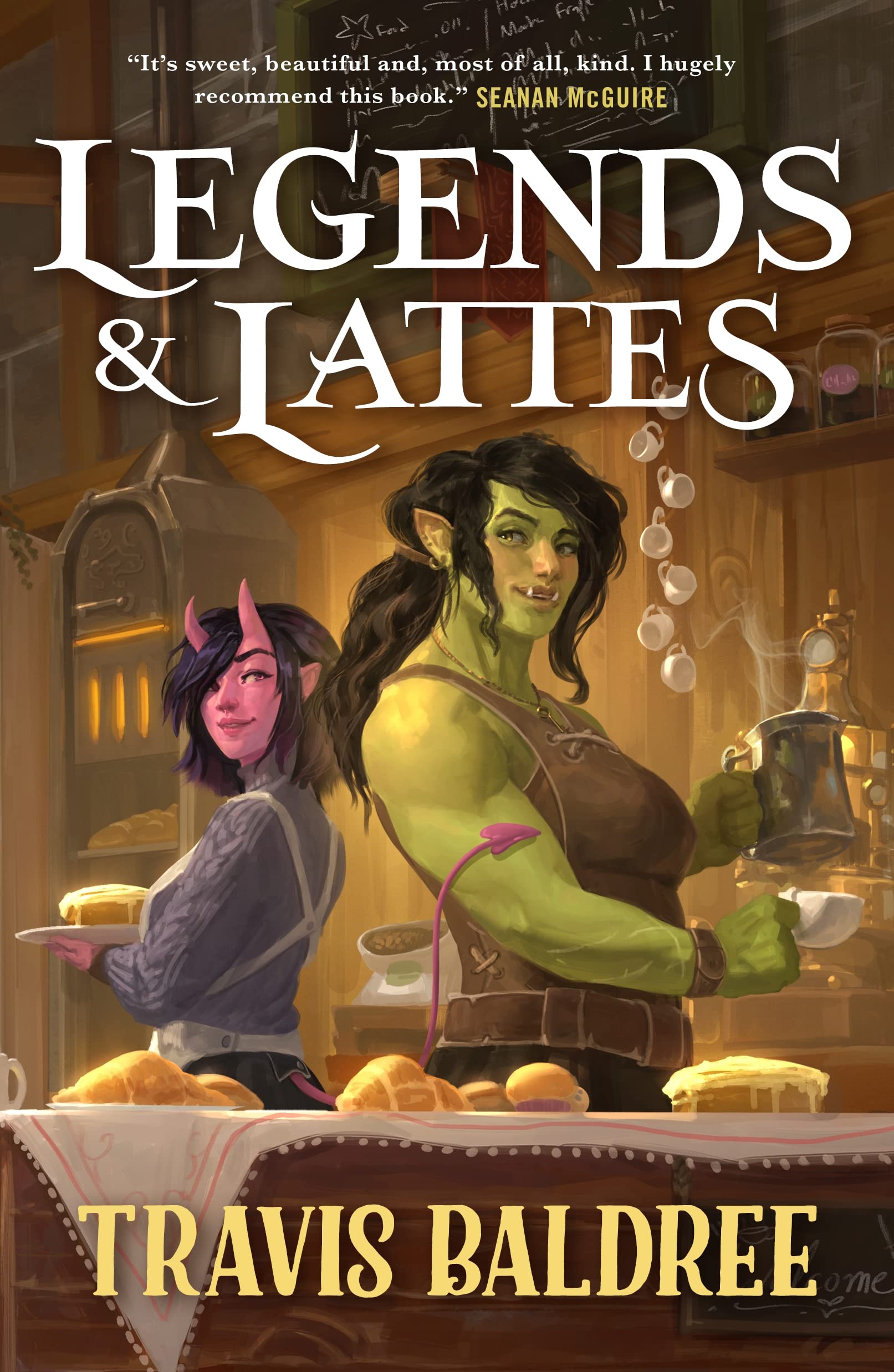 ⭐⭐⭐⭐
⭐⭐⭐⭐
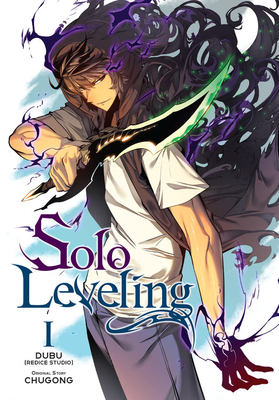 ⭐⭐⭐
⭐⭐⭐
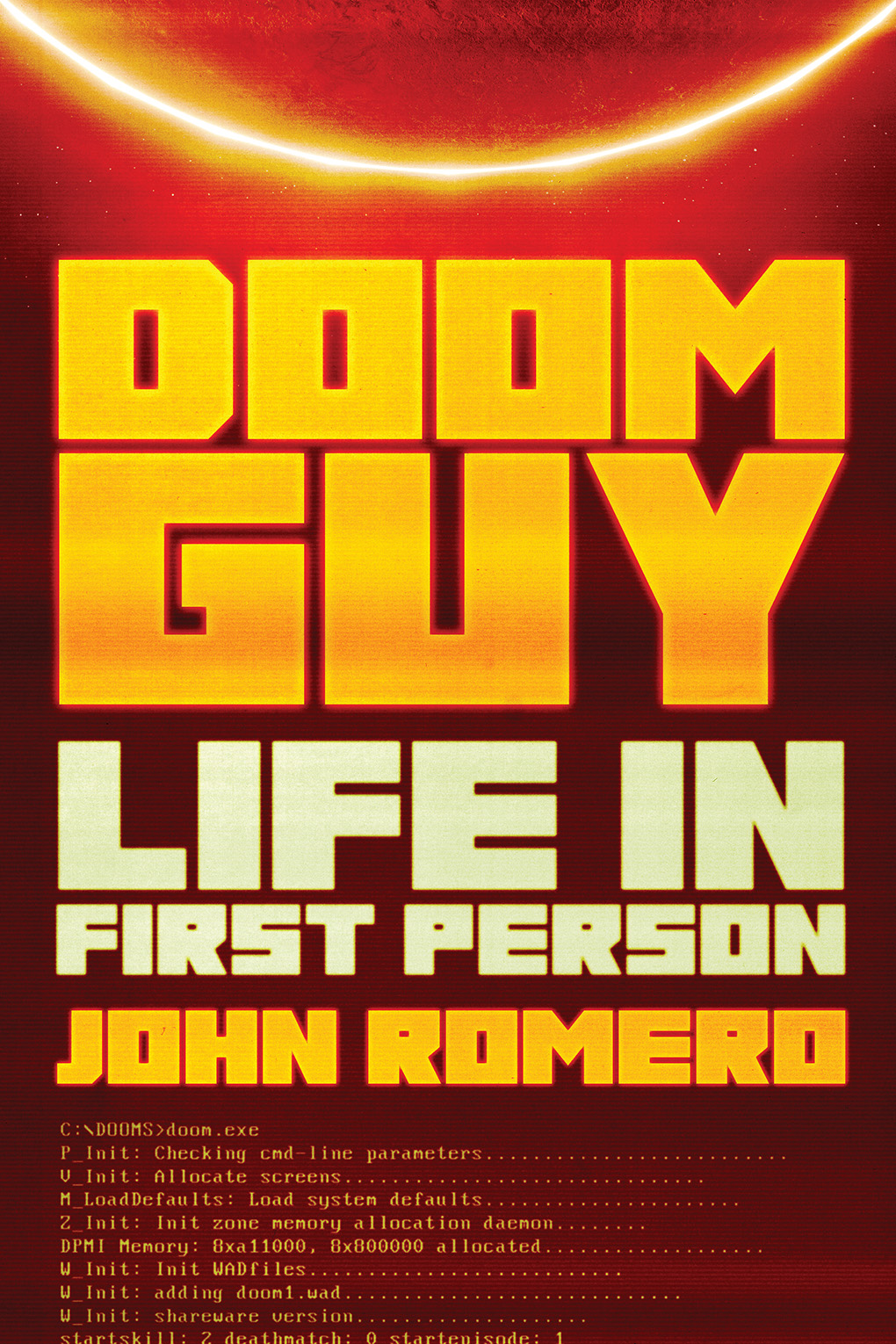 🌟🌟🌟🌟🌟
🌟🌟🌟🌟🌟
 ⭐⭐⭐
⭐⭐⭐
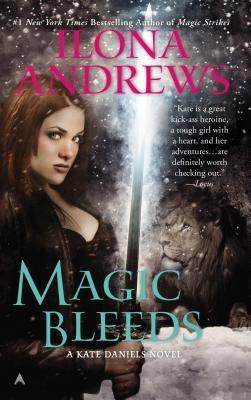 ⭐⭐⭐⭐
⭐⭐⭐⭐
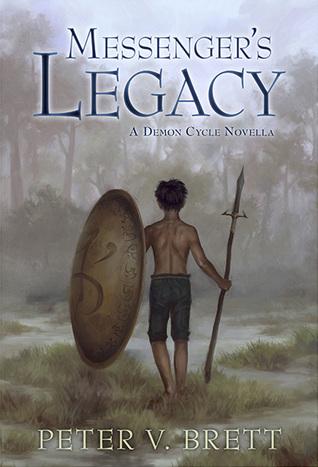 🌟🌟🌟🌟🌟
🌟🌟🌟🌟🌟
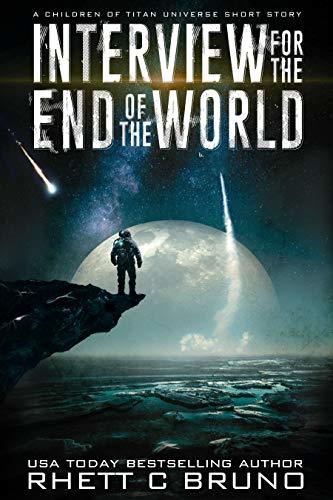 ⭐⭐⭐⭐
⭐⭐⭐⭐
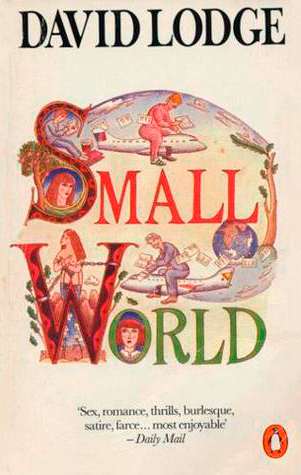 🌟🌟🌟🌟🌟
🌟🌟🌟🌟🌟
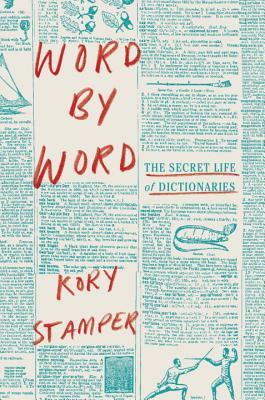 ⭐⭐⭐⭐
⭐⭐⭐⭐
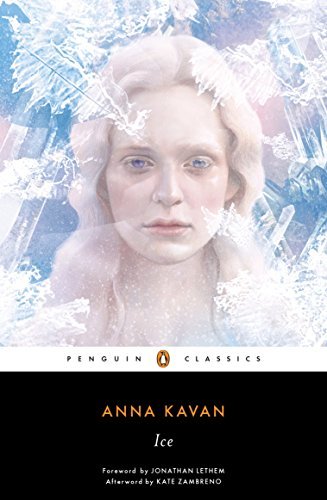 🌟🌟🌟🌟🌟
🌟🌟🌟🌟🌟
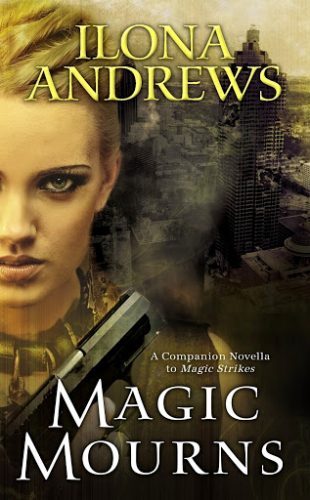 ⭐⭐⭐
⭐⭐⭐
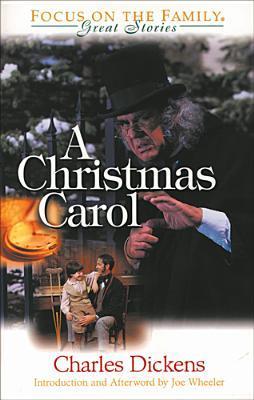 🌟🌟🌟🌟🌟
🌟🌟🌟🌟🌟
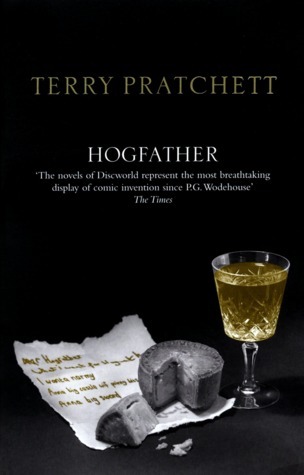 ⭐⭐⭐⭐
⭐⭐⭐⭐
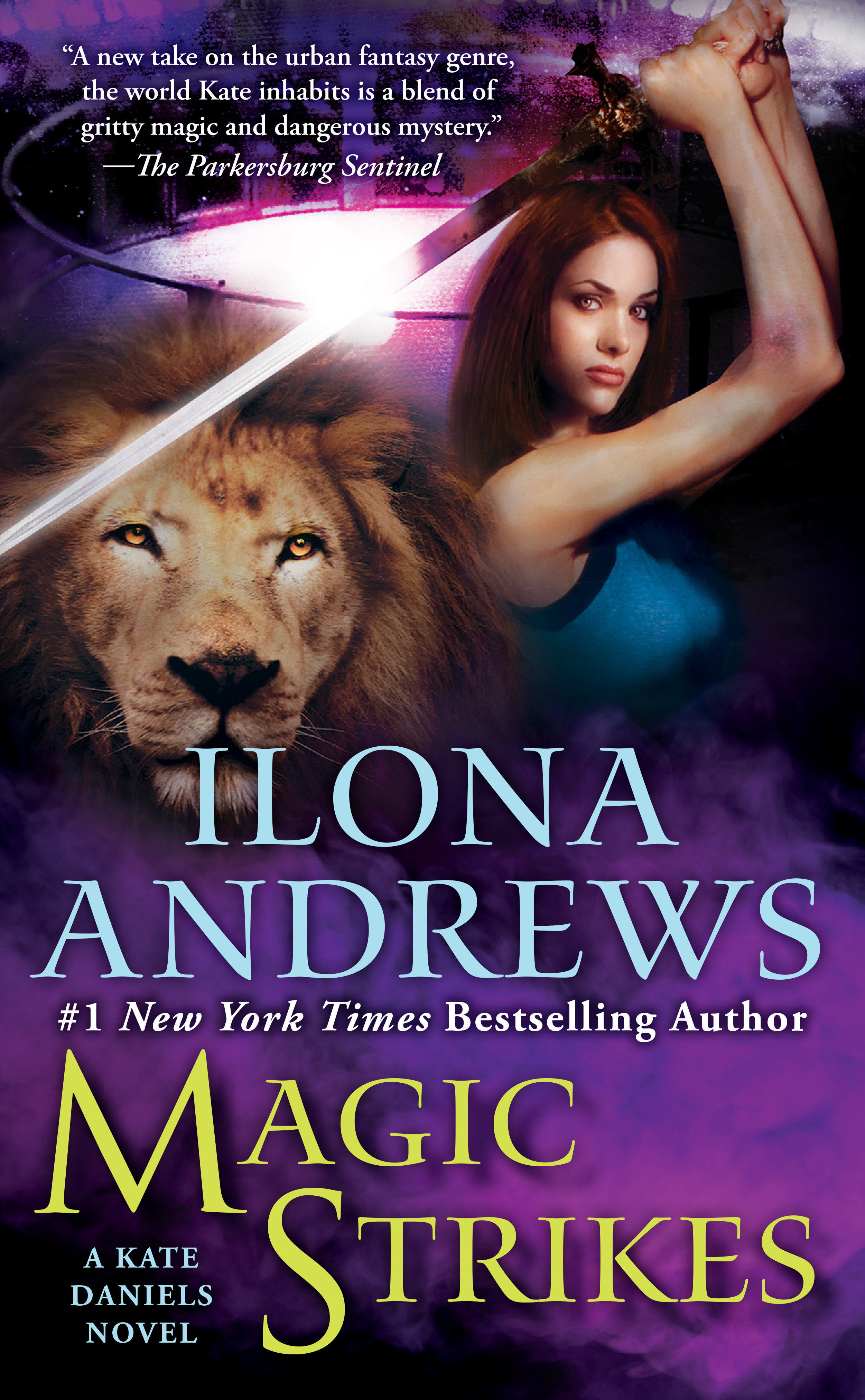 ⭐⭐⭐
⭐⭐⭐
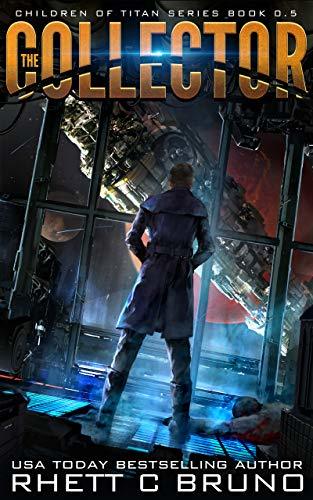 ⭐⭐⭐
⭐⭐⭐
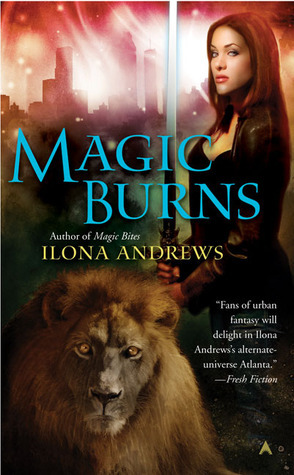 ⭐⭐⭐
⭐⭐⭐
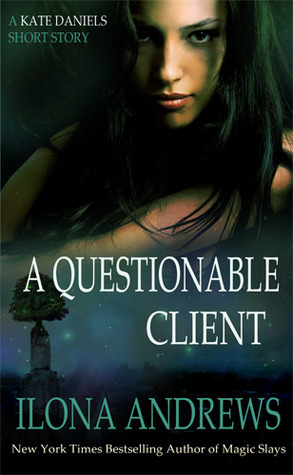 ⭐⭐
⭐⭐
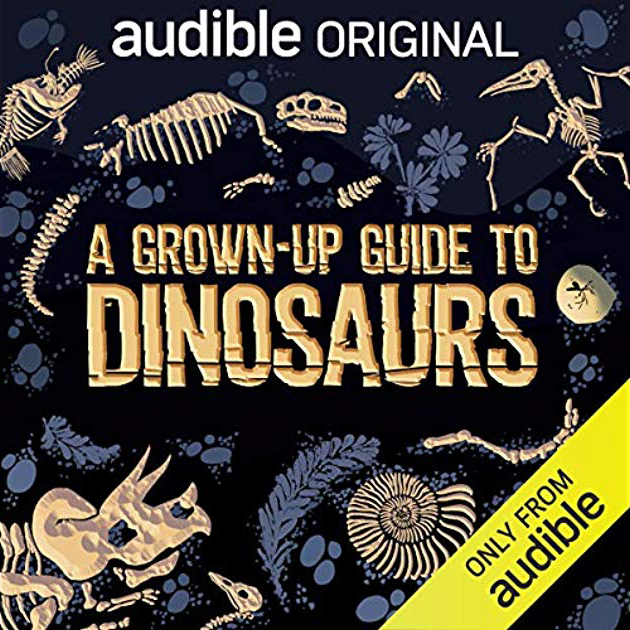 🌟🌟🌟🌟🌟
🌟🌟🌟🌟🌟
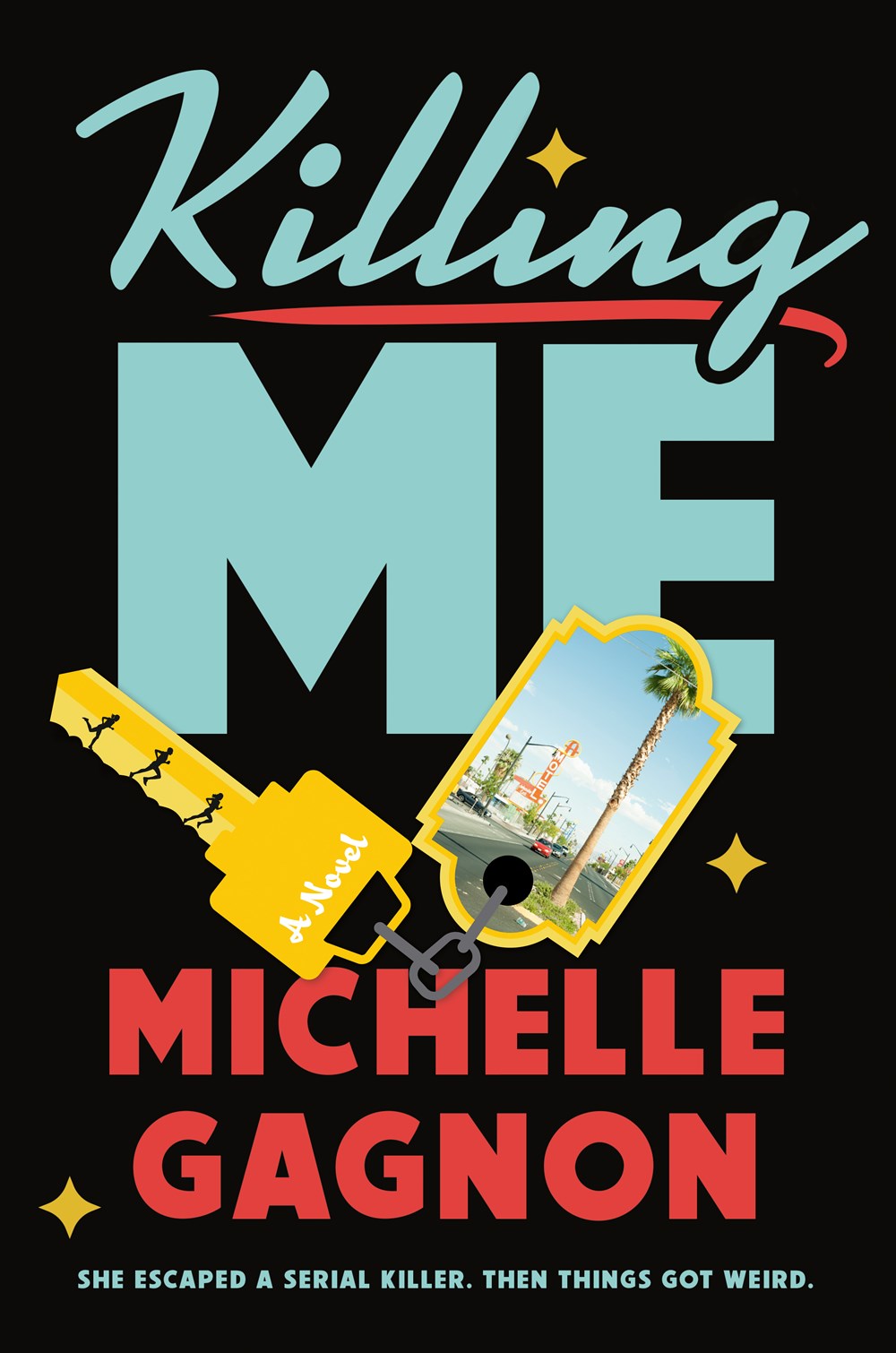 ⭐⭐⭐
⭐⭐⭐
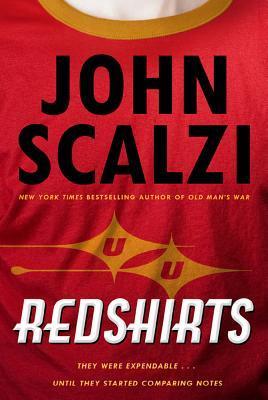 ⭐⭐⭐⭐
⭐⭐⭐⭐
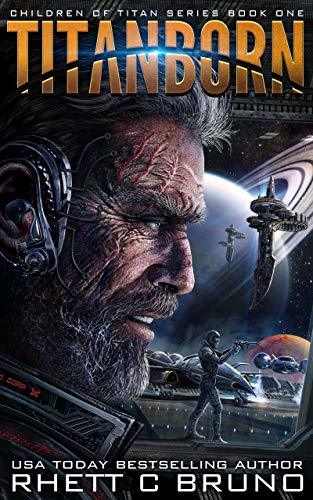 ⭐⭐⭐⭐
⭐⭐⭐⭐
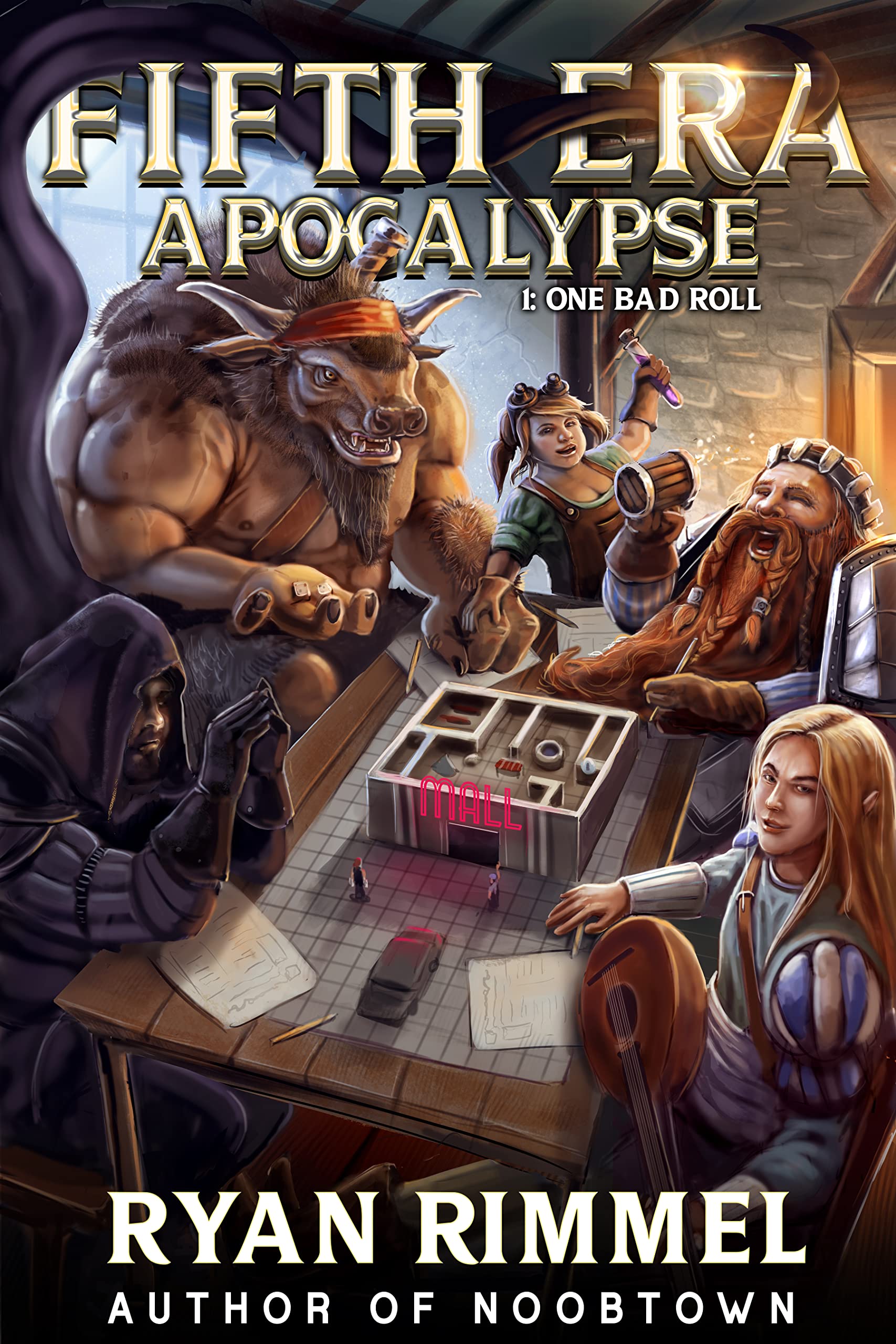 ⭐⭐⭐
⭐⭐⭐
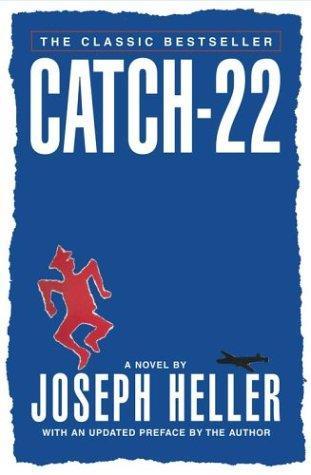 ⭐⭐⭐⭐
⭐⭐⭐⭐
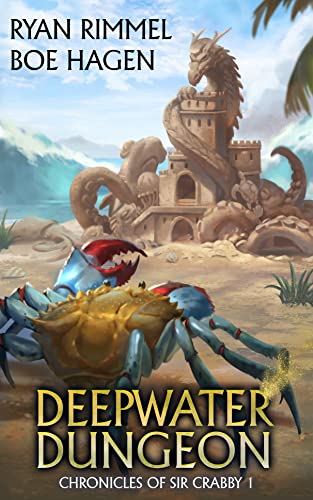 ⭐⭐
⭐⭐
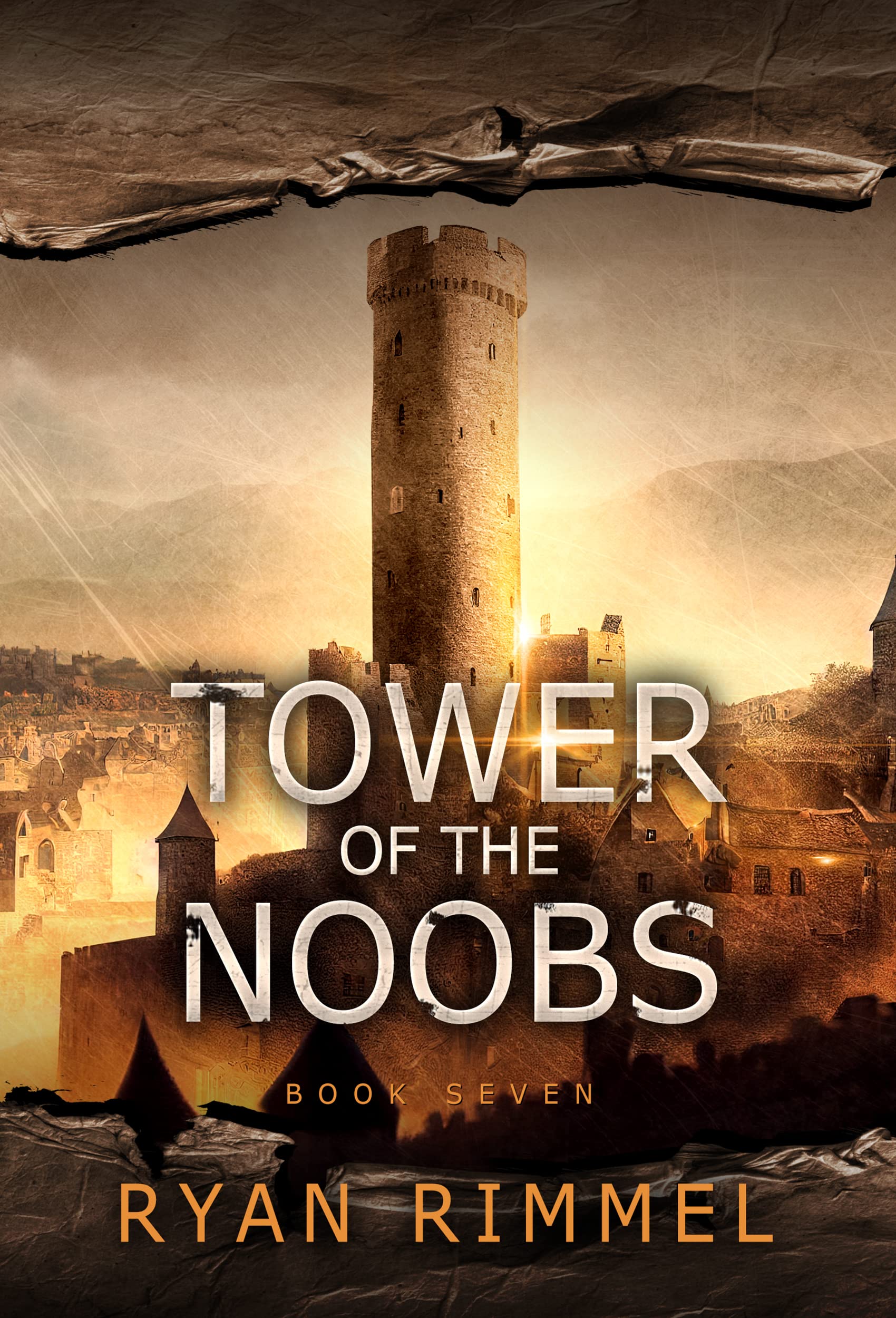 🌟🌟🌟🌟🌟
🌟🌟🌟🌟🌟
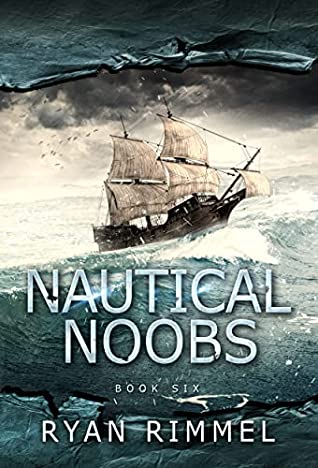 ⭐⭐⭐⭐
⭐⭐⭐⭐
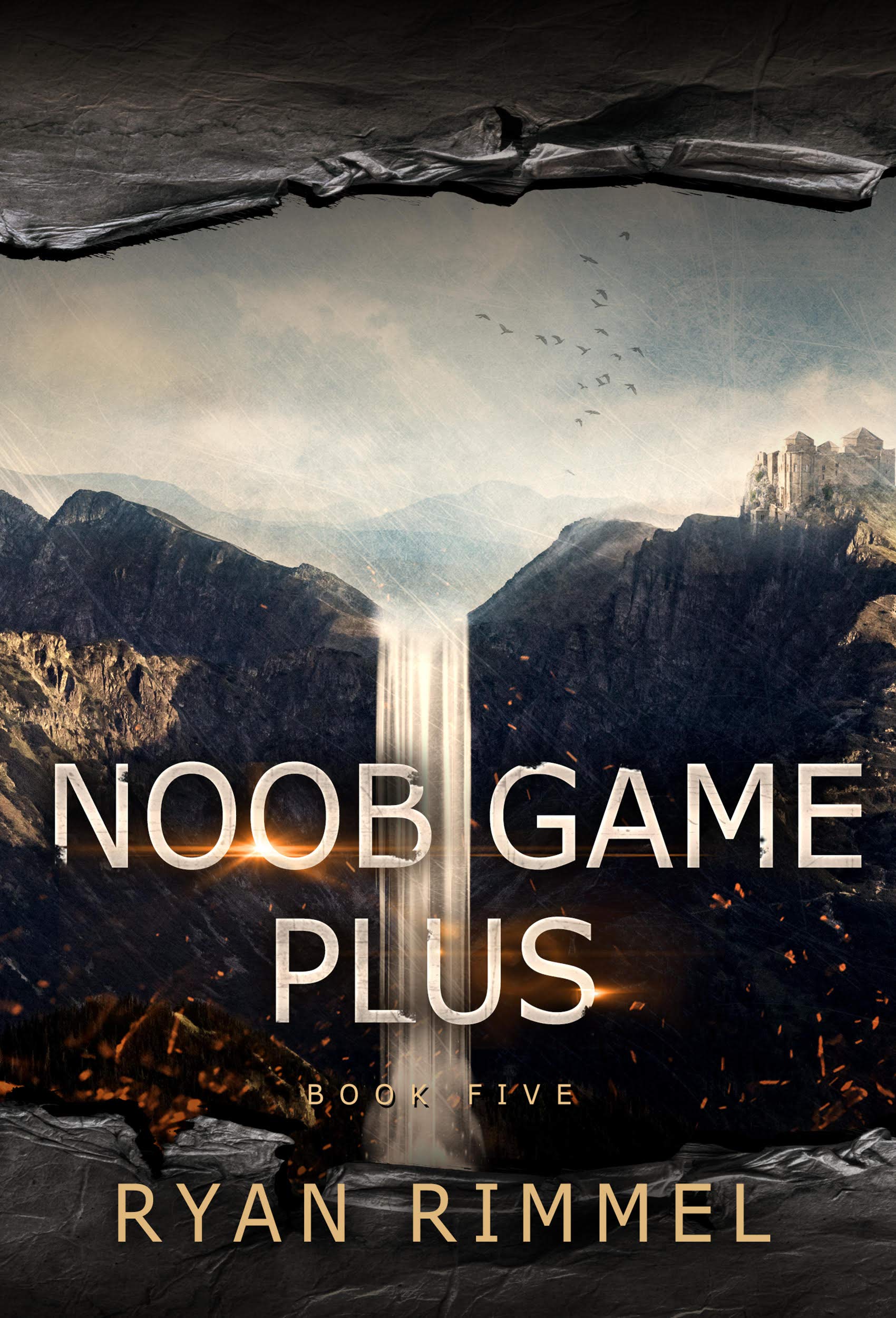 🌟🌟🌟🌟🌟
🌟🌟🌟🌟🌟
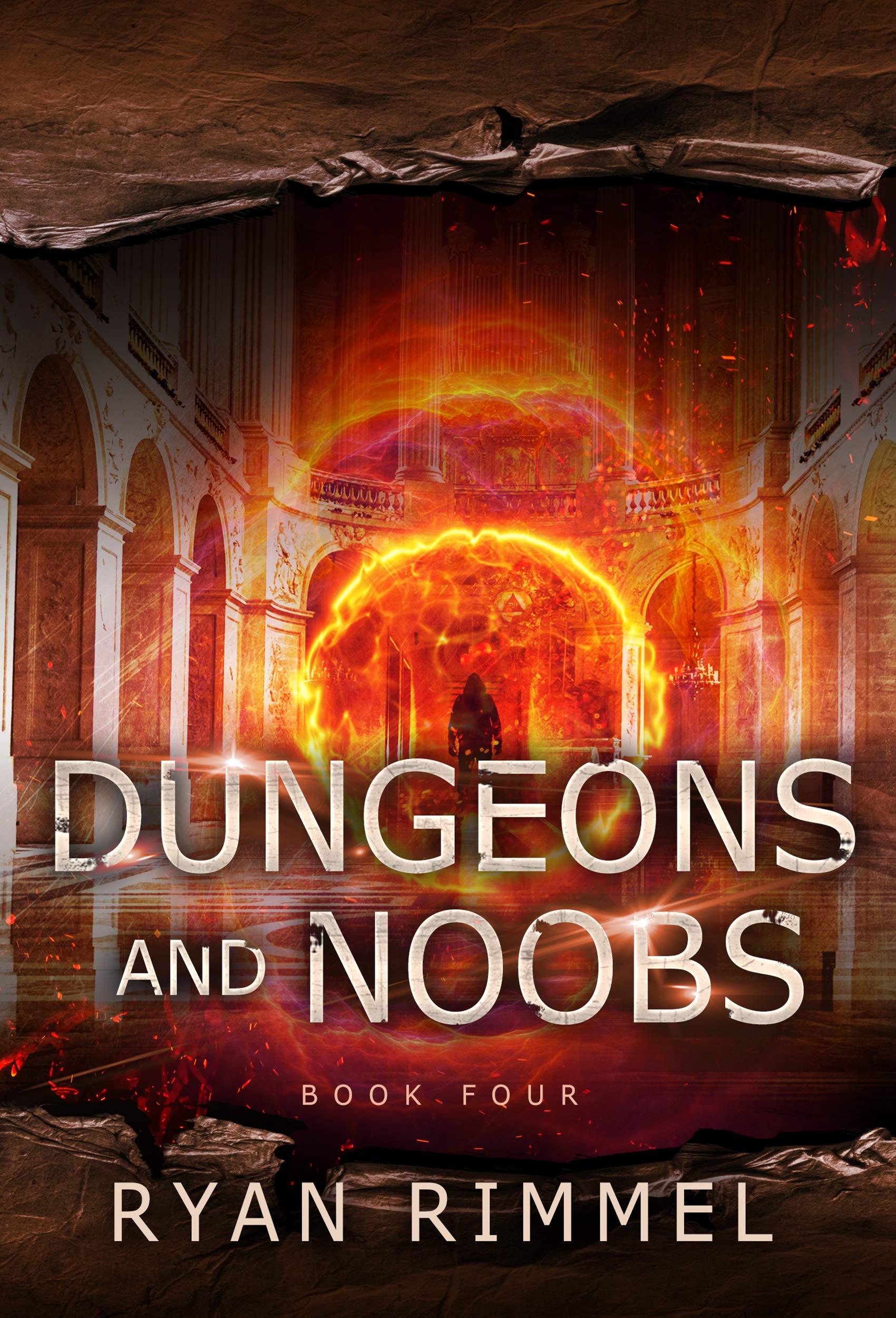 🌟🌟🌟🌟🌟
🌟🌟🌟🌟🌟
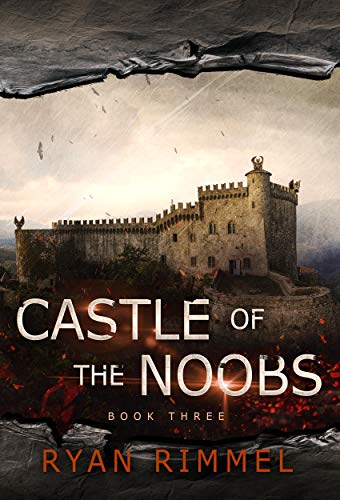 ⭐⭐⭐⭐
⭐⭐⭐⭐
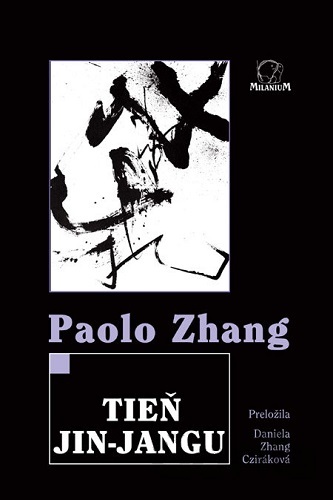
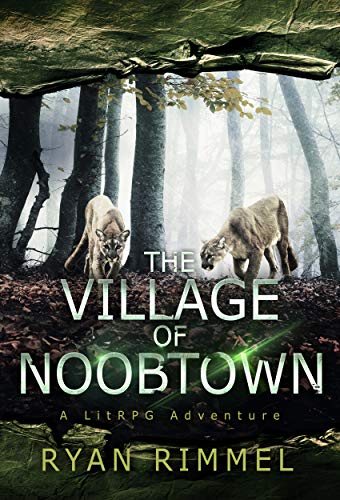 ⭐⭐⭐⭐
⭐⭐⭐⭐
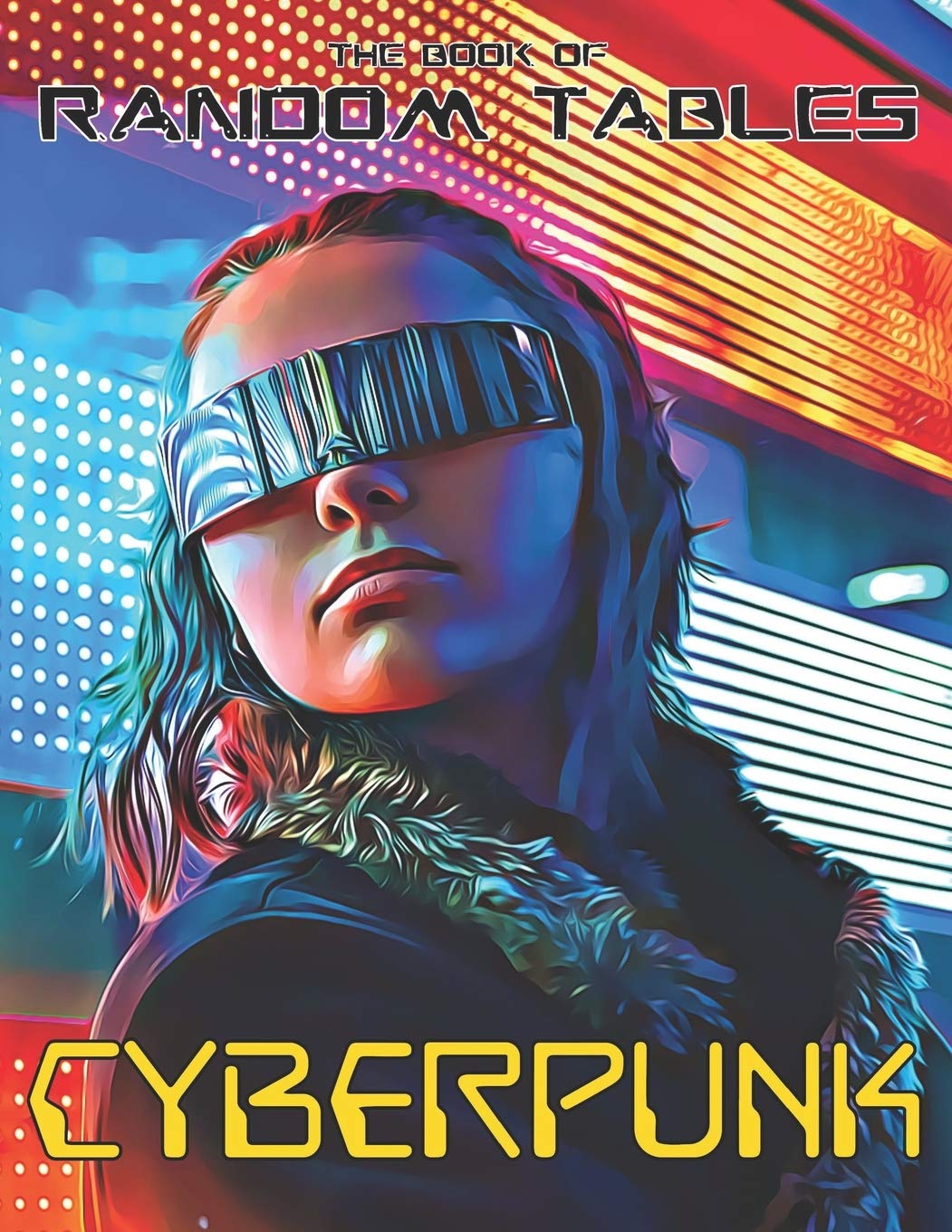
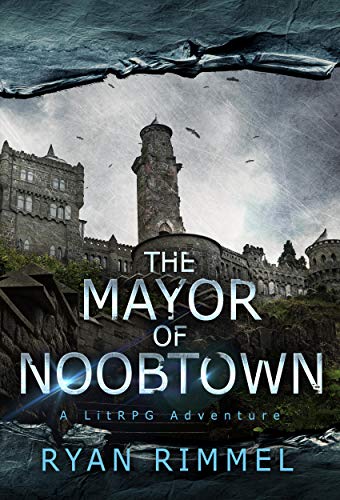 🌟🌟🌟🌟🌟
🌟🌟🌟🌟🌟
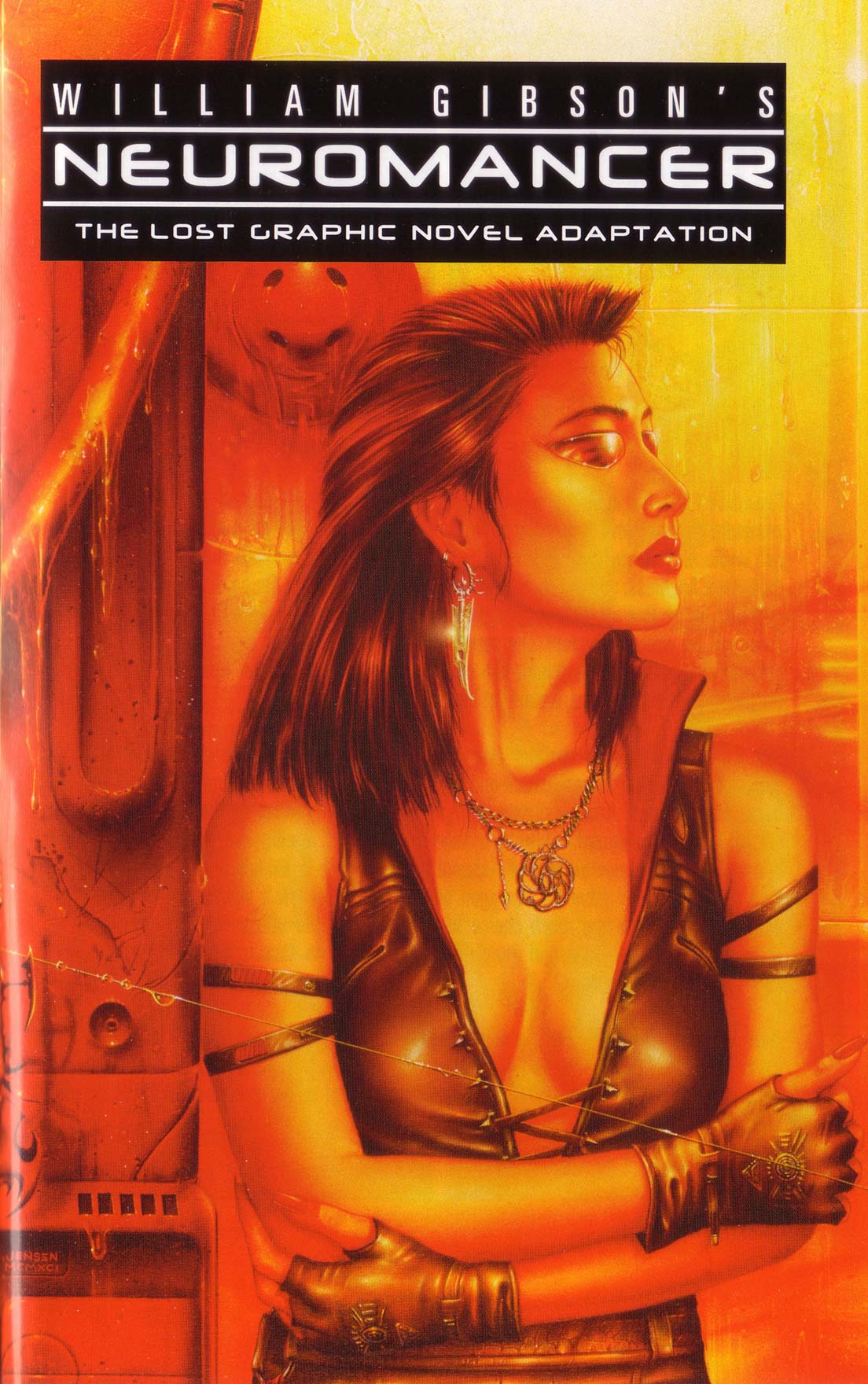
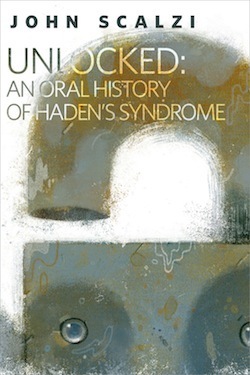 ⭐⭐⭐
⭐⭐⭐
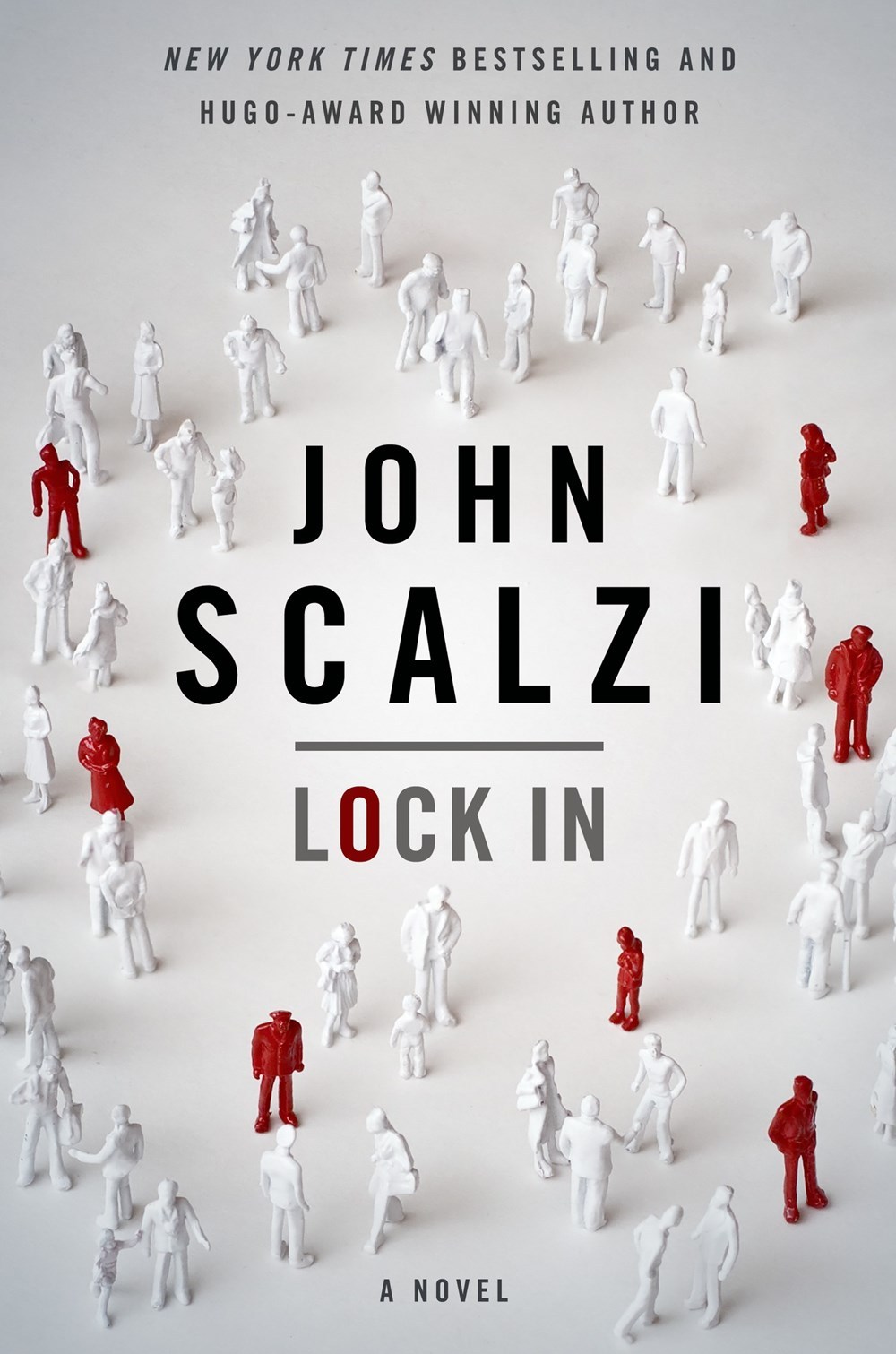 ⭐⭐⭐⭐
⭐⭐⭐⭐
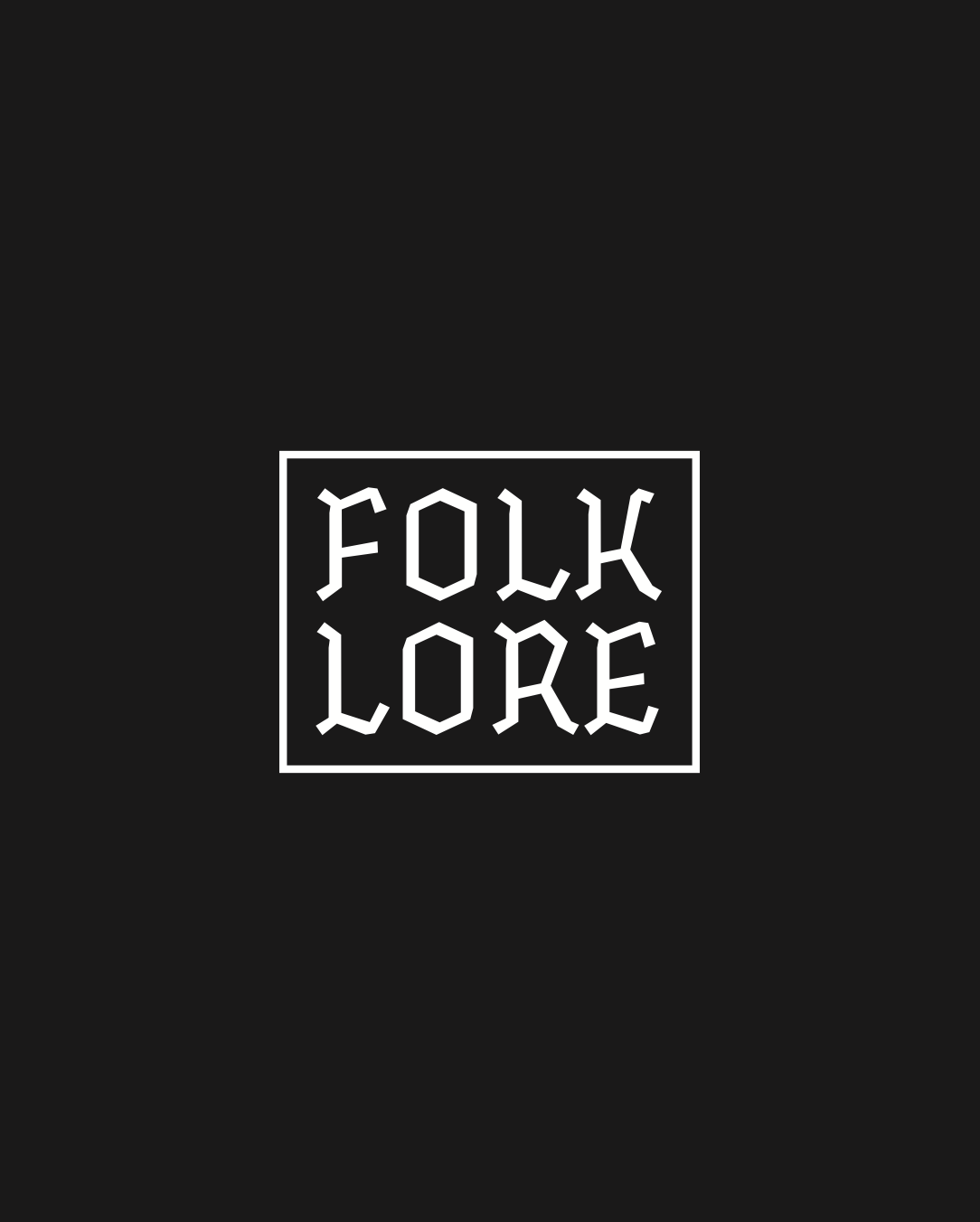 ⭐⭐⭐⭐
⭐⭐⭐⭐
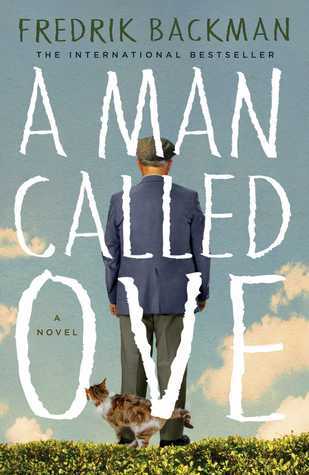 🌟🌟🌟🌟🌟
🌟🌟🌟🌟🌟
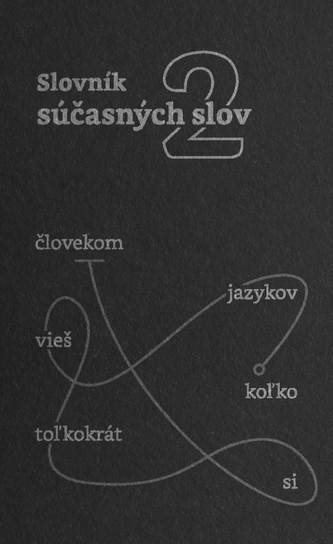 ⭐⭐⭐
⭐⭐⭐
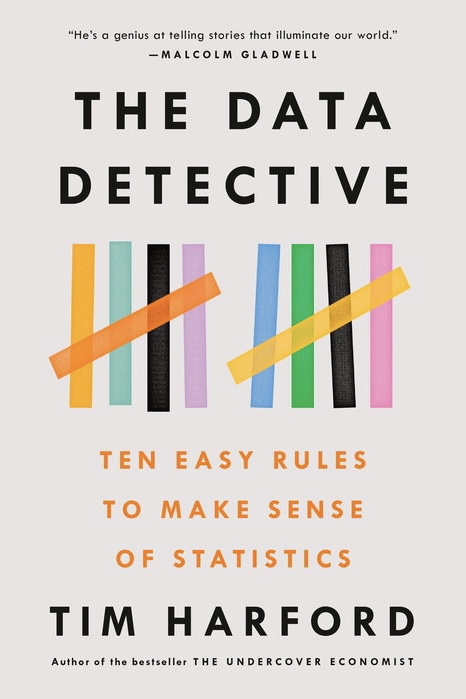 🌟🌟🌟🌟🌟
🌟🌟🌟🌟🌟
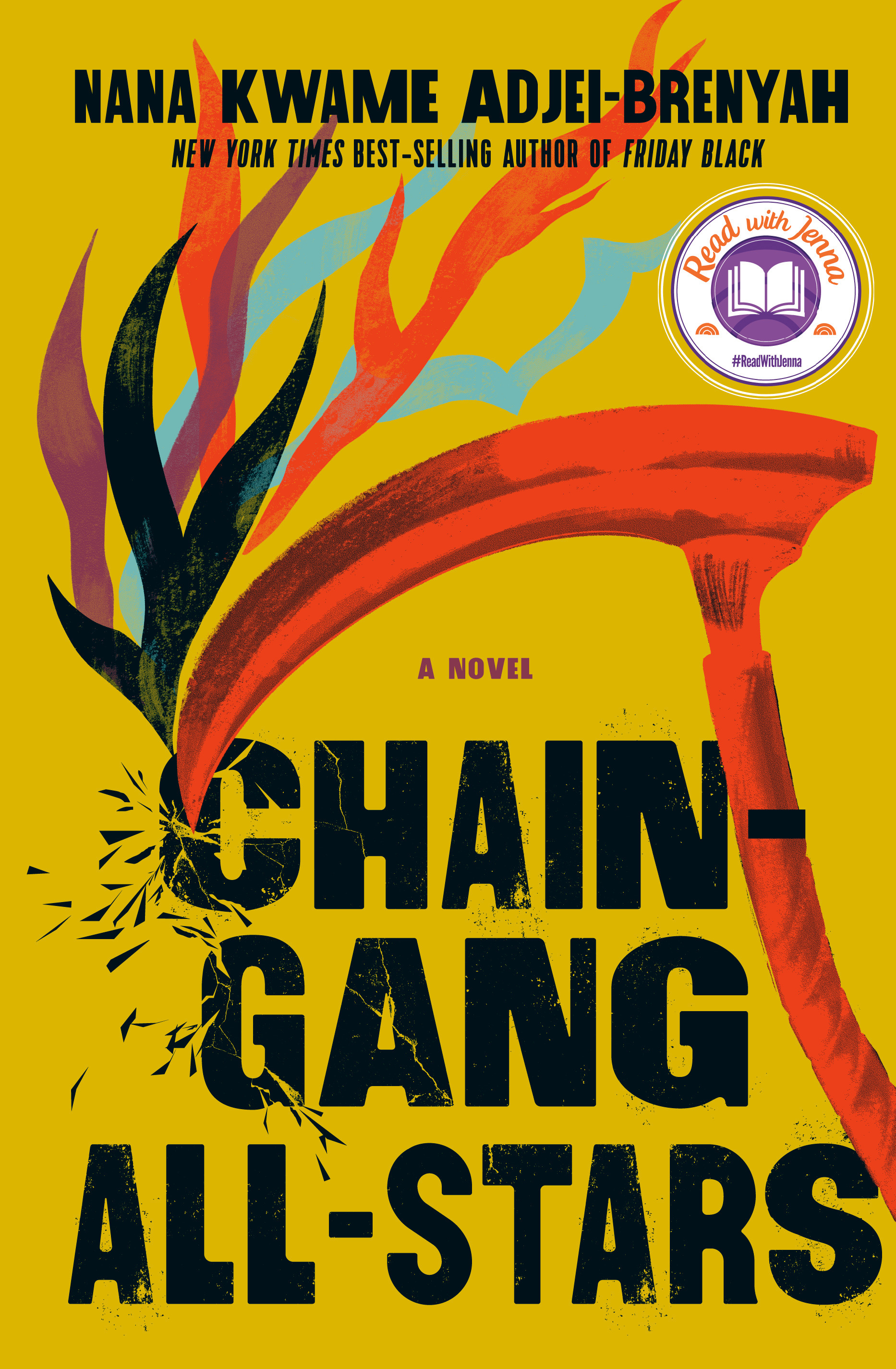 🌟🌟🌟🌟🌟
🌟🌟🌟🌟🌟
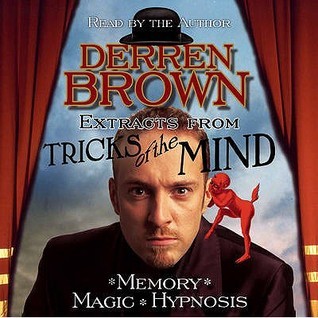 🌟🌟🌟🌟🌟
🌟🌟🌟🌟🌟
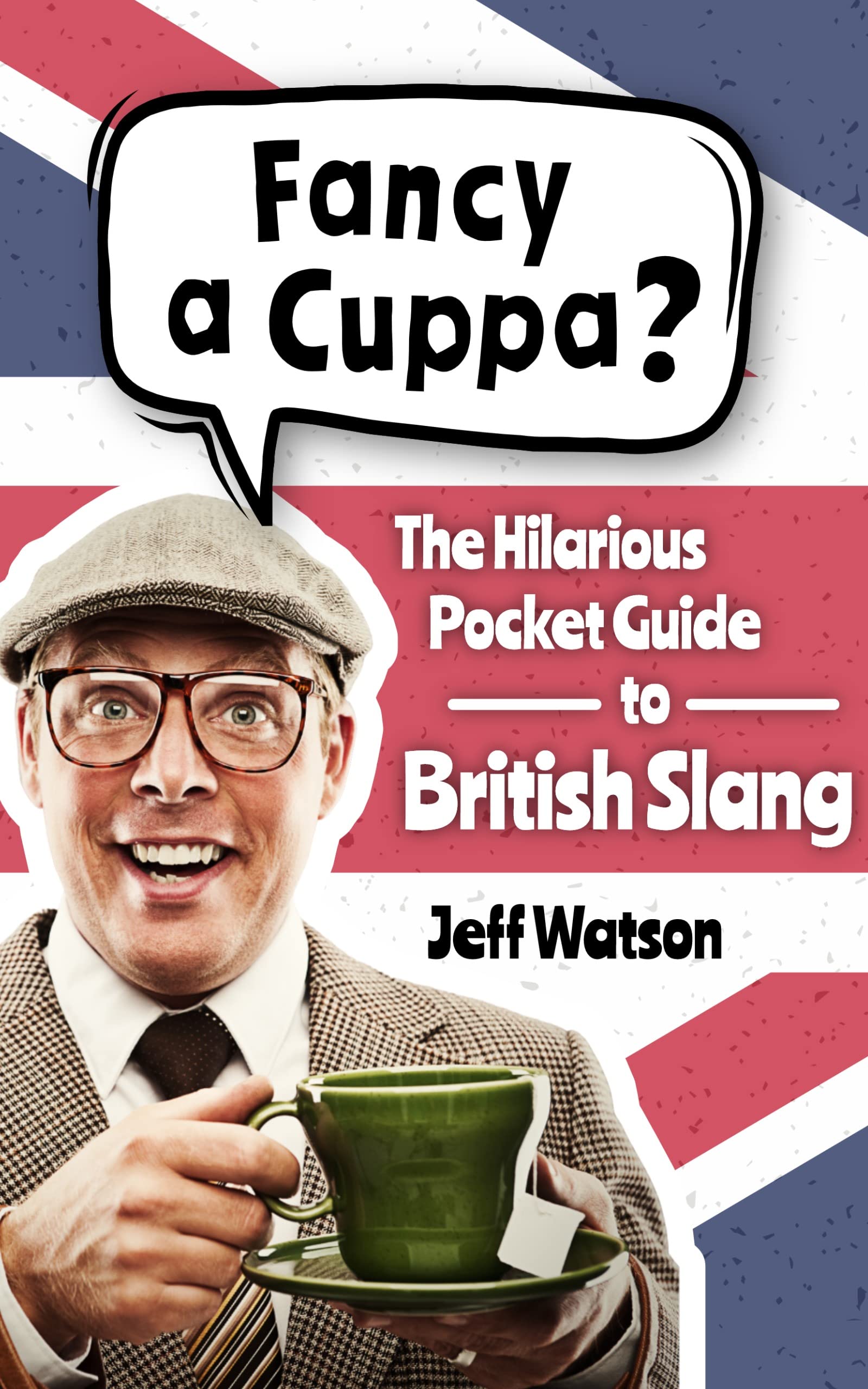 ⭐⭐⭐⭐
⭐⭐⭐⭐
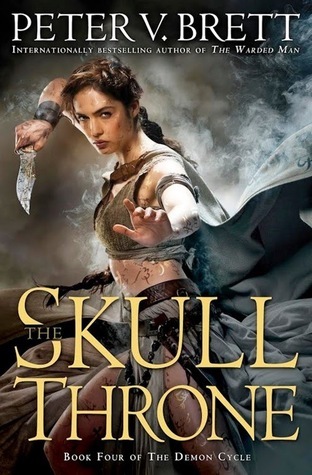 🌟🌟🌟🌟🌟
🌟🌟🌟🌟🌟
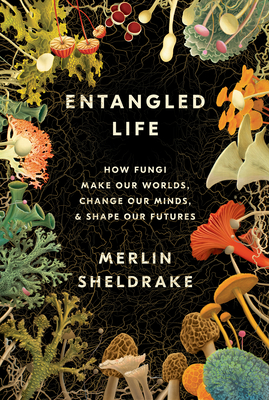 🌟🌟🌟🌟🌟
🌟🌟🌟🌟🌟
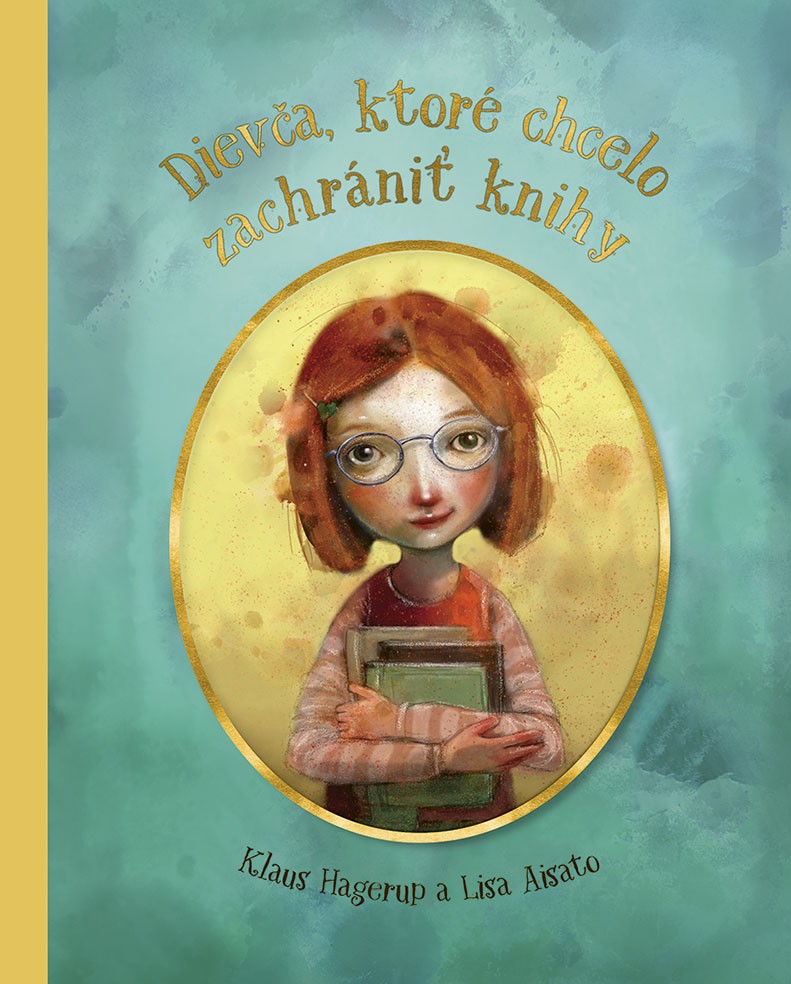 ⭐⭐⭐⭐
⭐⭐⭐⭐
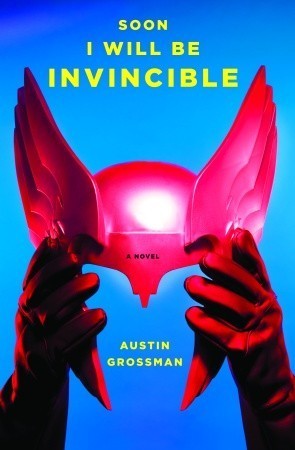 🌟🌟🌟🌟🌟
🌟🌟🌟🌟🌟
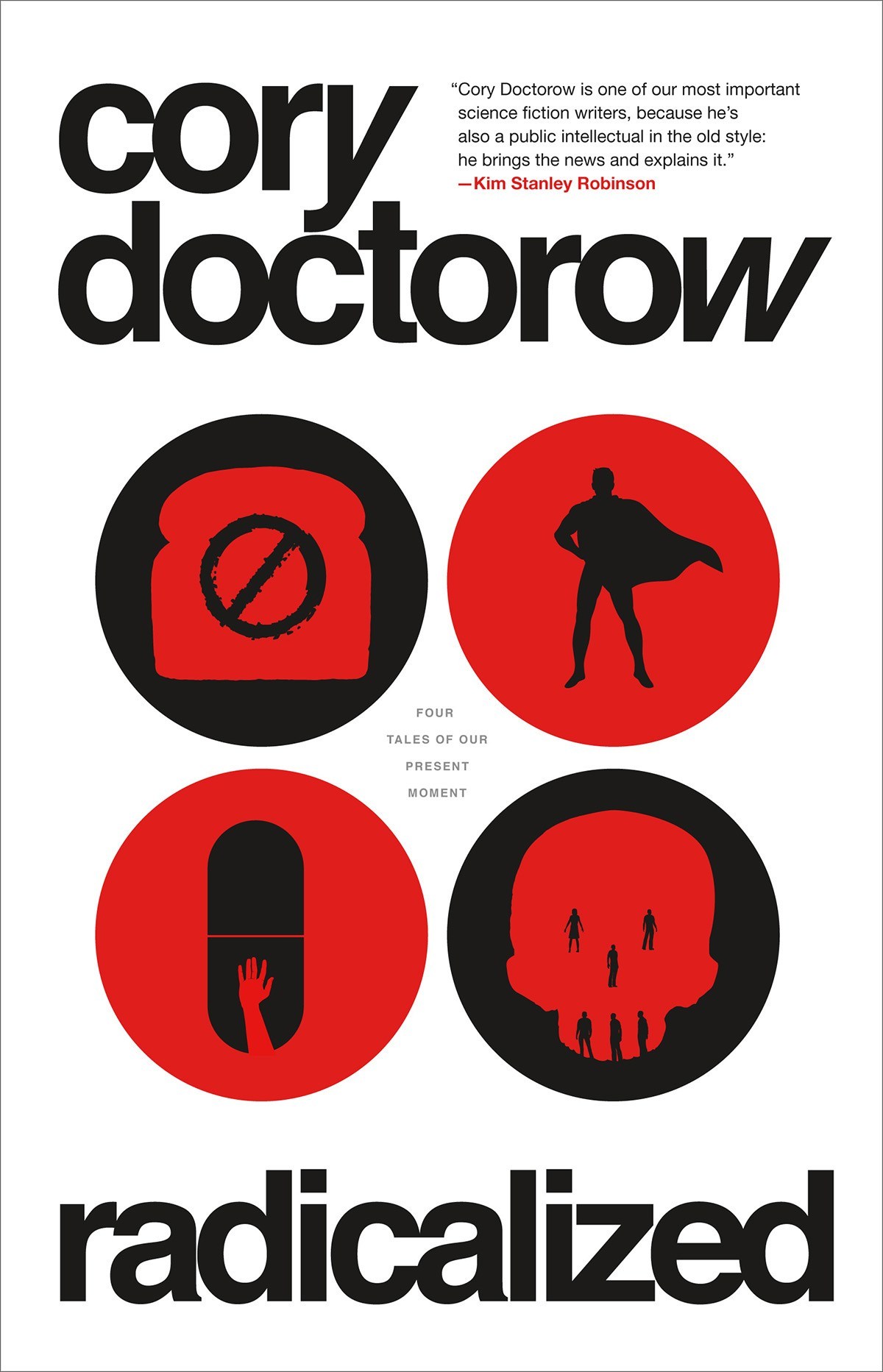 🌟🌟🌟🌟🌟
🌟🌟🌟🌟🌟
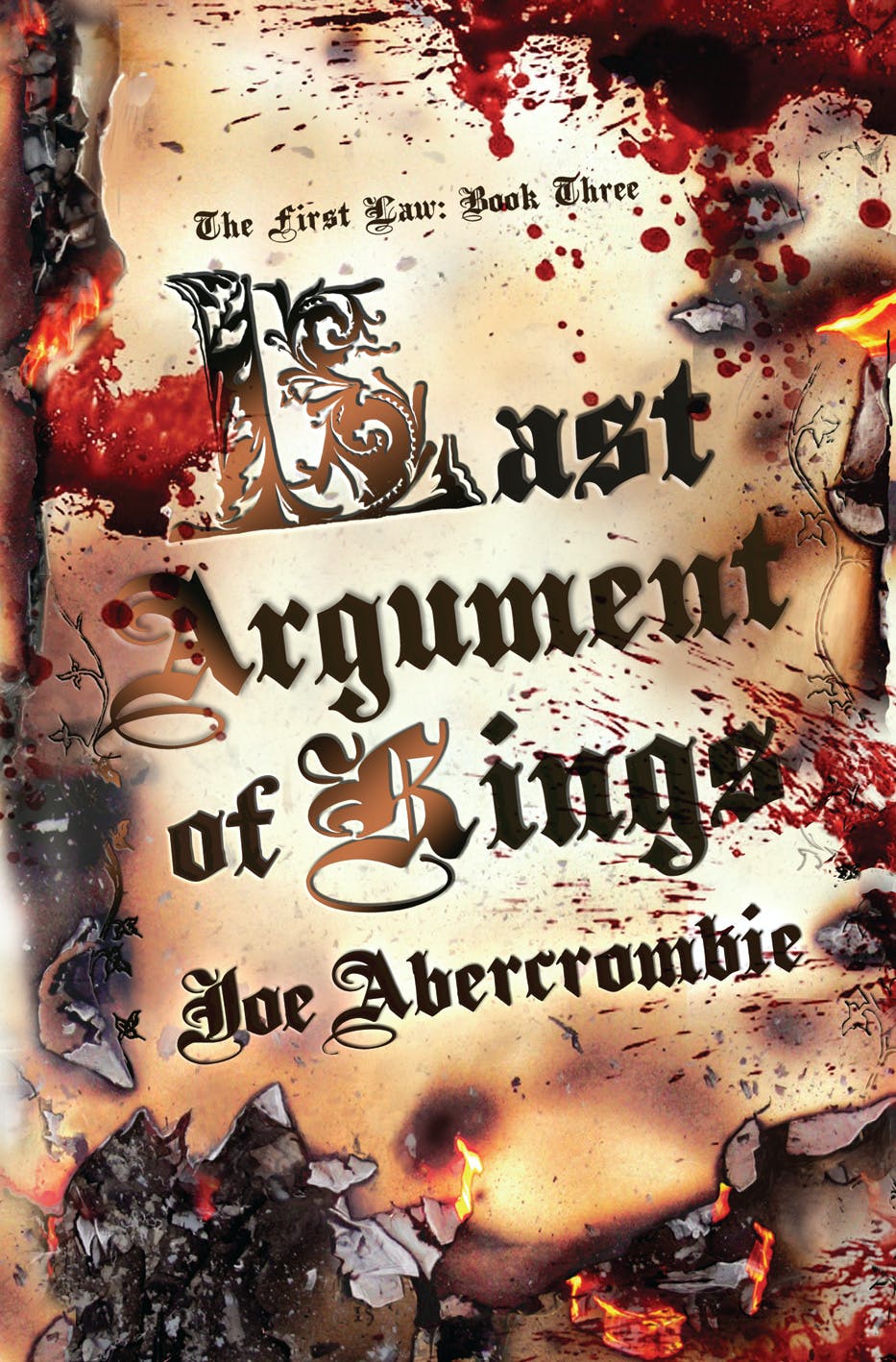 ⭐⭐⭐
⭐⭐⭐
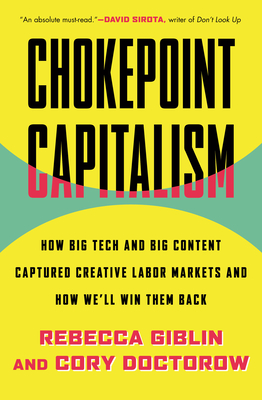 🌟🌟🌟🌟🌟
🌟🌟🌟🌟🌟
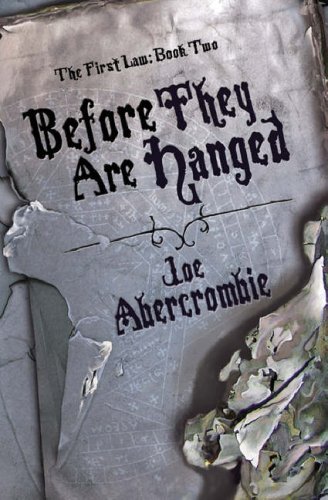 ⭐⭐⭐
⭐⭐⭐
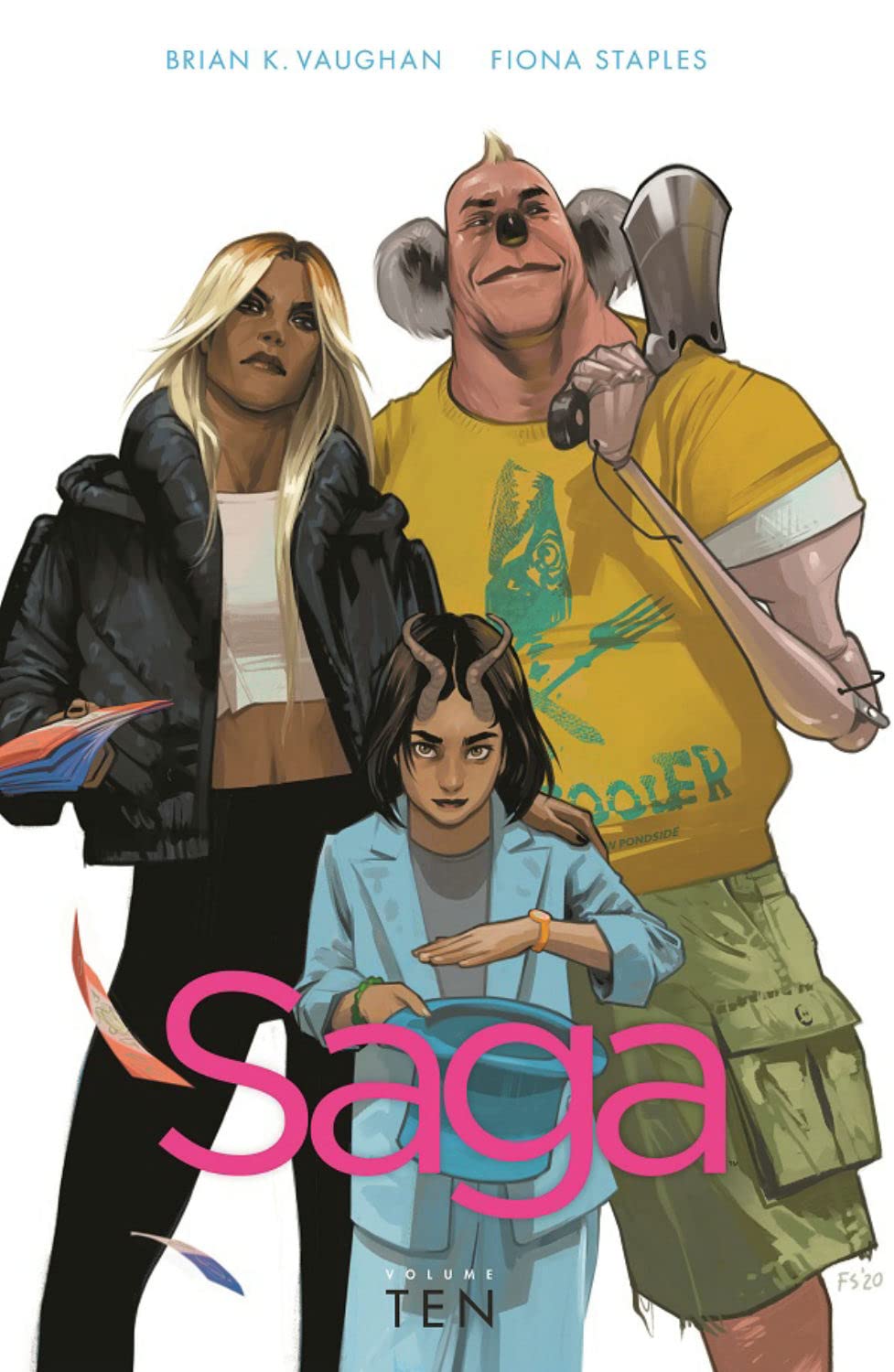 ⭐⭐⭐⭐
⭐⭐⭐⭐
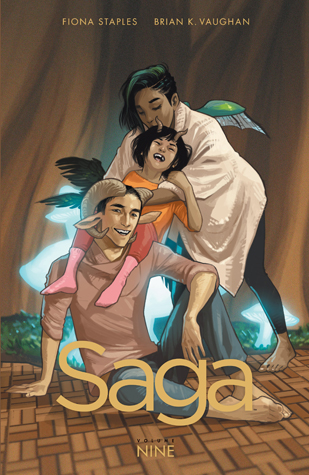 ⭐⭐⭐⭐
⭐⭐⭐⭐
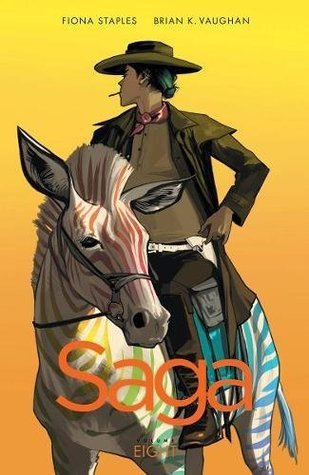 🌟🌟🌟🌟🌟
🌟🌟🌟🌟🌟
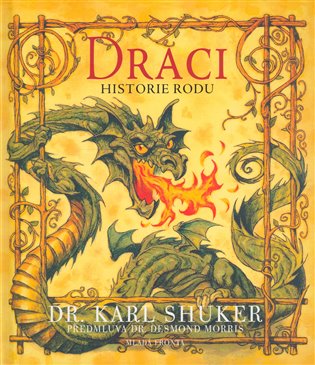
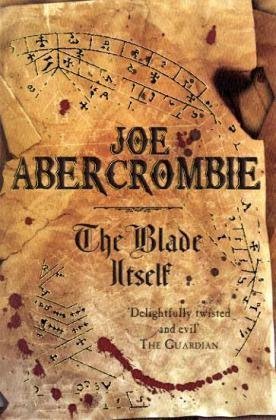 ⭐⭐⭐⭐
⭐⭐⭐⭐
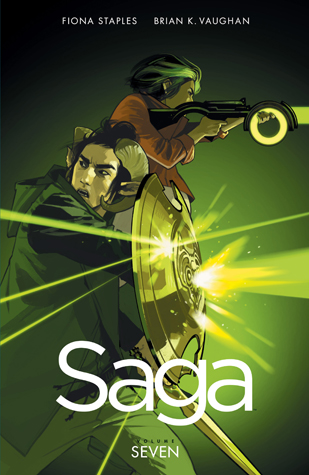 🌟🌟🌟🌟🌟
🌟🌟🌟🌟🌟
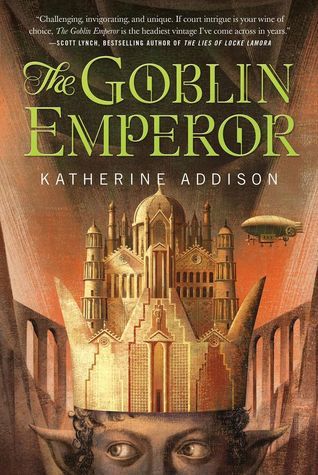 ⭐⭐⭐⭐
⭐⭐⭐⭐
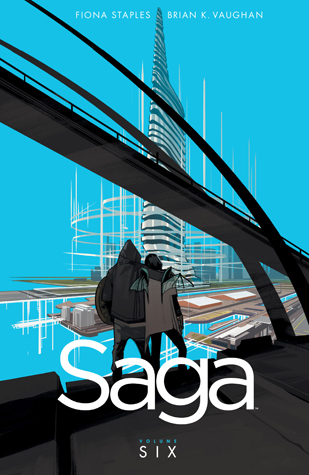 🌟🌟🌟🌟🌟
🌟🌟🌟🌟🌟
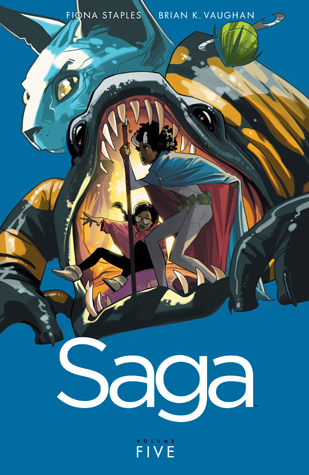 🌟🌟🌟🌟🌟
🌟🌟🌟🌟🌟
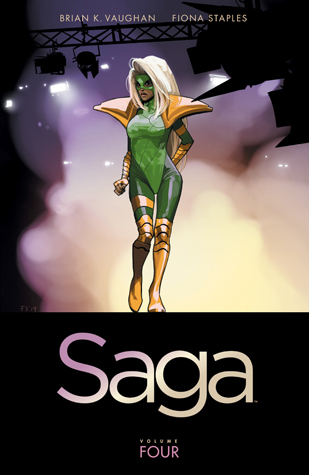 ⭐⭐⭐⭐
⭐⭐⭐⭐
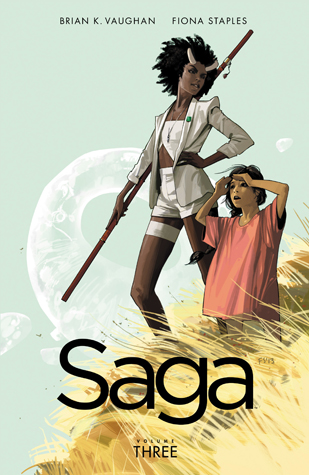 🌟🌟🌟🌟🌟
🌟🌟🌟🌟🌟
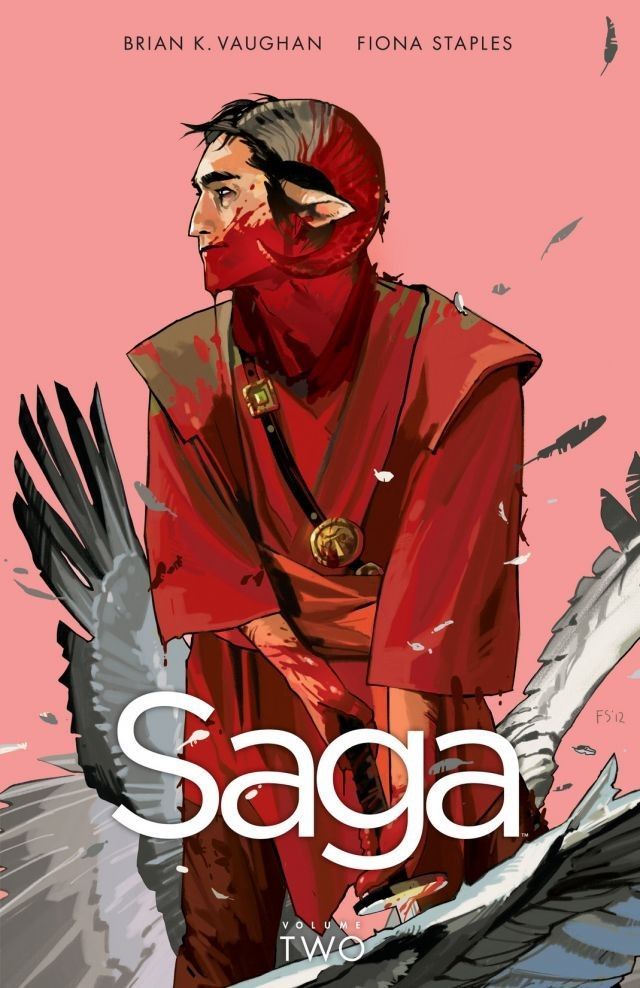 🌟🌟🌟🌟🌟
🌟🌟🌟🌟🌟
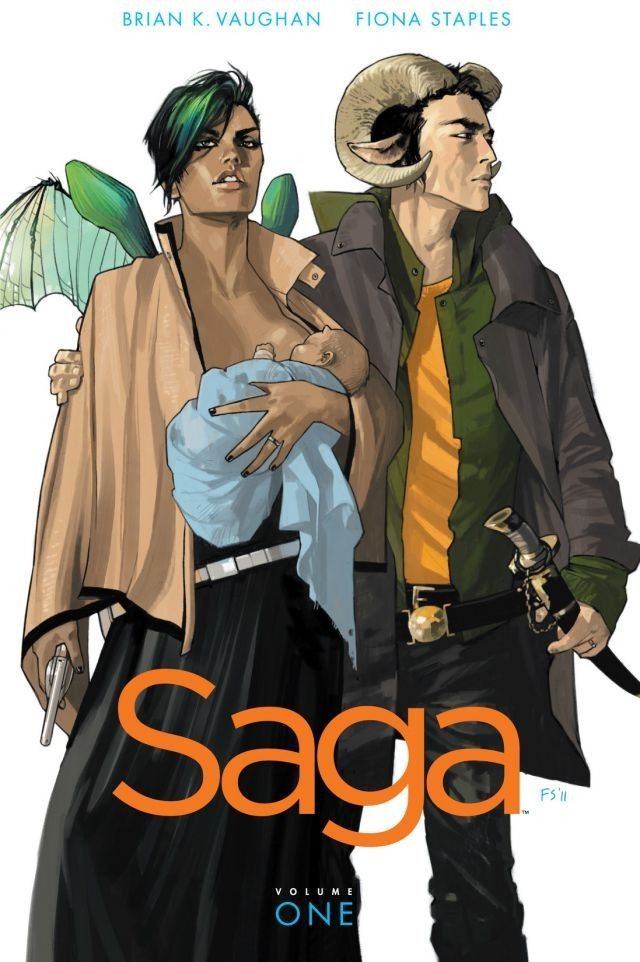 🌟🌟🌟🌟🌟
🌟🌟🌟🌟🌟
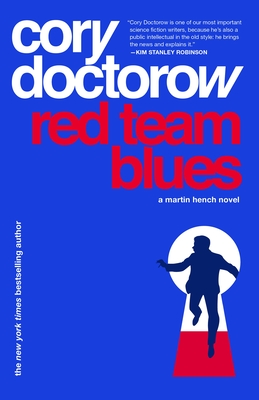 ⭐⭐⭐⭐
⭐⭐⭐⭐
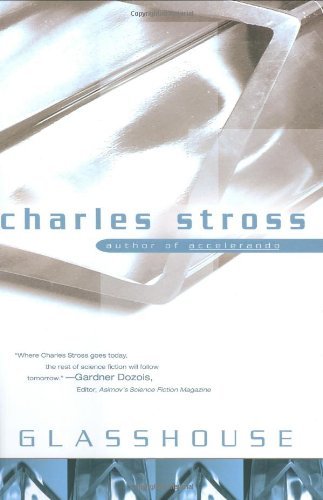 ⭐⭐⭐
⭐⭐⭐
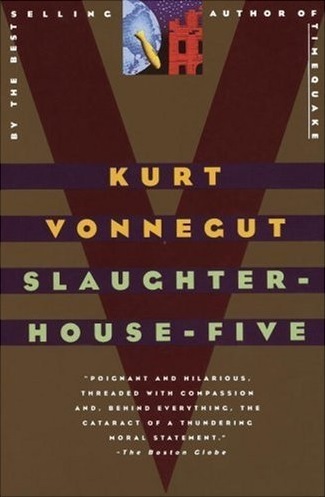 🌟🌟🌟🌟🌟
🌟🌟🌟🌟🌟
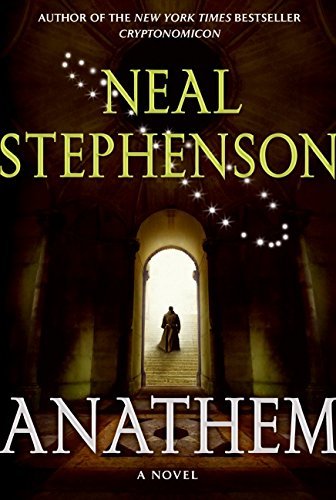 🌟🌟🌟🌟🌟
🌟🌟🌟🌟🌟
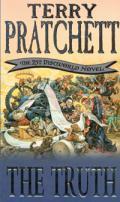 ⭐⭐⭐⭐
⭐⭐⭐⭐
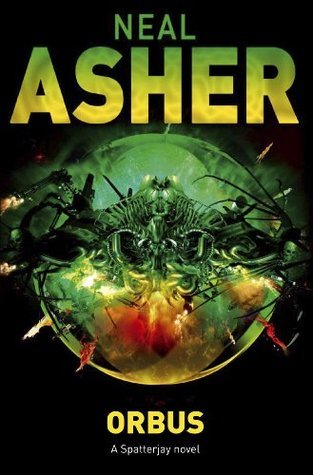 ⭐⭐⭐
⭐⭐⭐
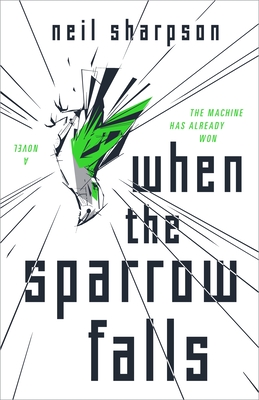 ⭐⭐⭐⭐
⭐⭐⭐⭐
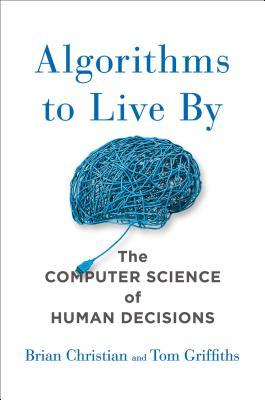 🌟🌟🌟🌟🌟
🌟🌟🌟🌟🌟
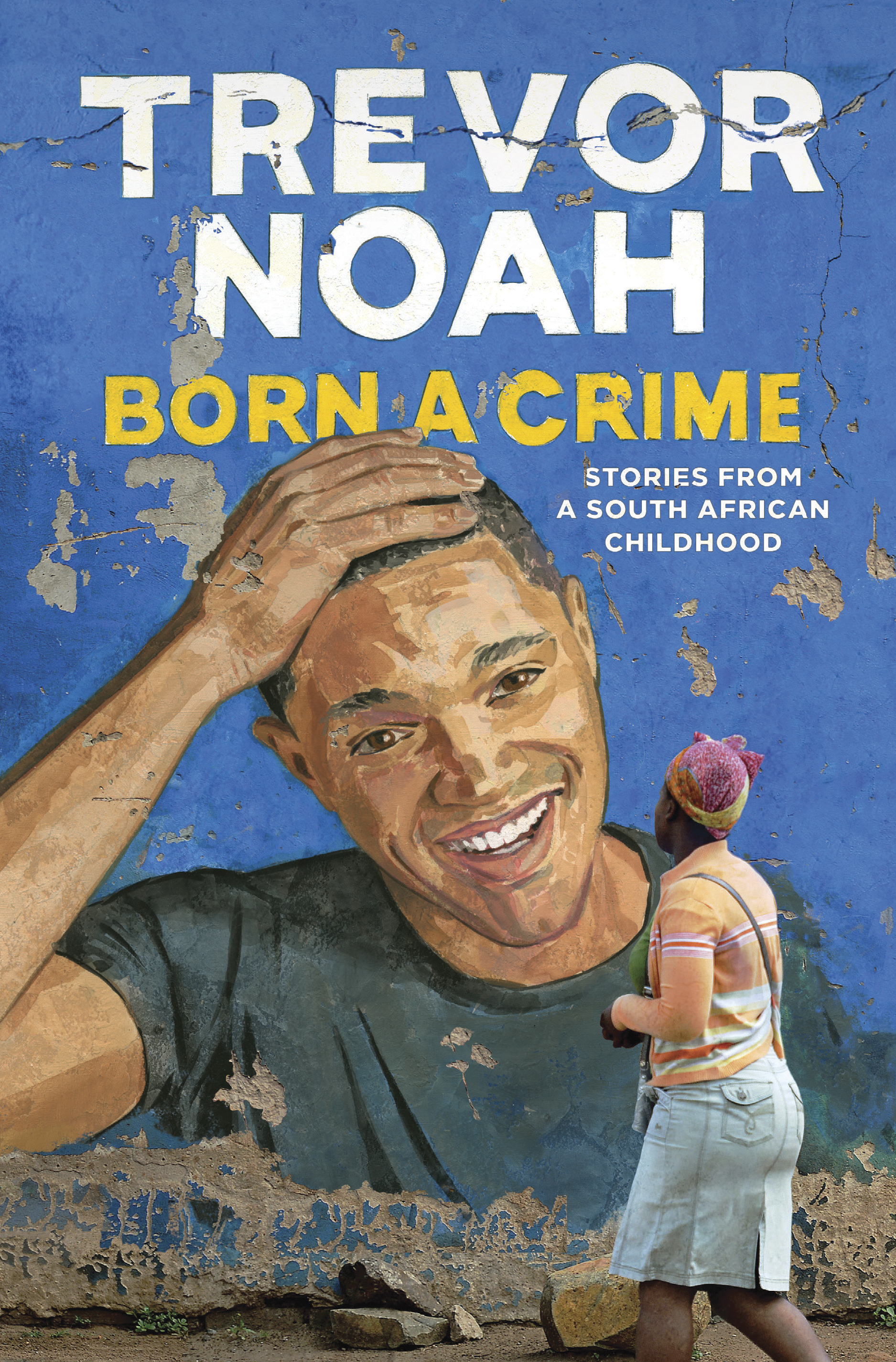 ⭐⭐⭐⭐
⭐⭐⭐⭐
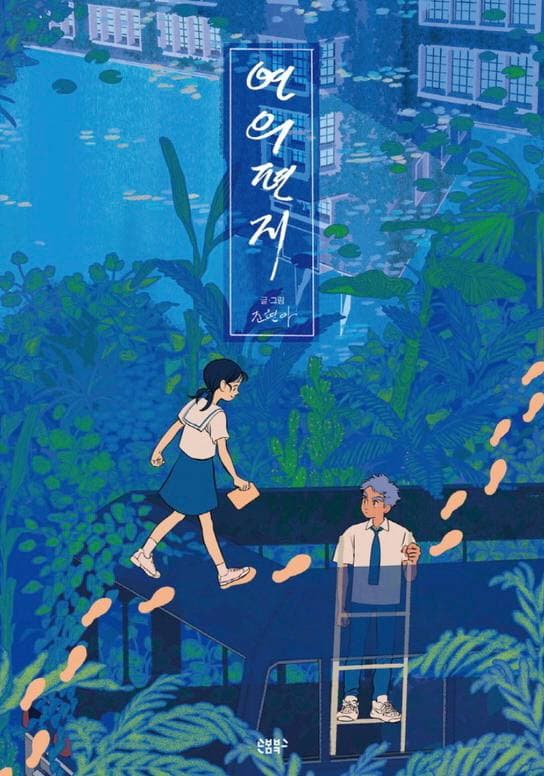 ⭐⭐⭐⭐
⭐⭐⭐⭐
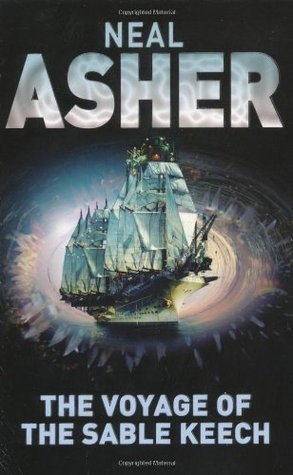 ⭐⭐⭐⭐
⭐⭐⭐⭐
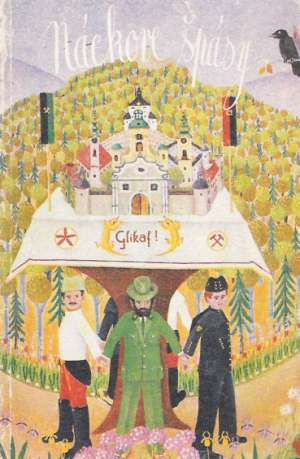 🌟🌟🌟🌟🌟
🌟🌟🌟🌟🌟
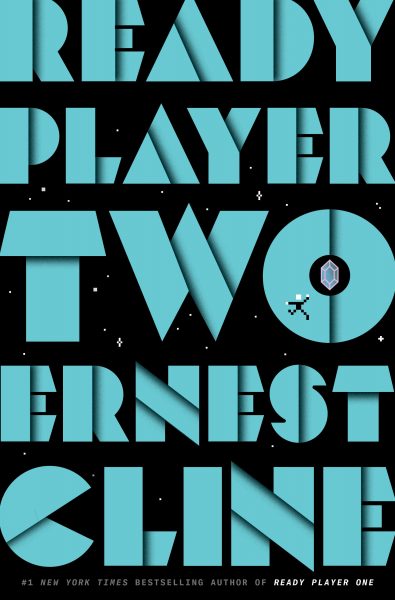 ⭐⭐
⭐⭐
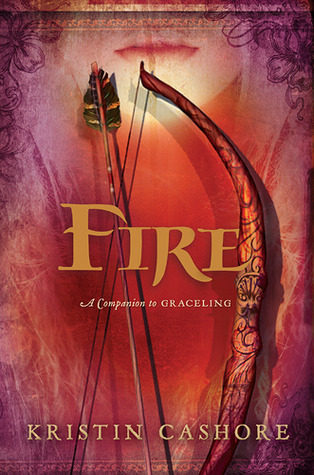 ⭐⭐⭐
⭐⭐⭐
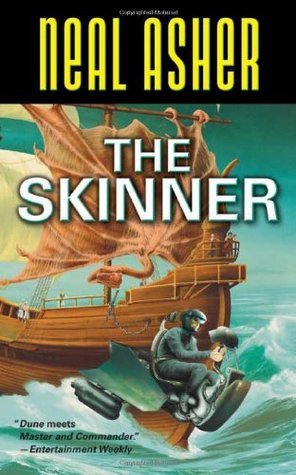 ⭐⭐⭐⭐
⭐⭐⭐⭐
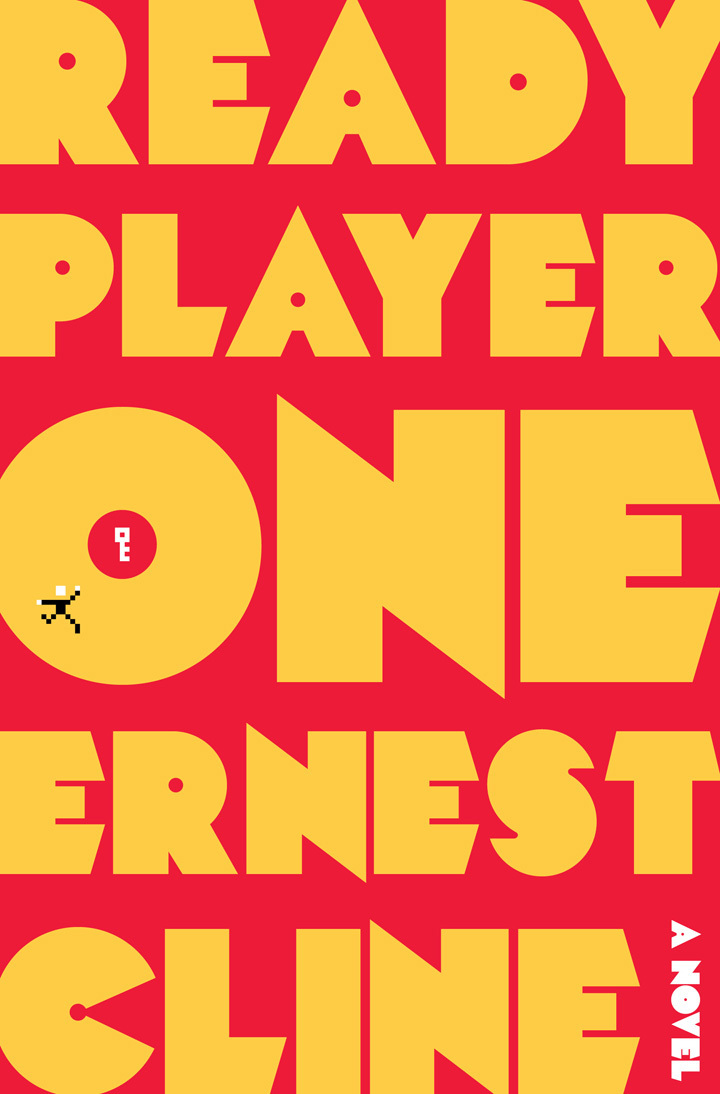 ⭐⭐⭐⭐
⭐⭐⭐⭐
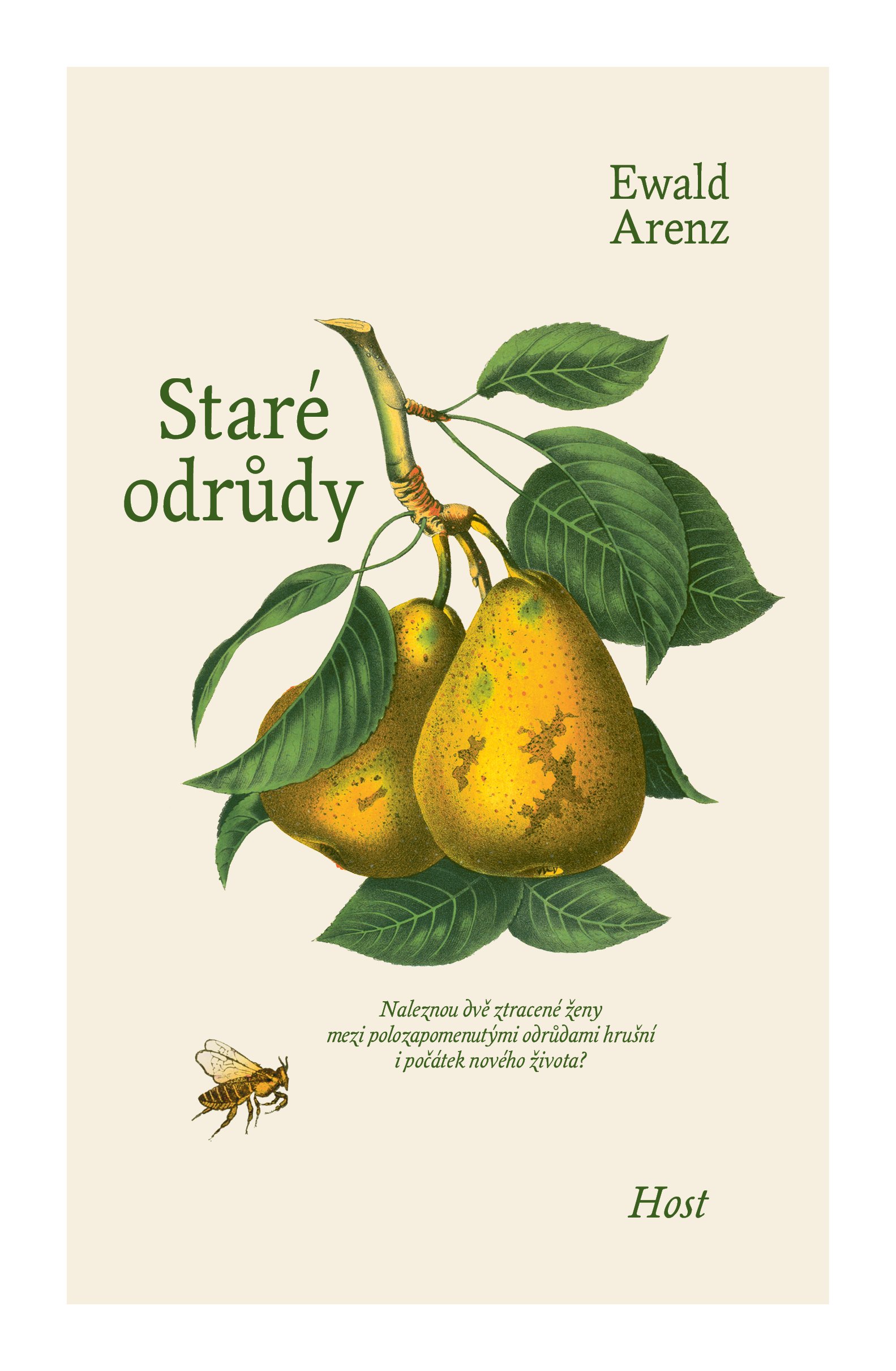 🌟🌟🌟🌟🌟
🌟🌟🌟🌟🌟
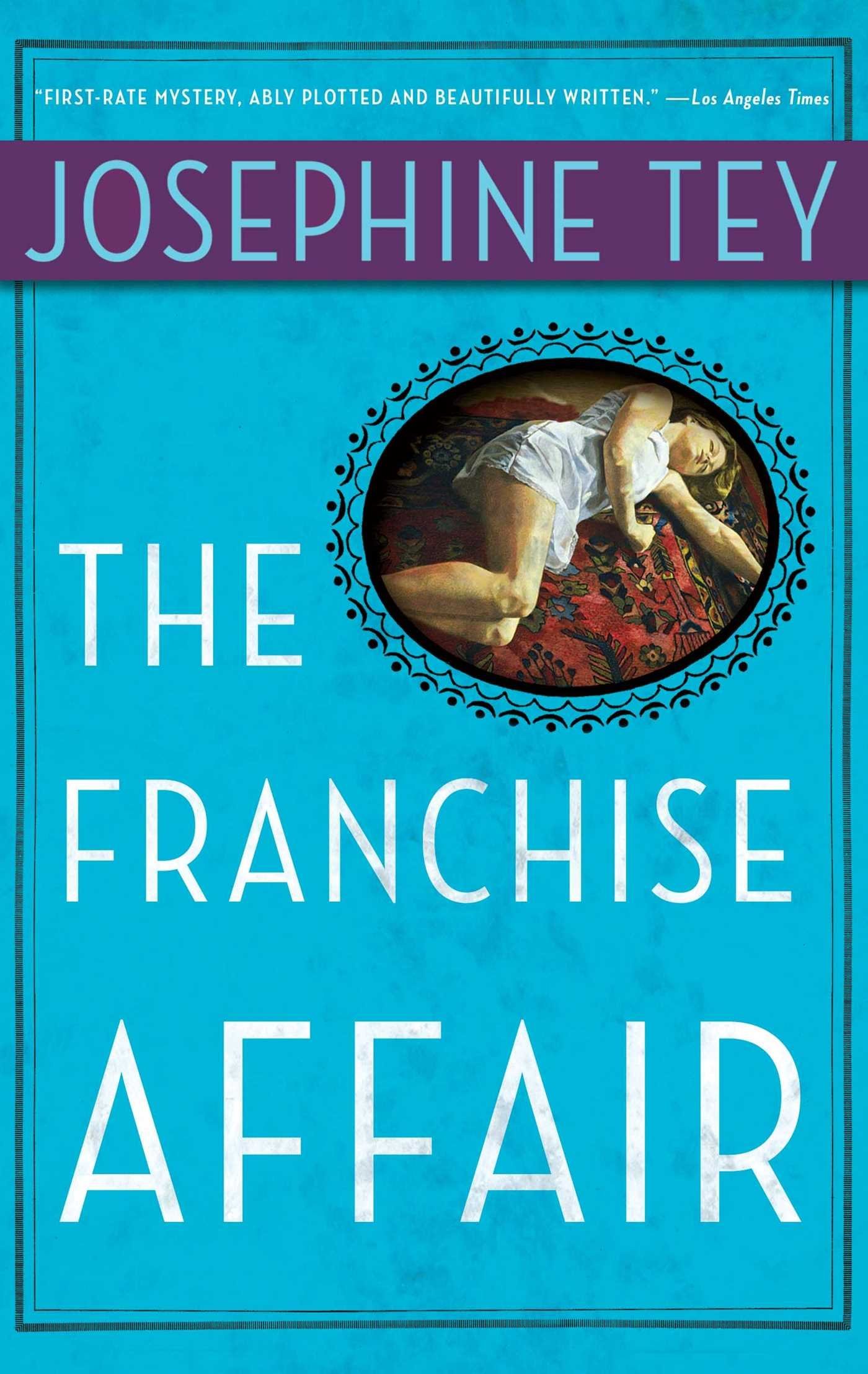 ⭐⭐⭐
⭐⭐⭐
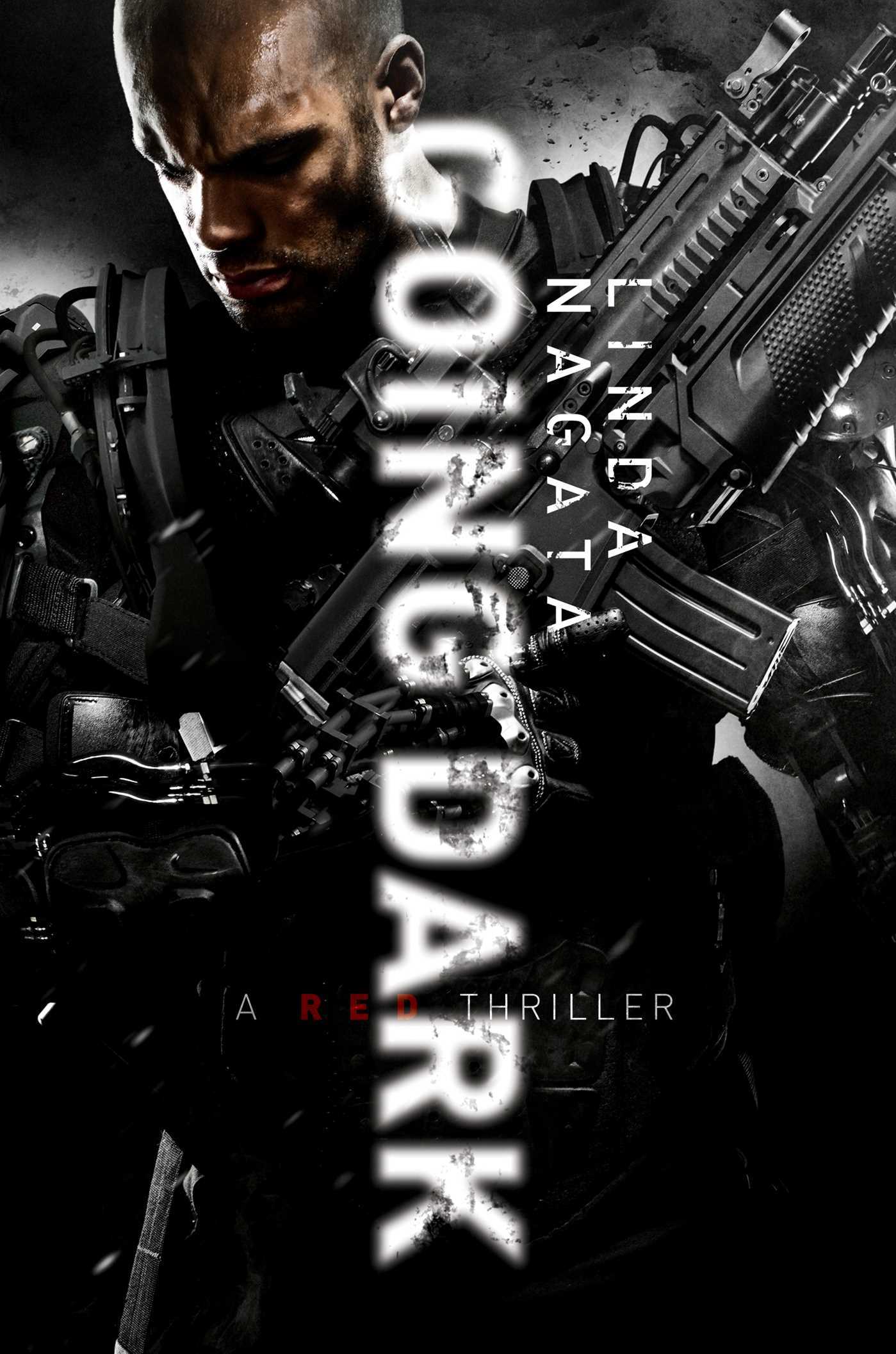 ⭐⭐⭐
⭐⭐⭐
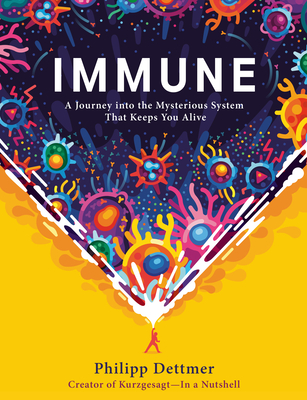 🌟🌟🌟🌟🌟
🌟🌟🌟🌟🌟
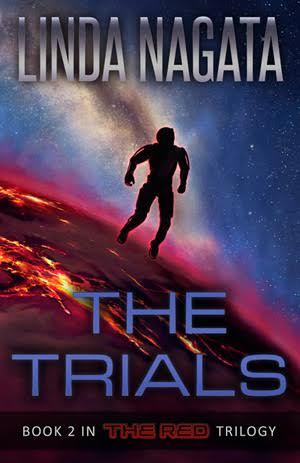 ⭐⭐⭐⭐
⭐⭐⭐⭐